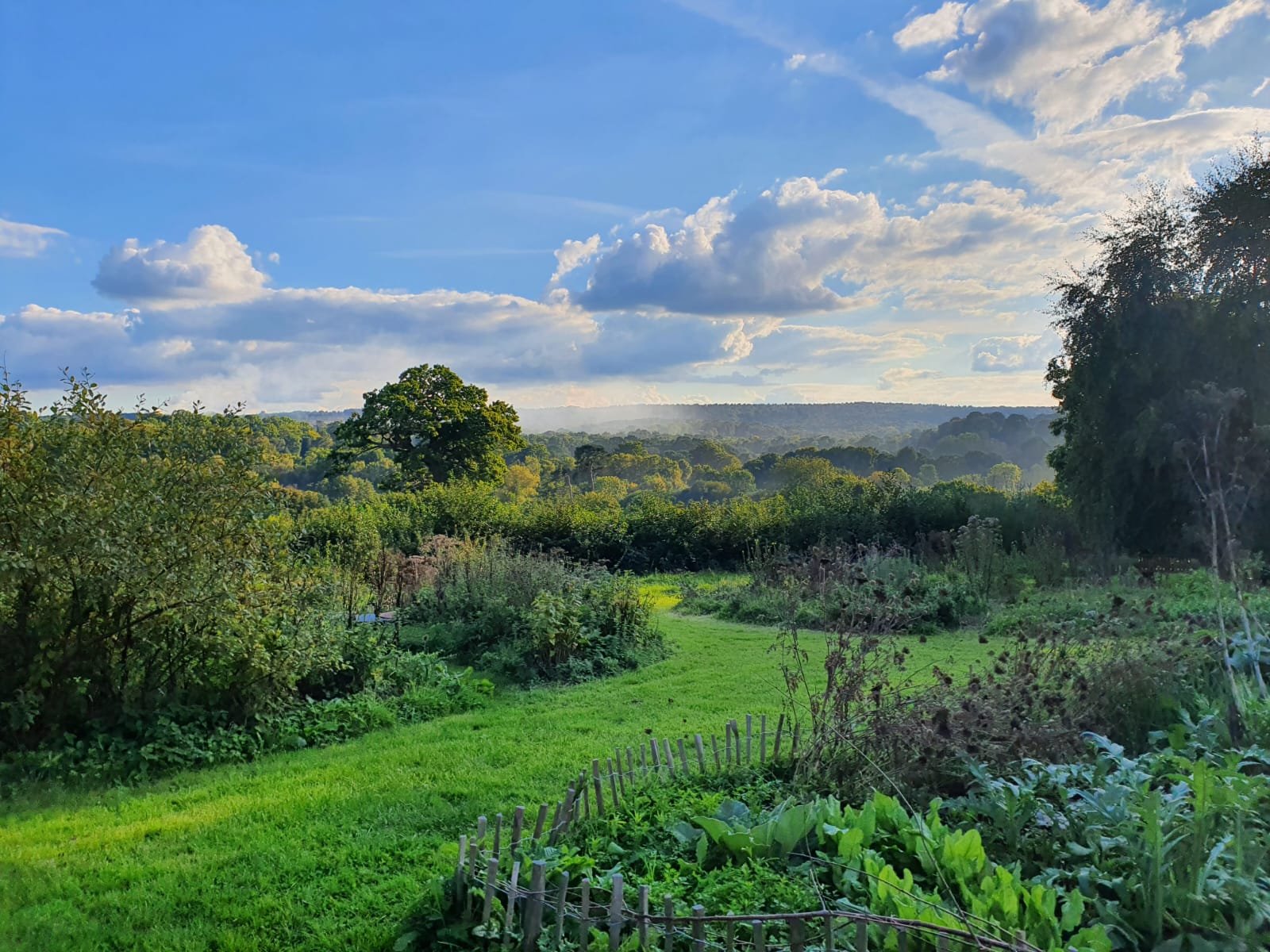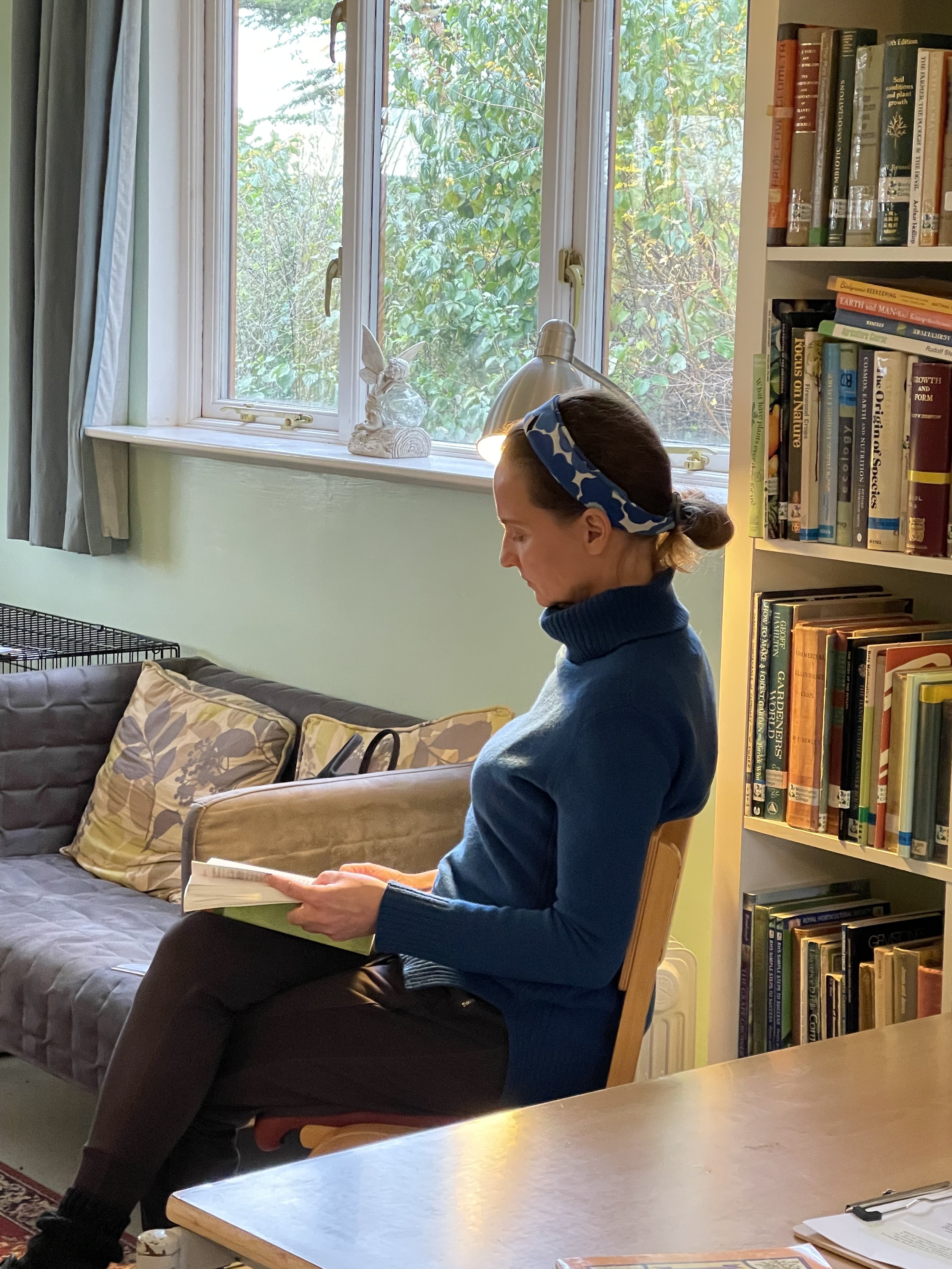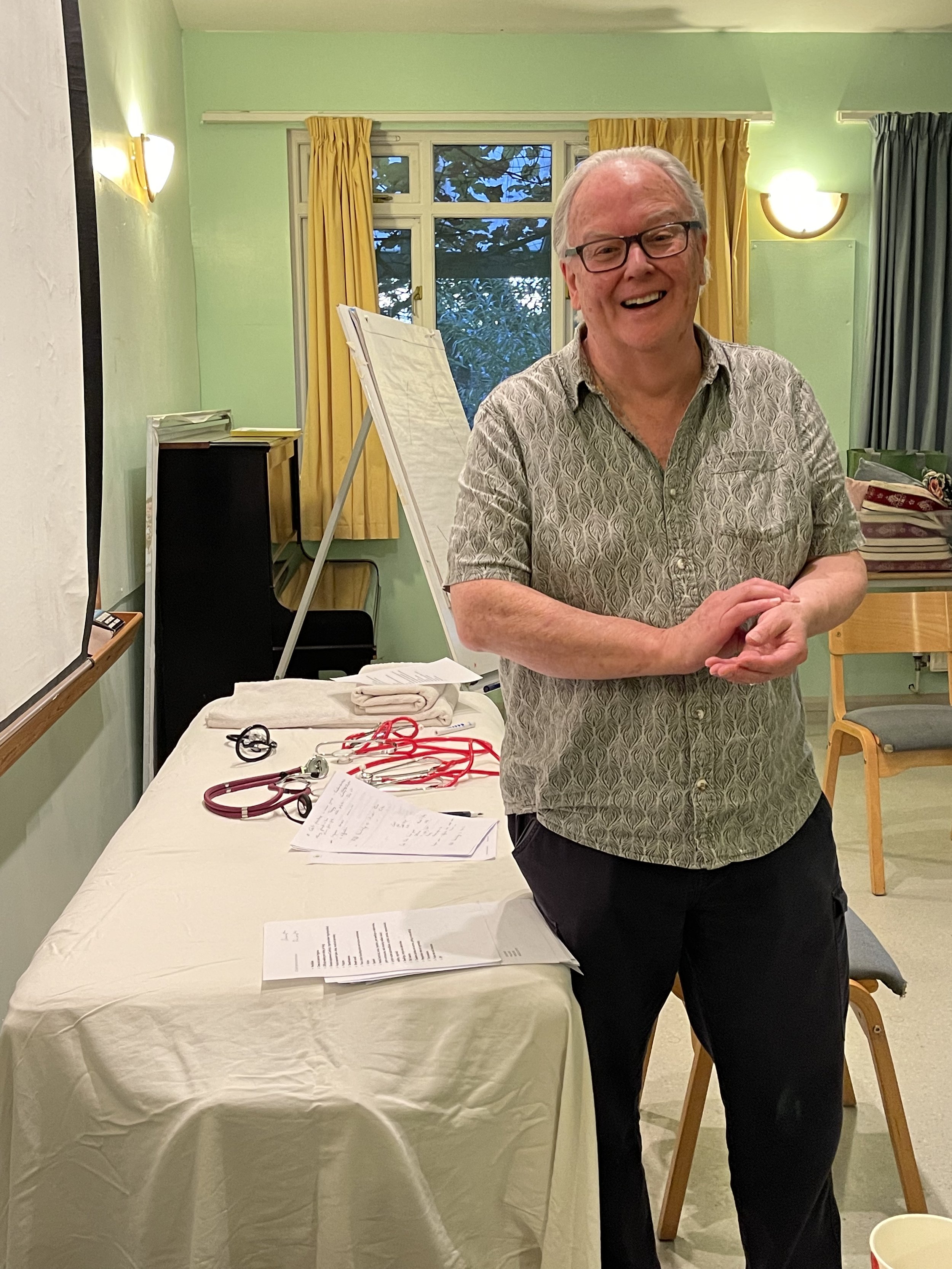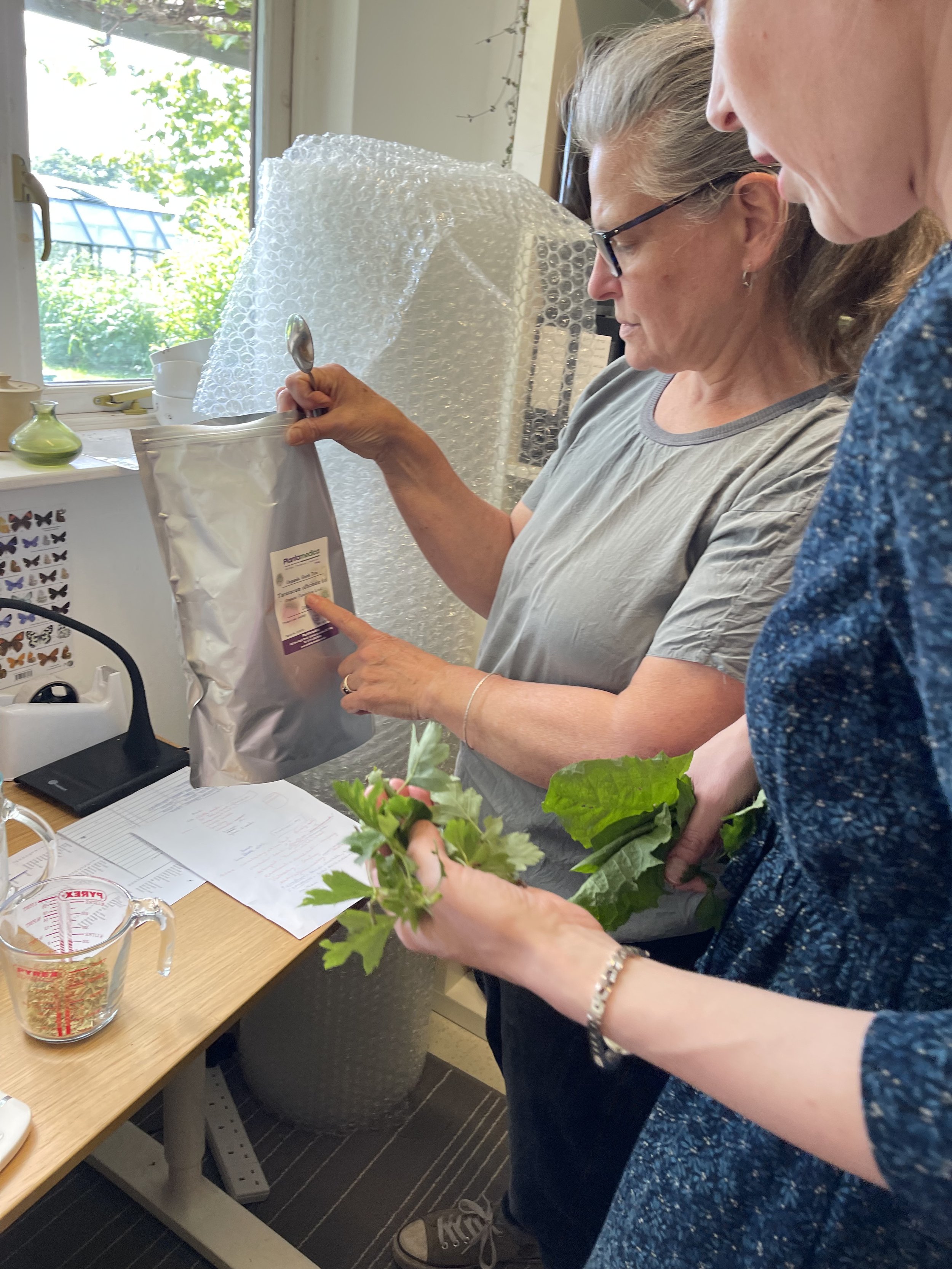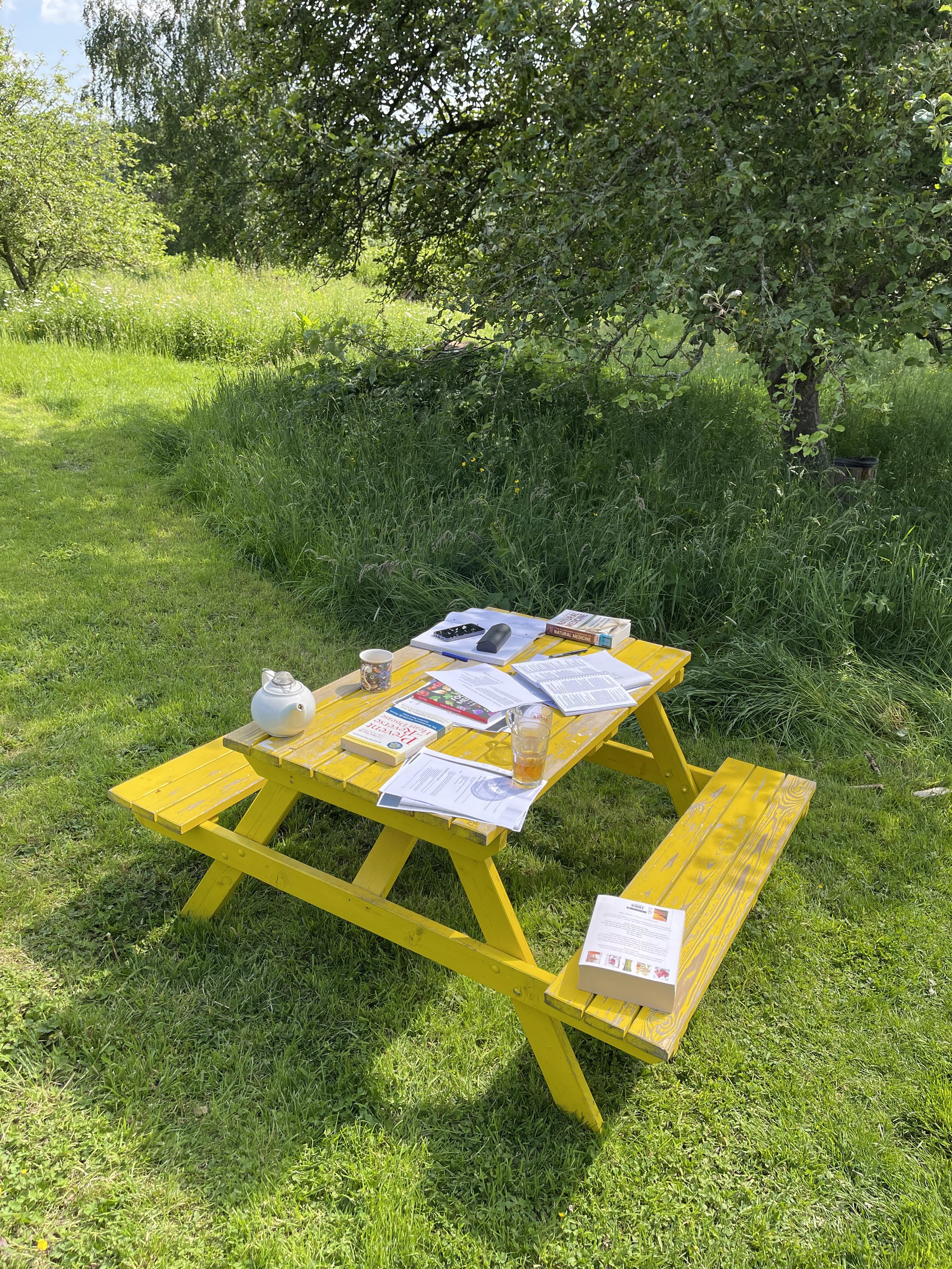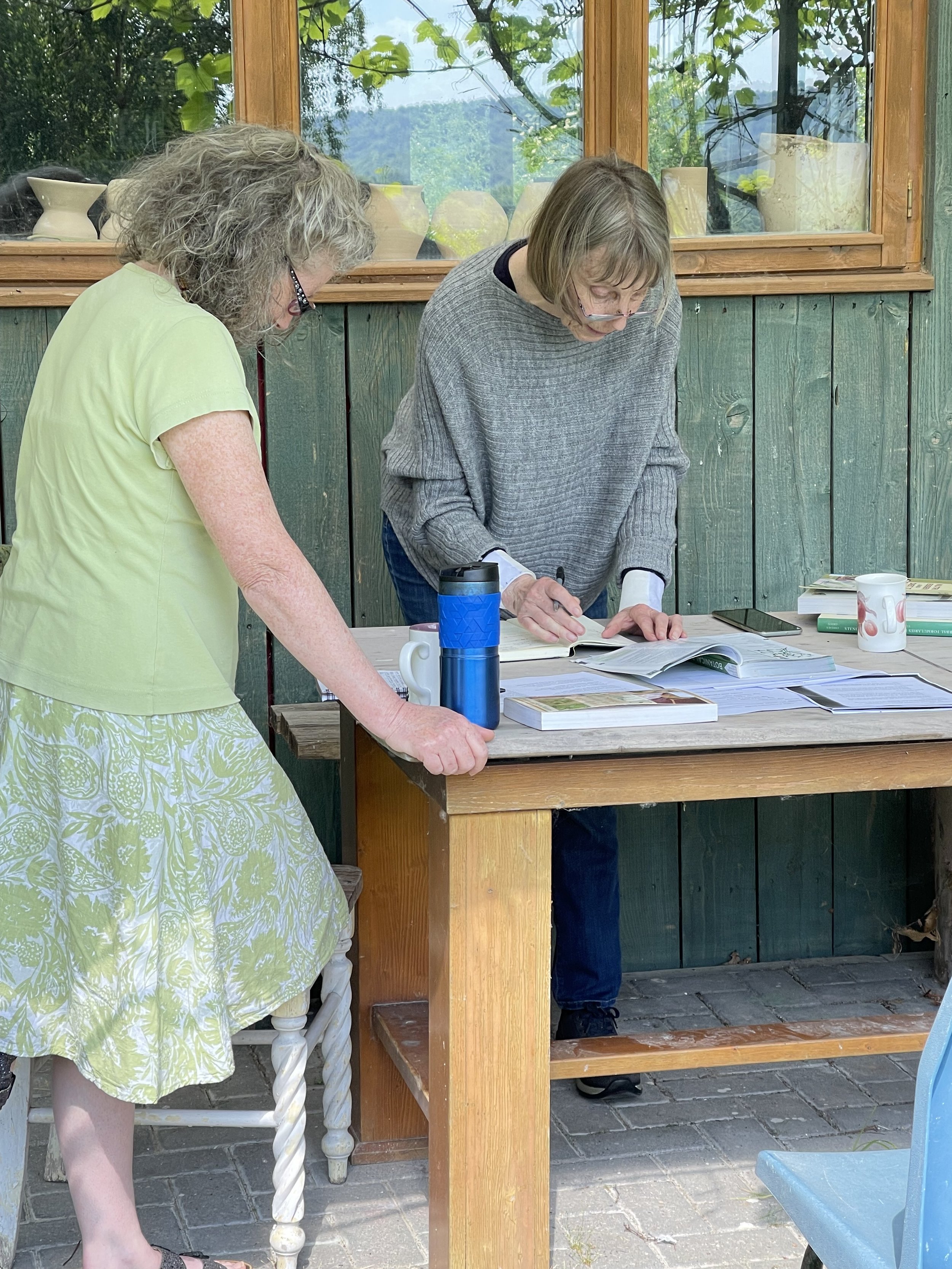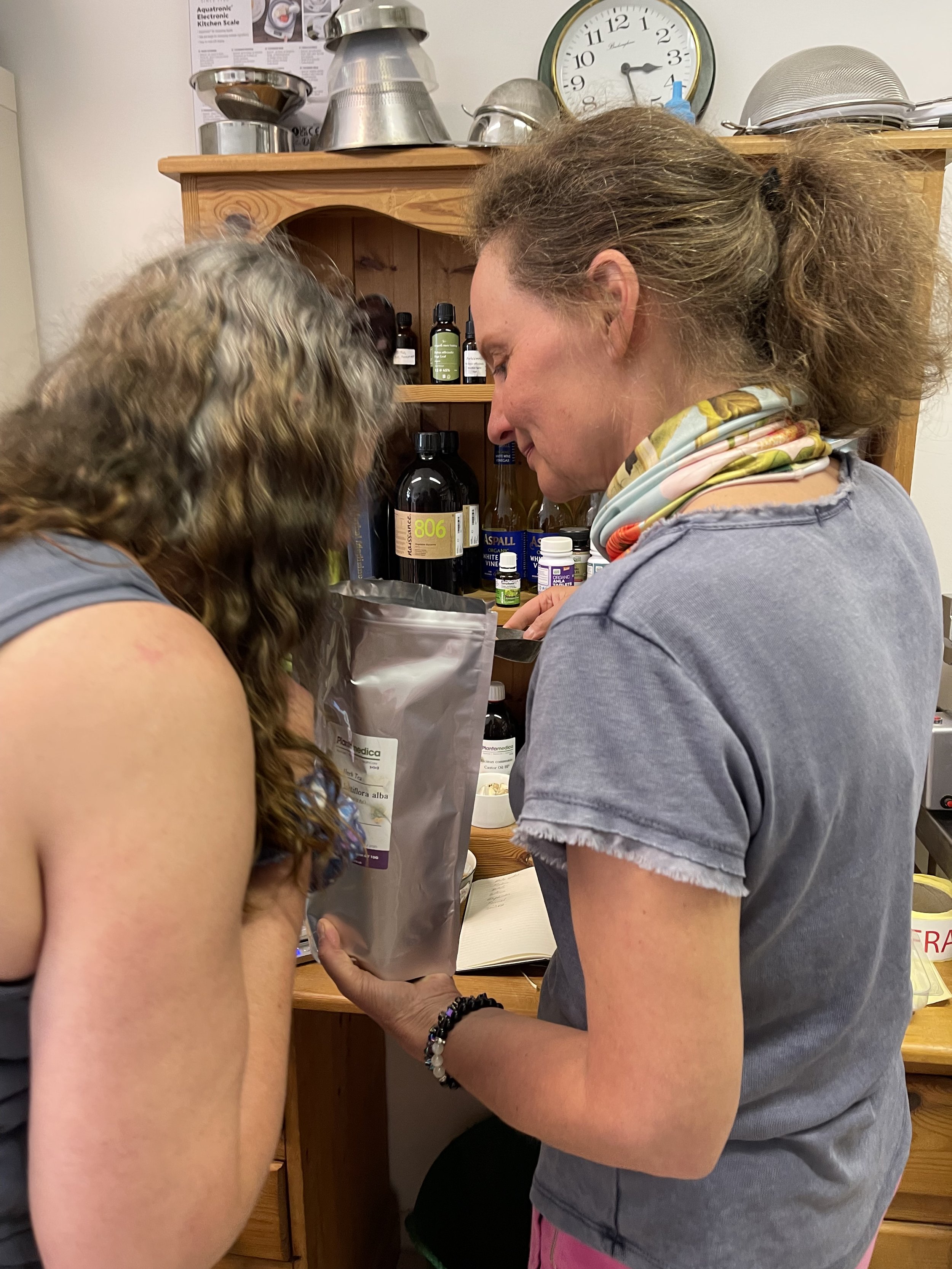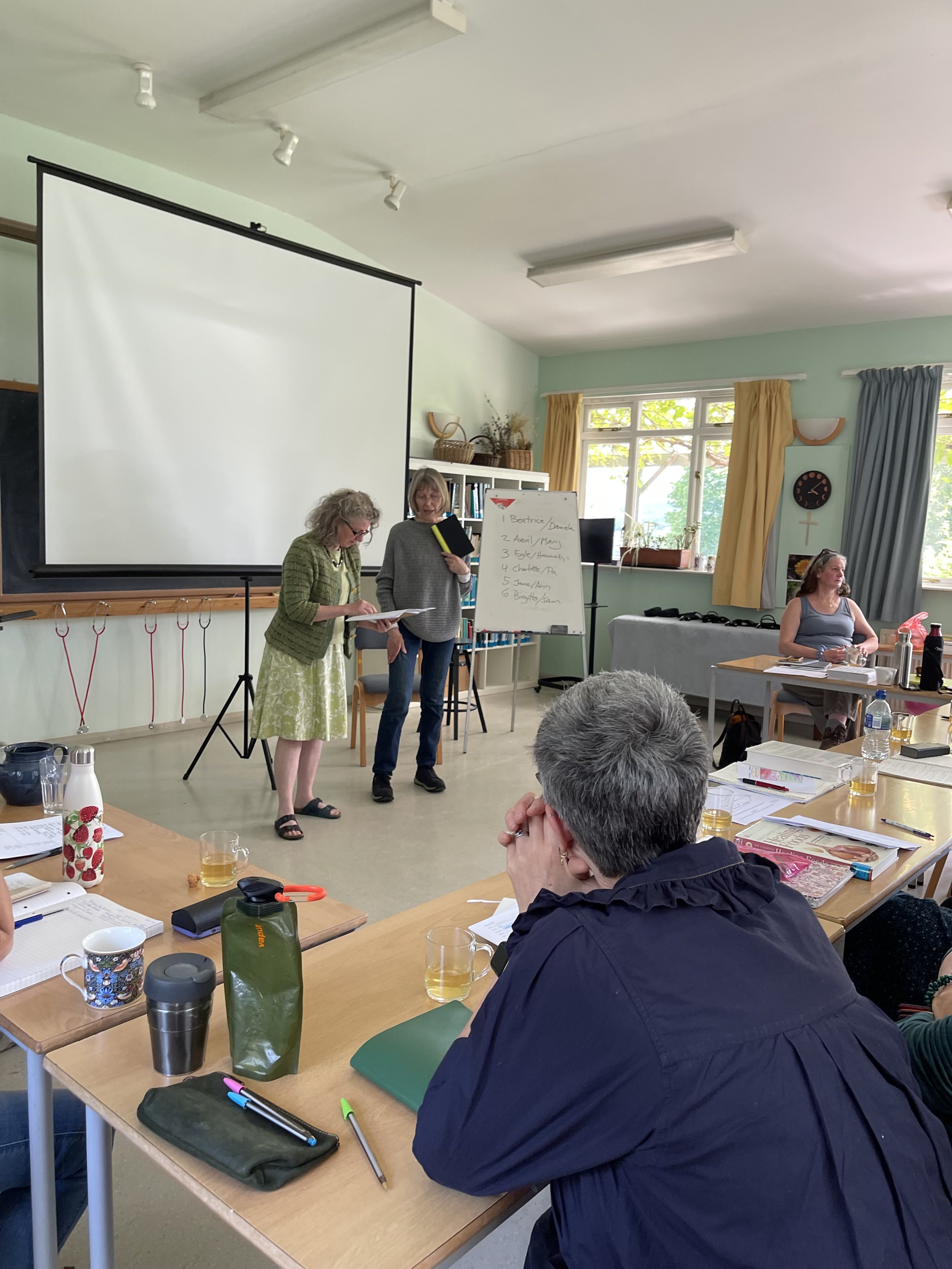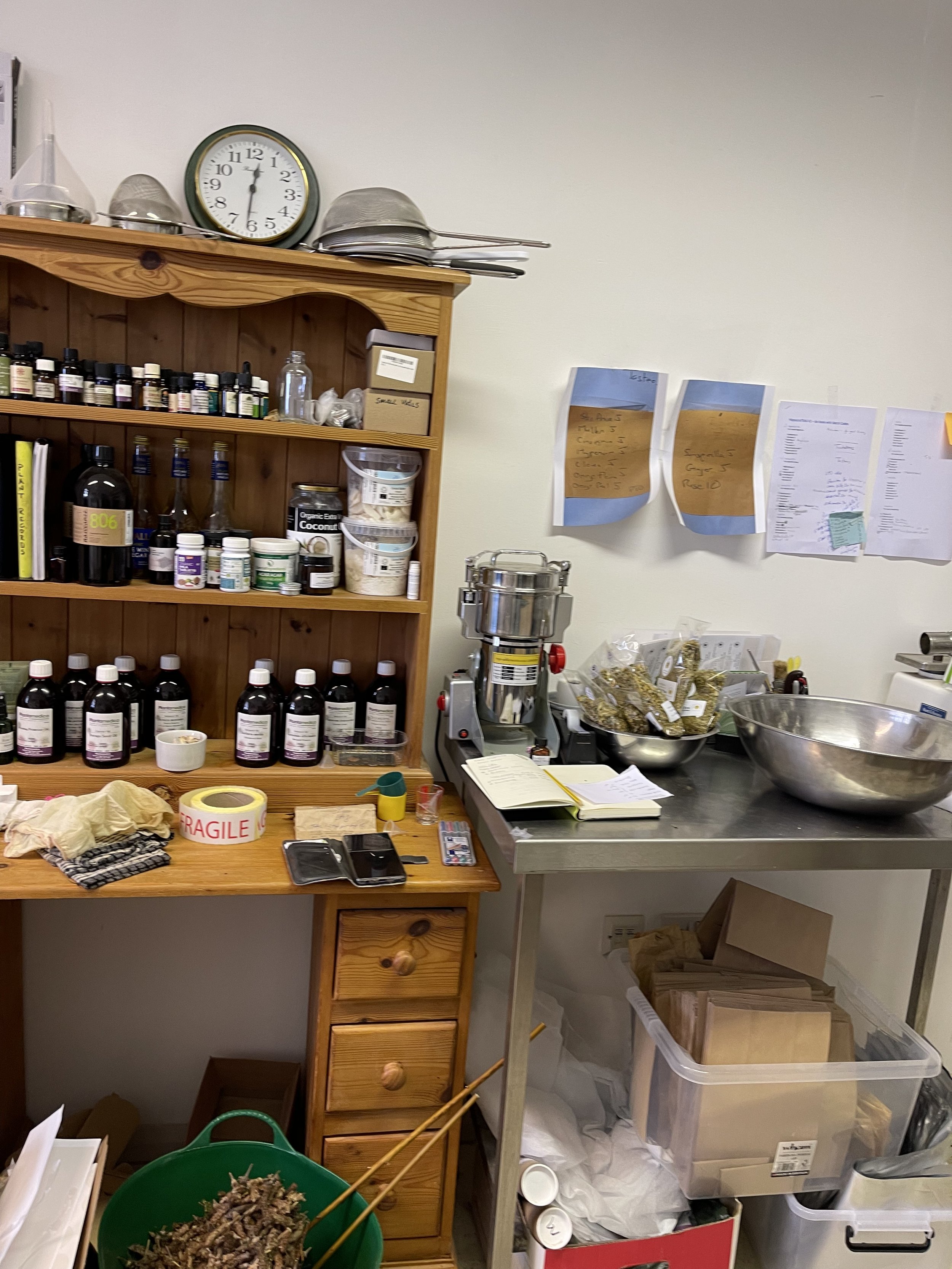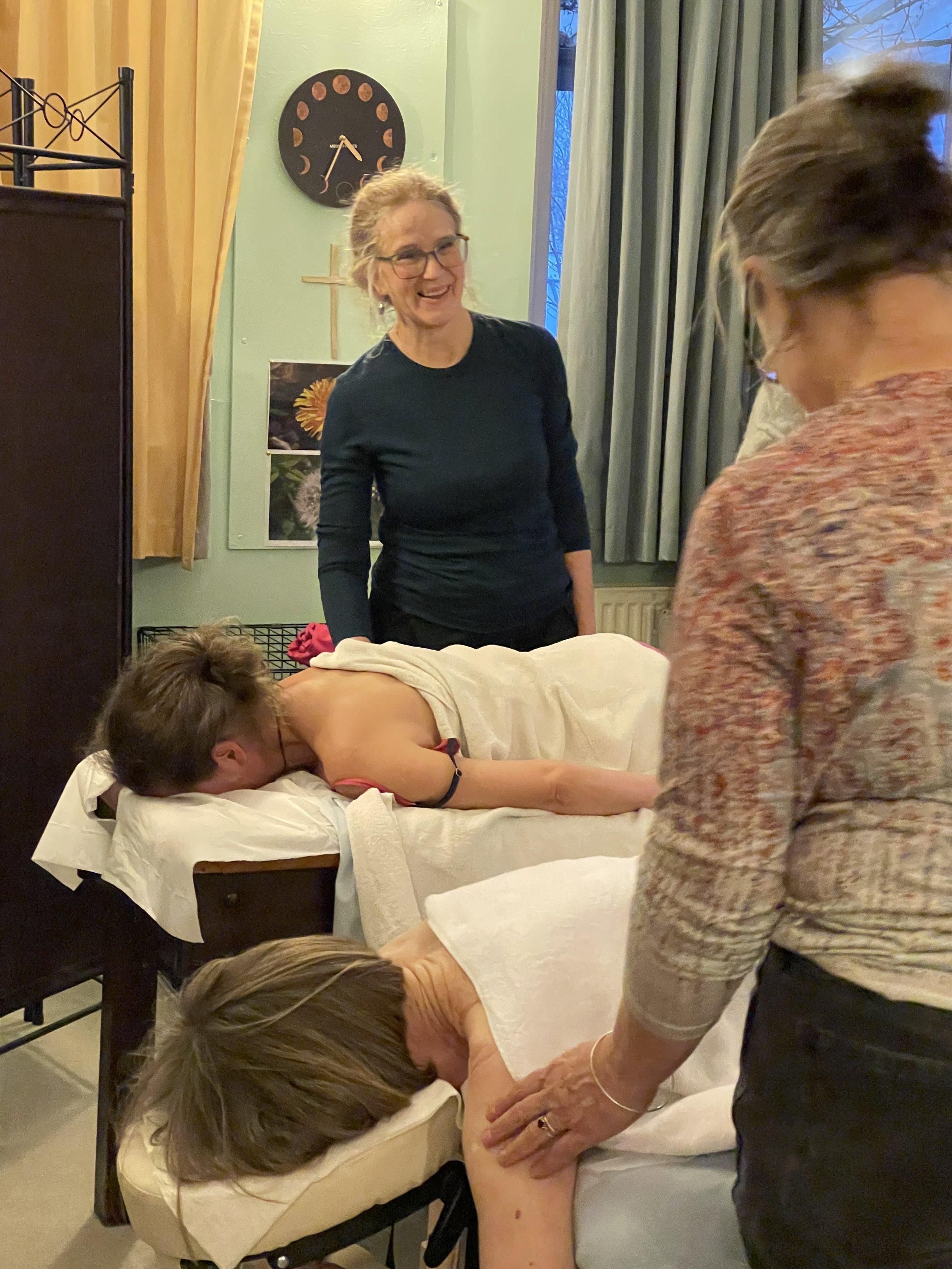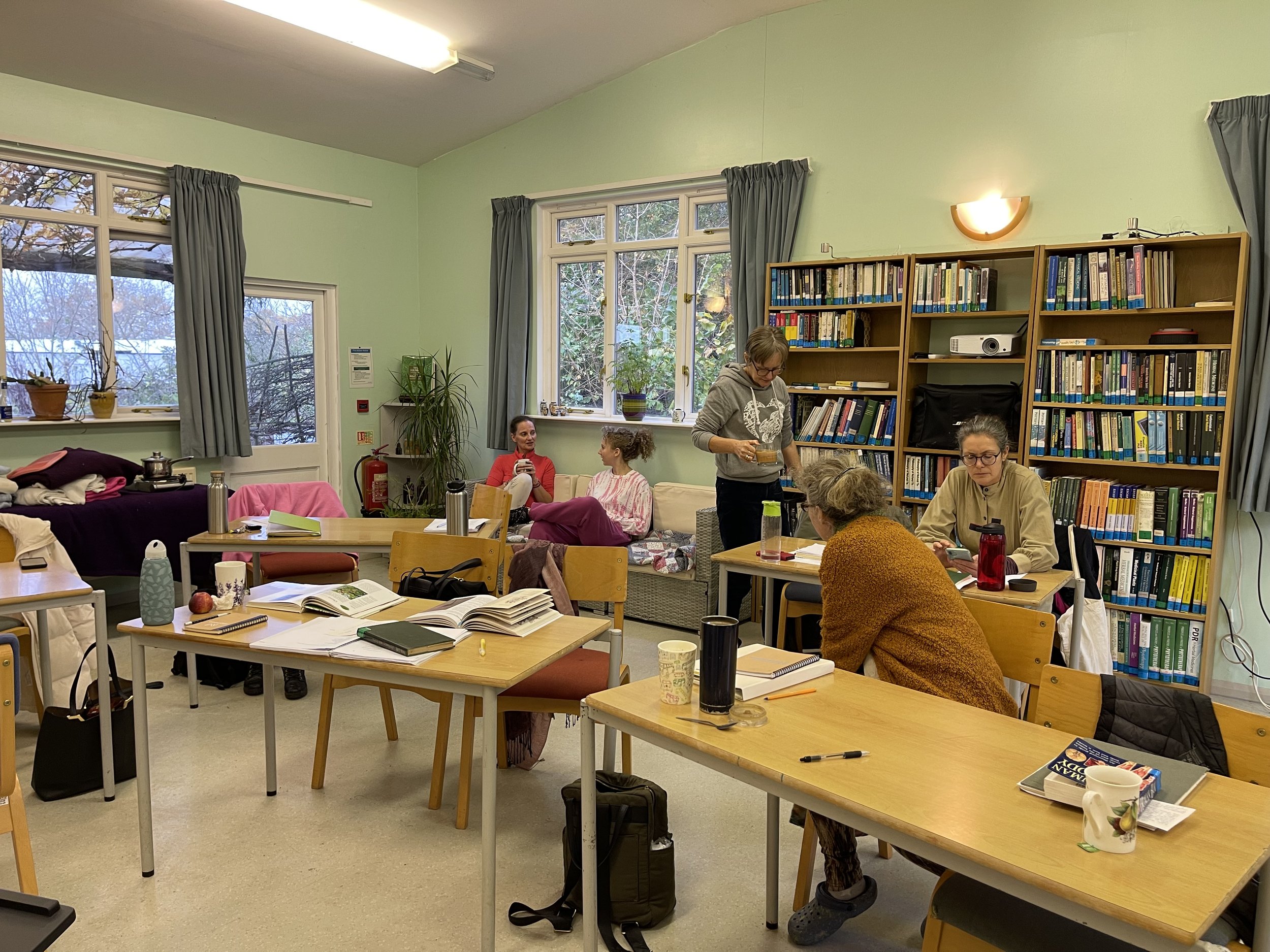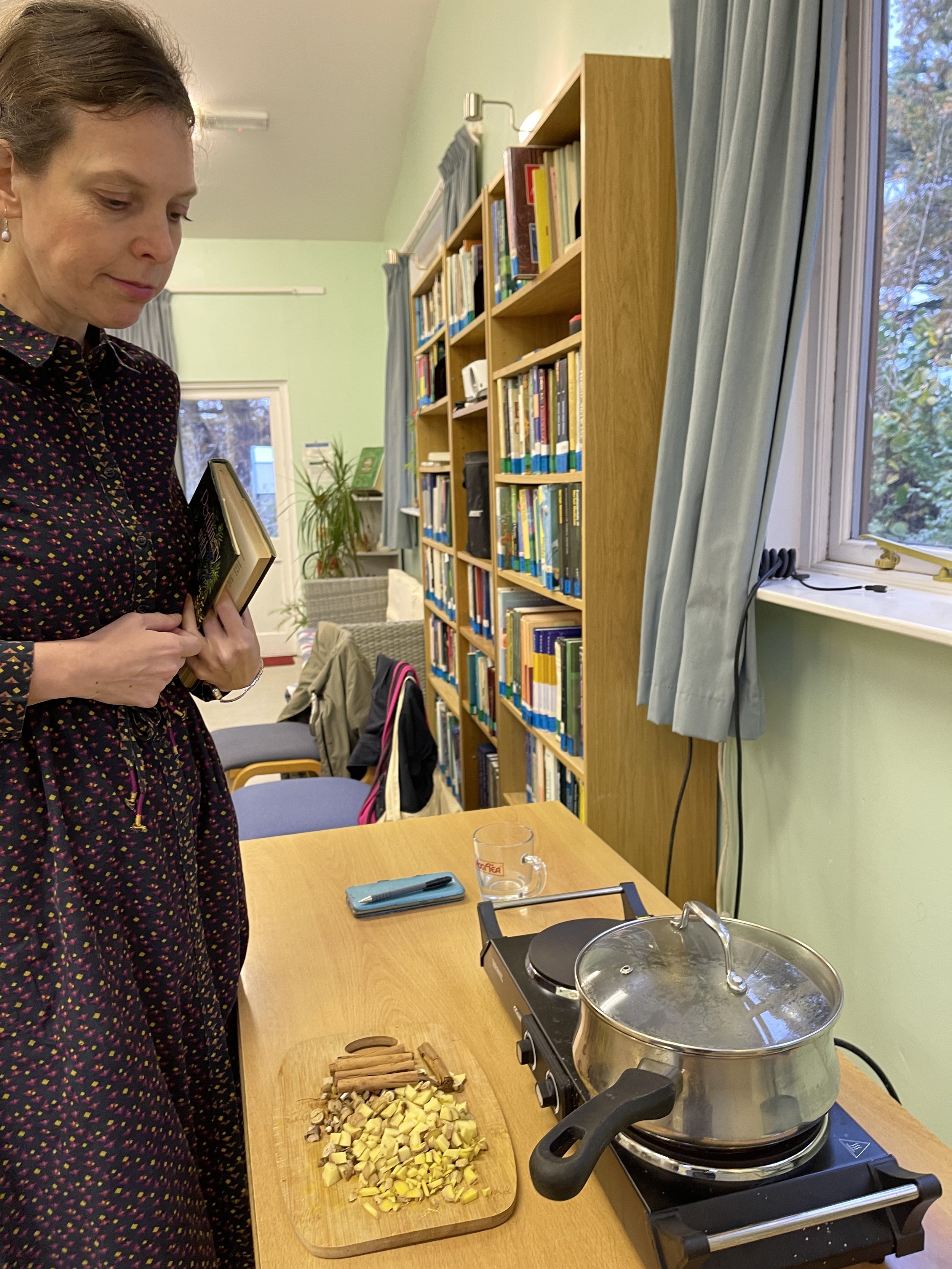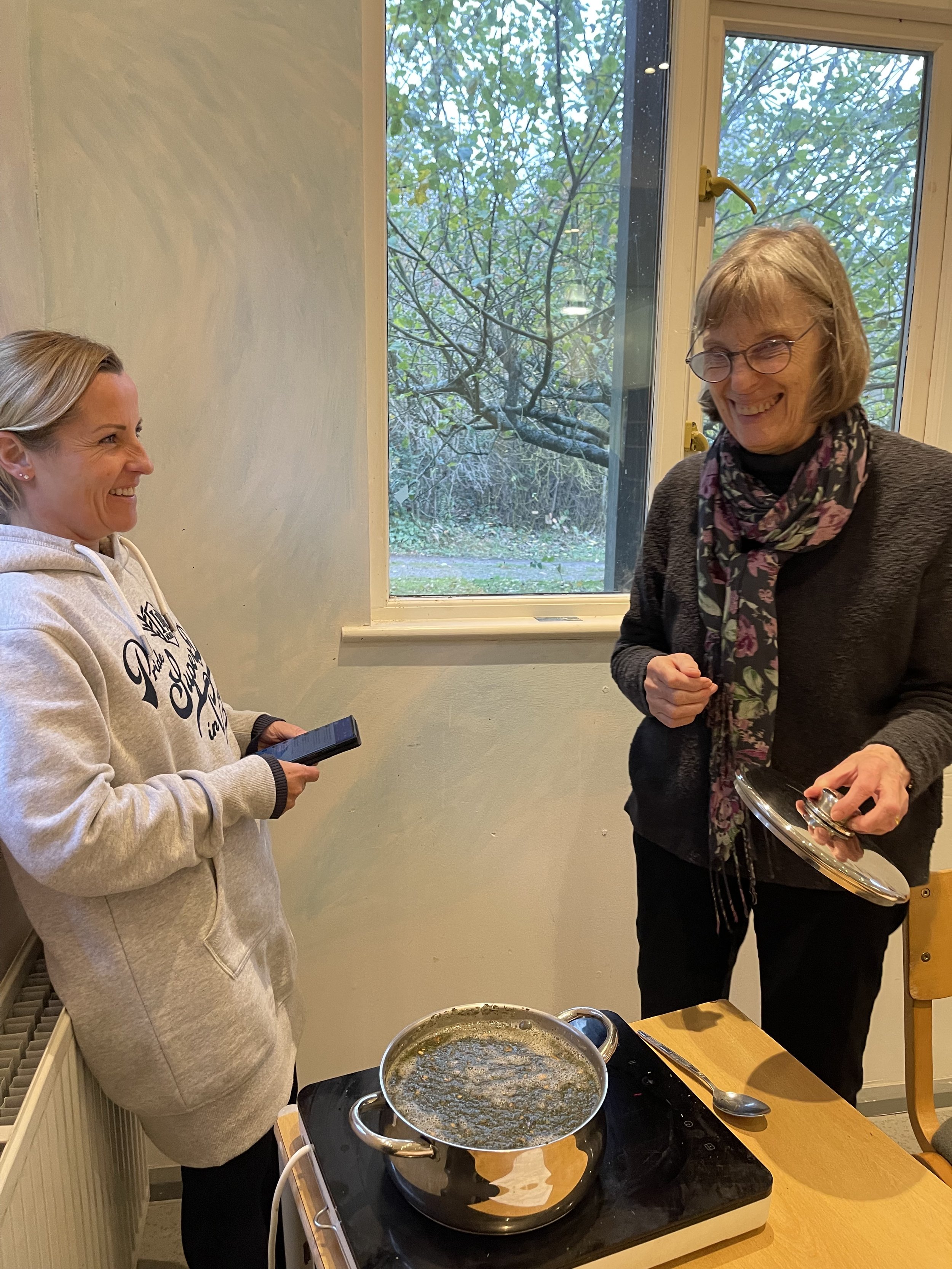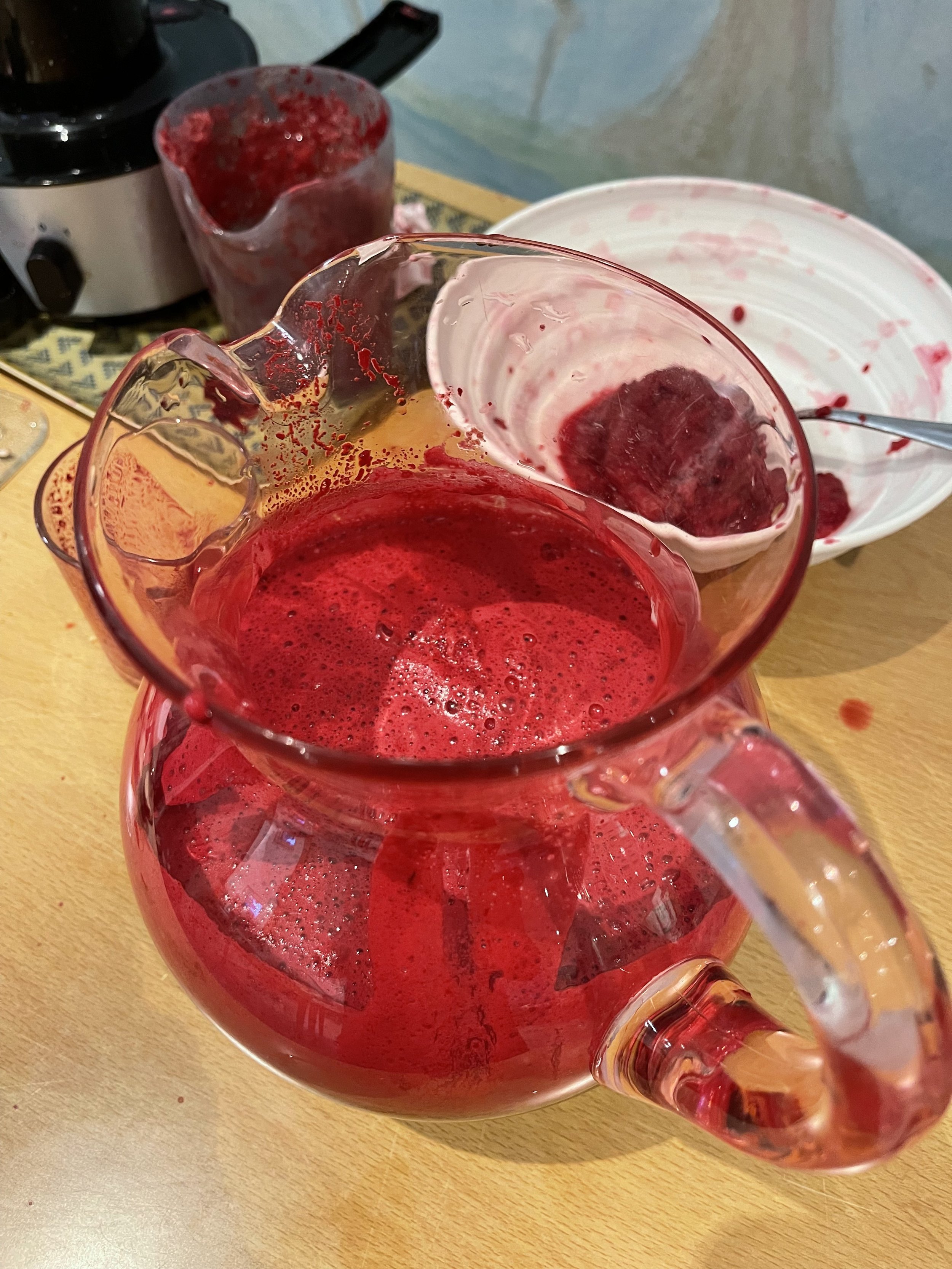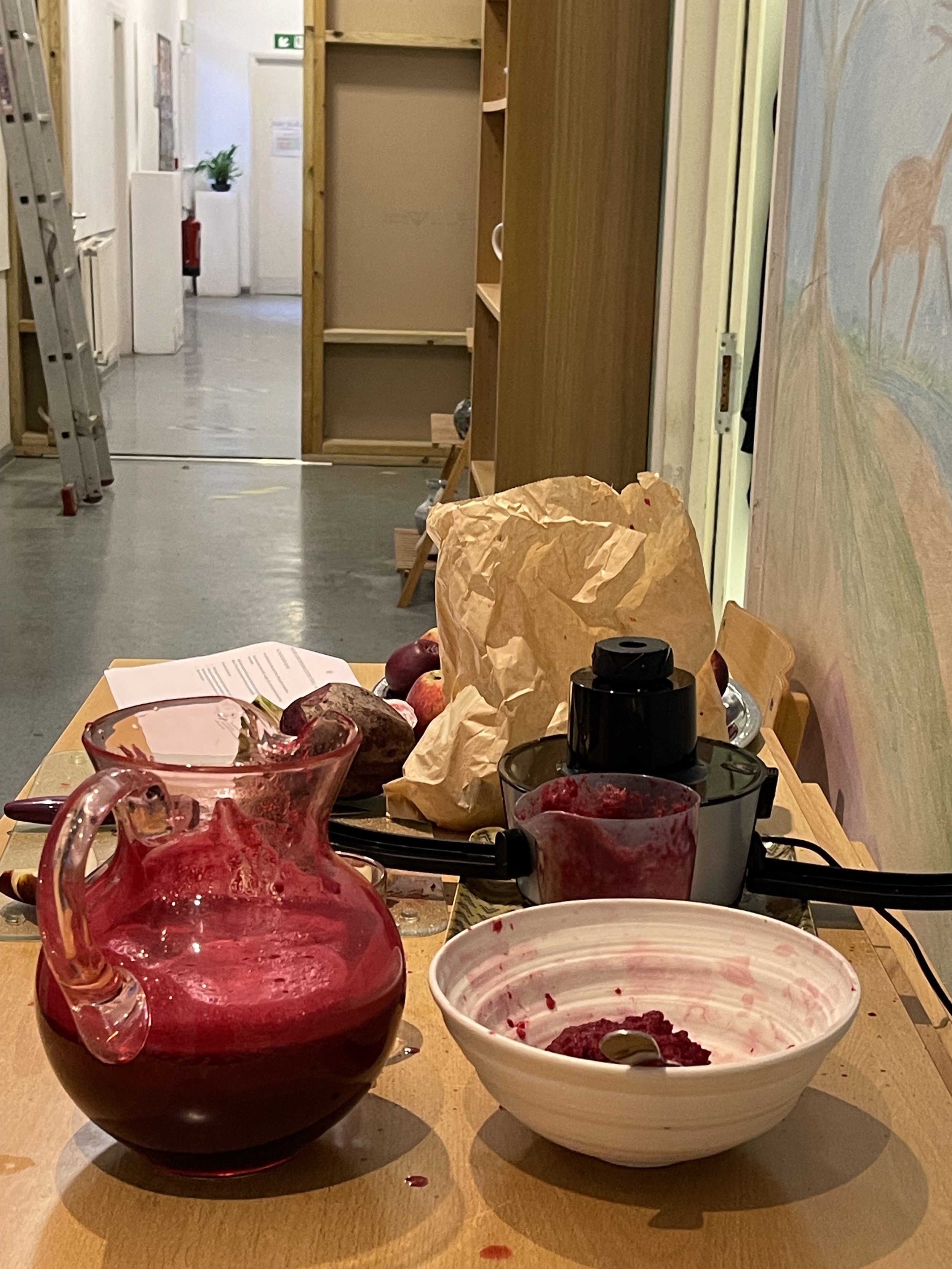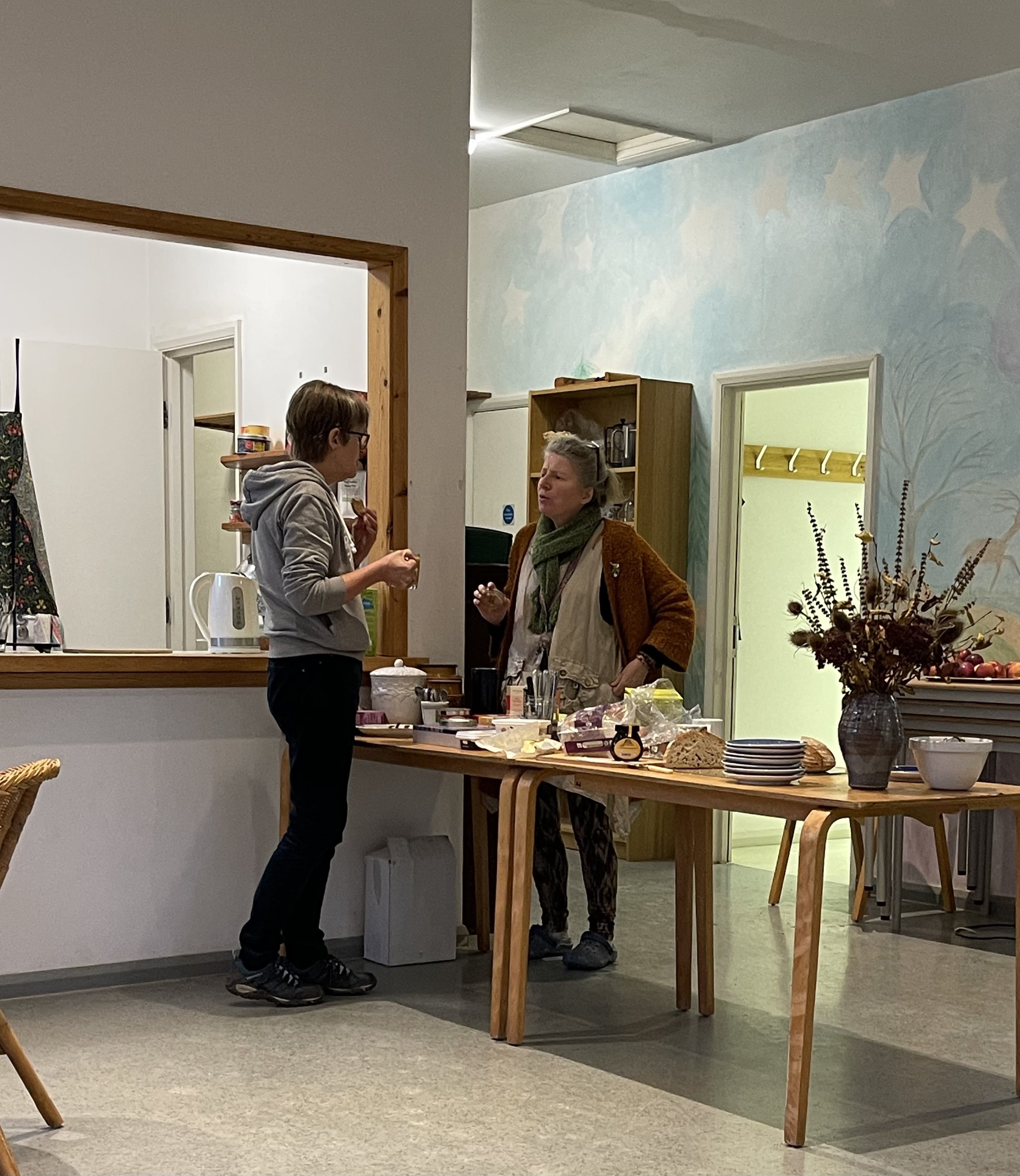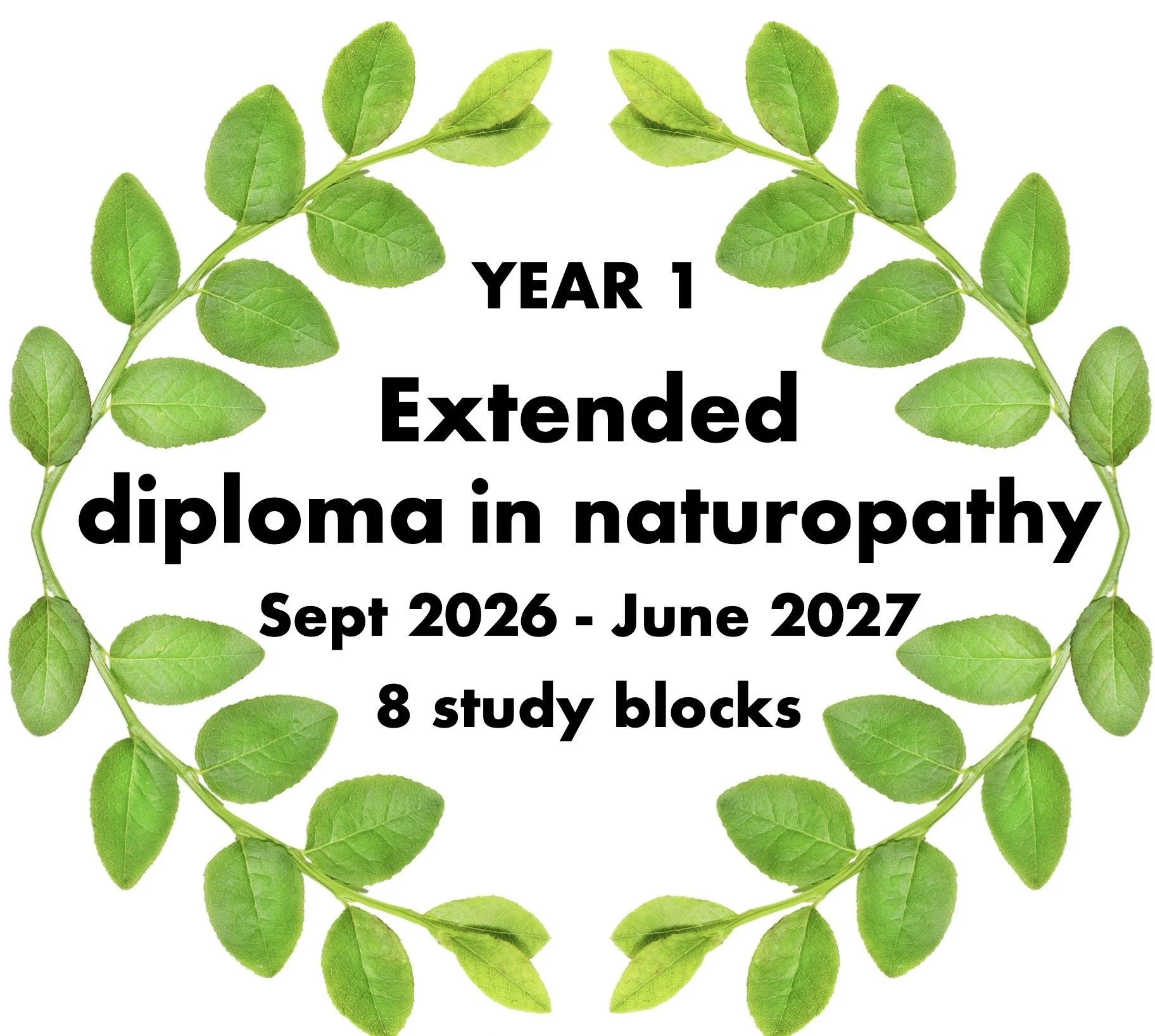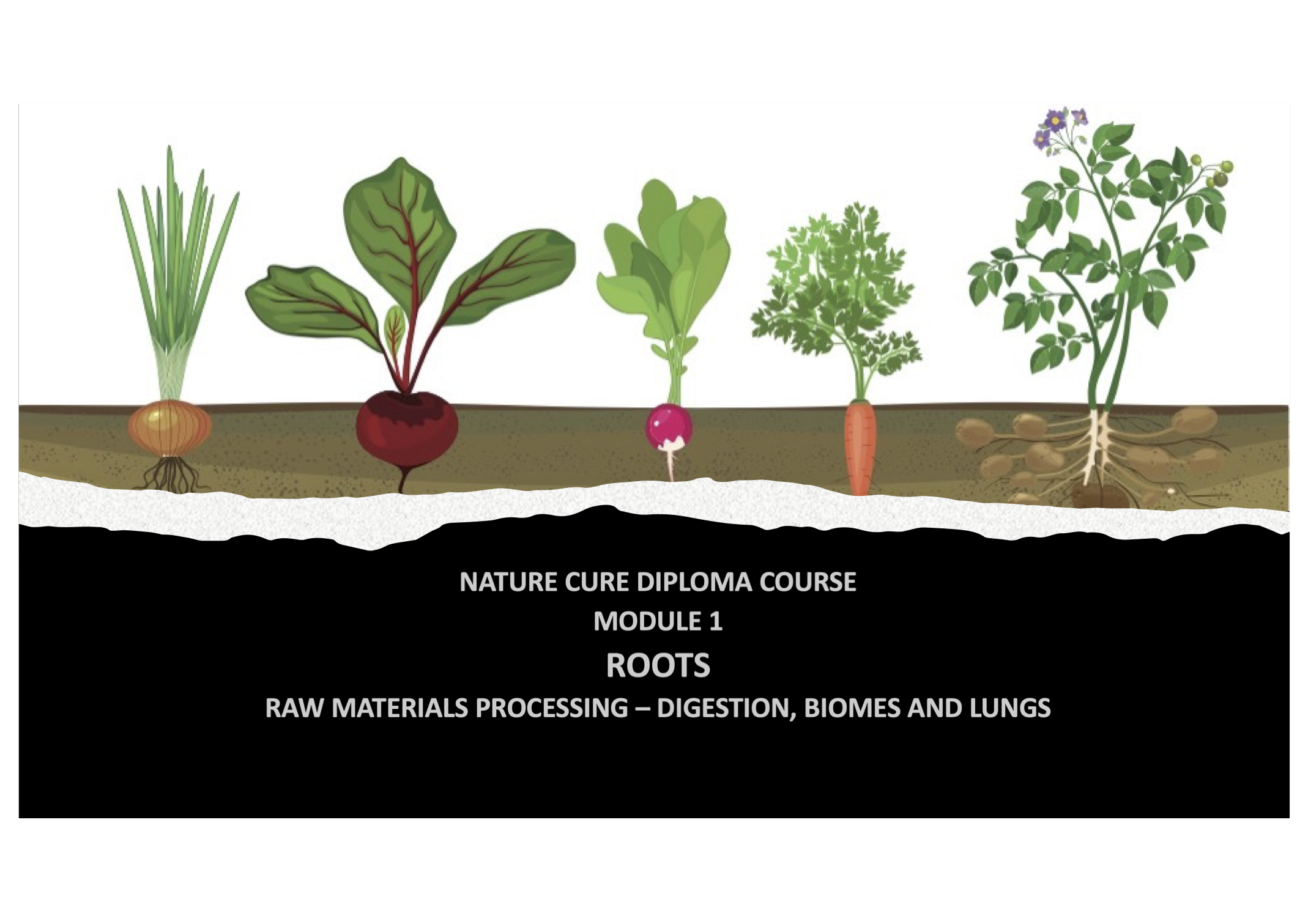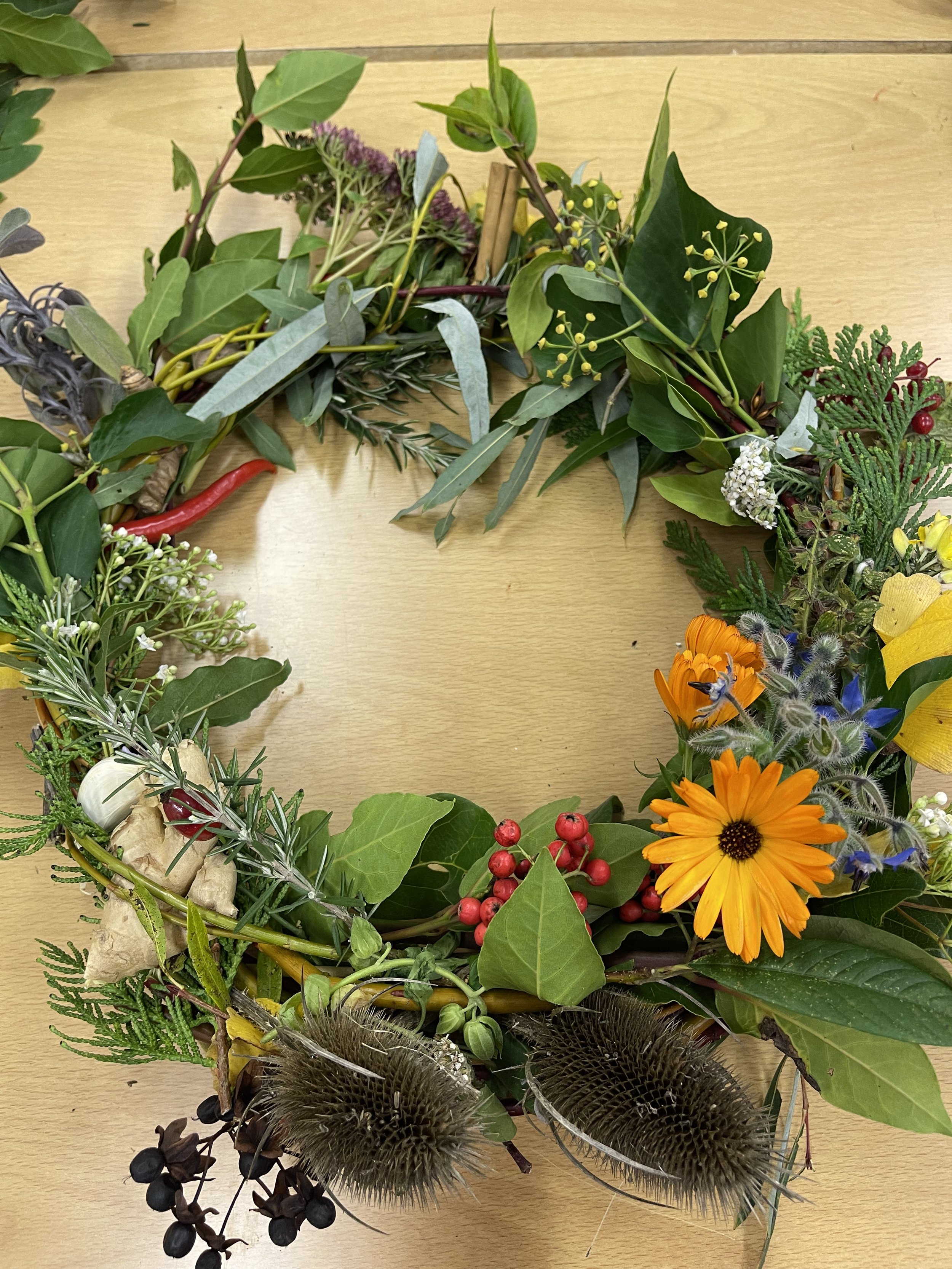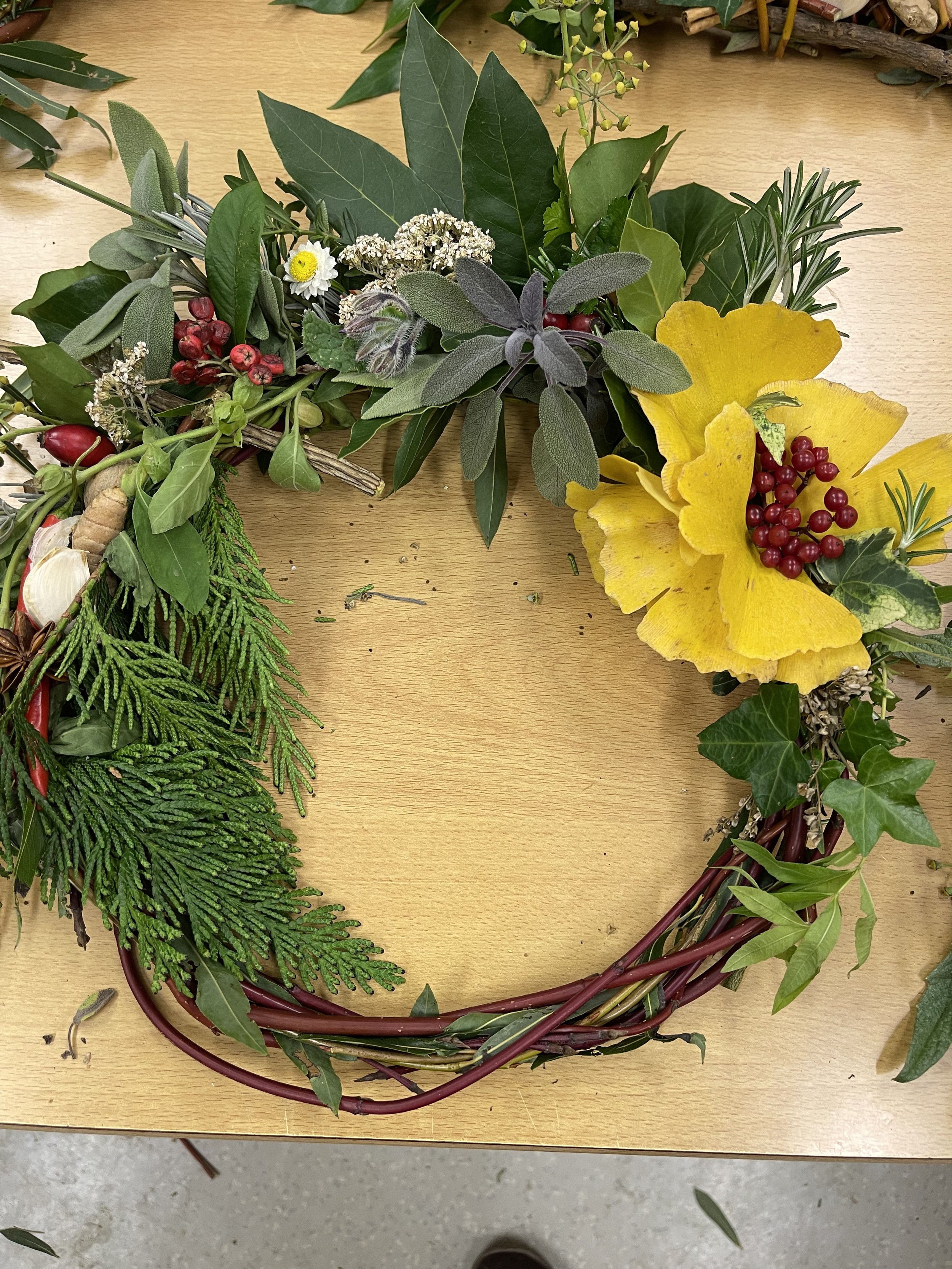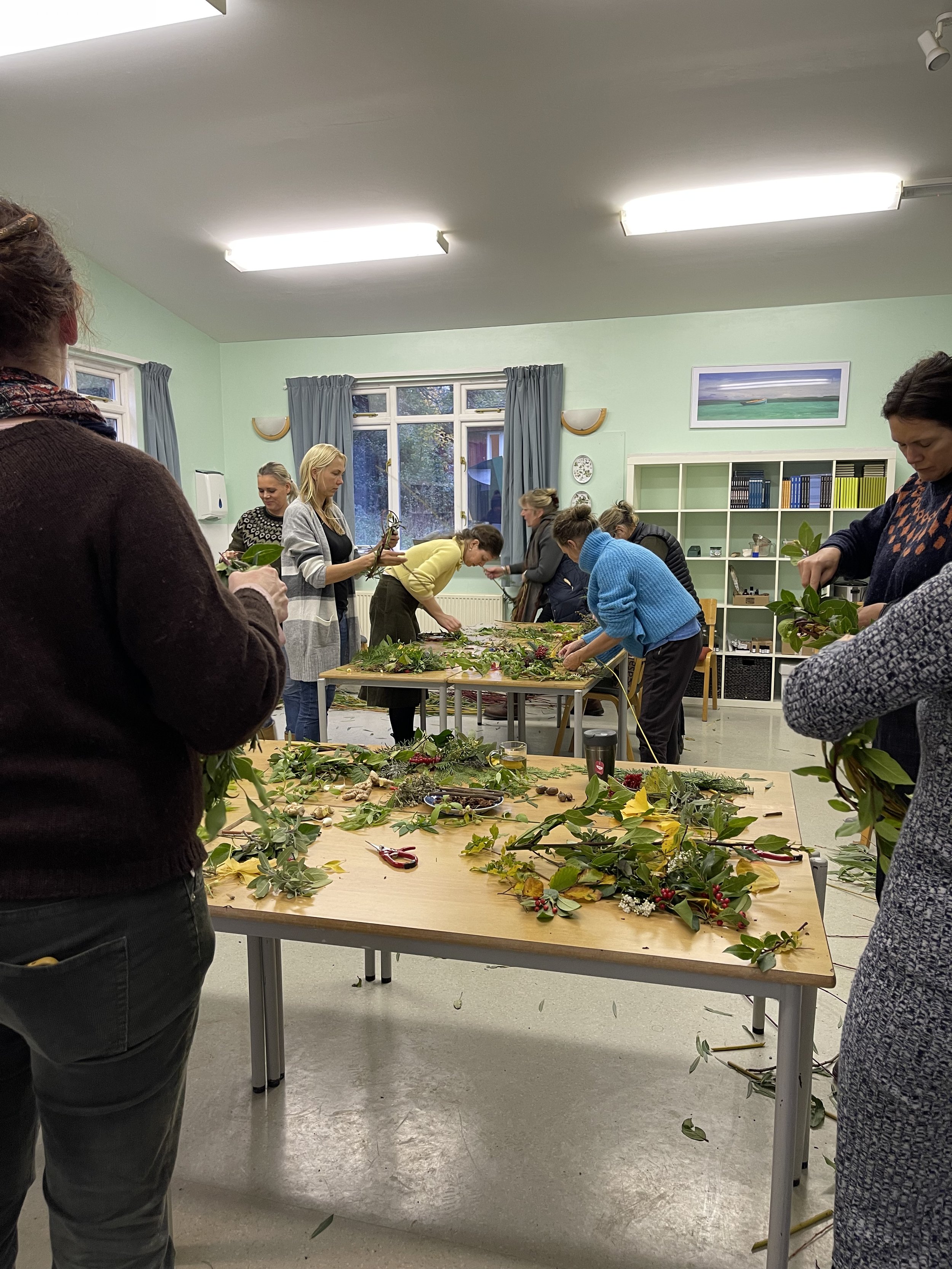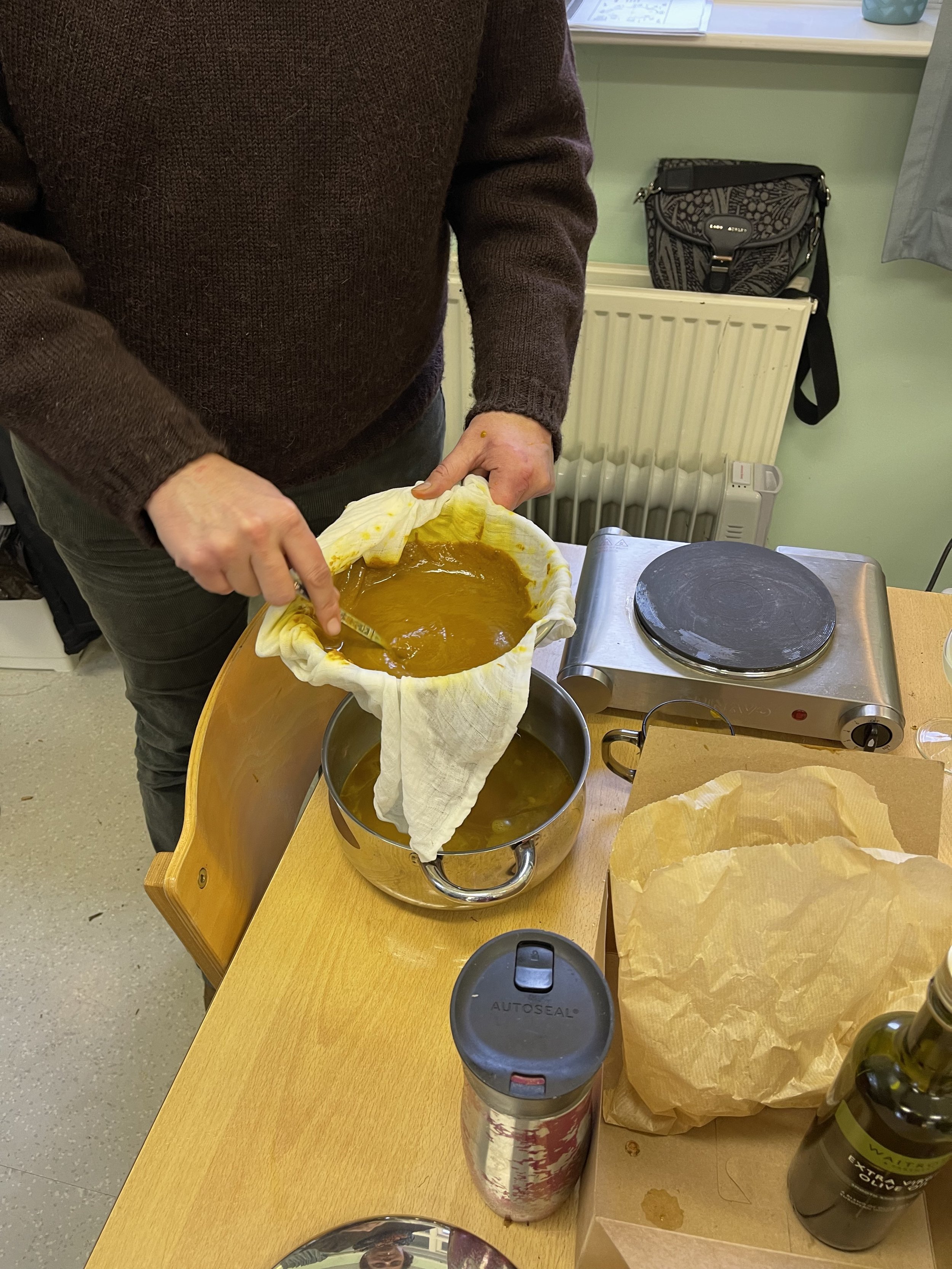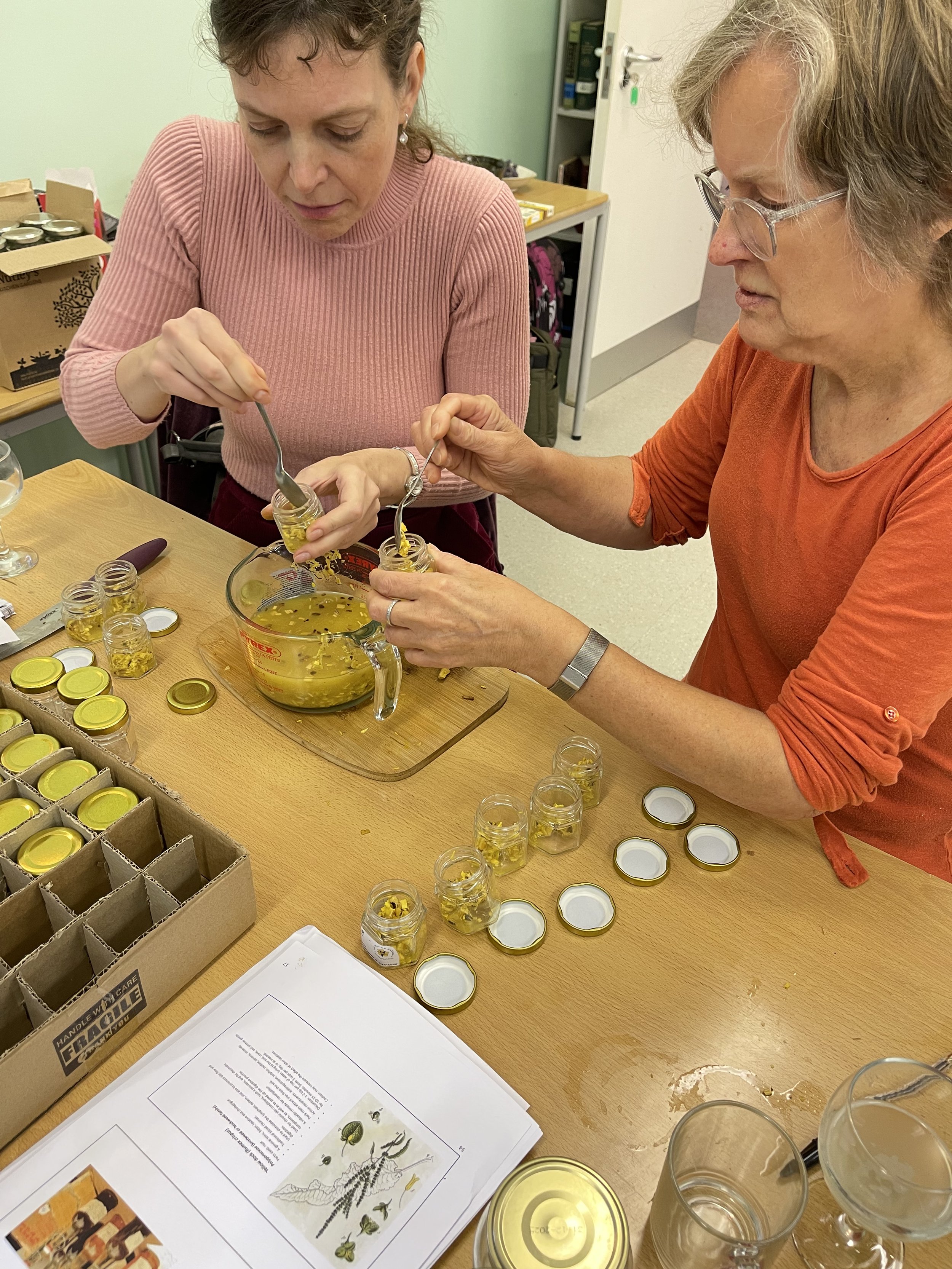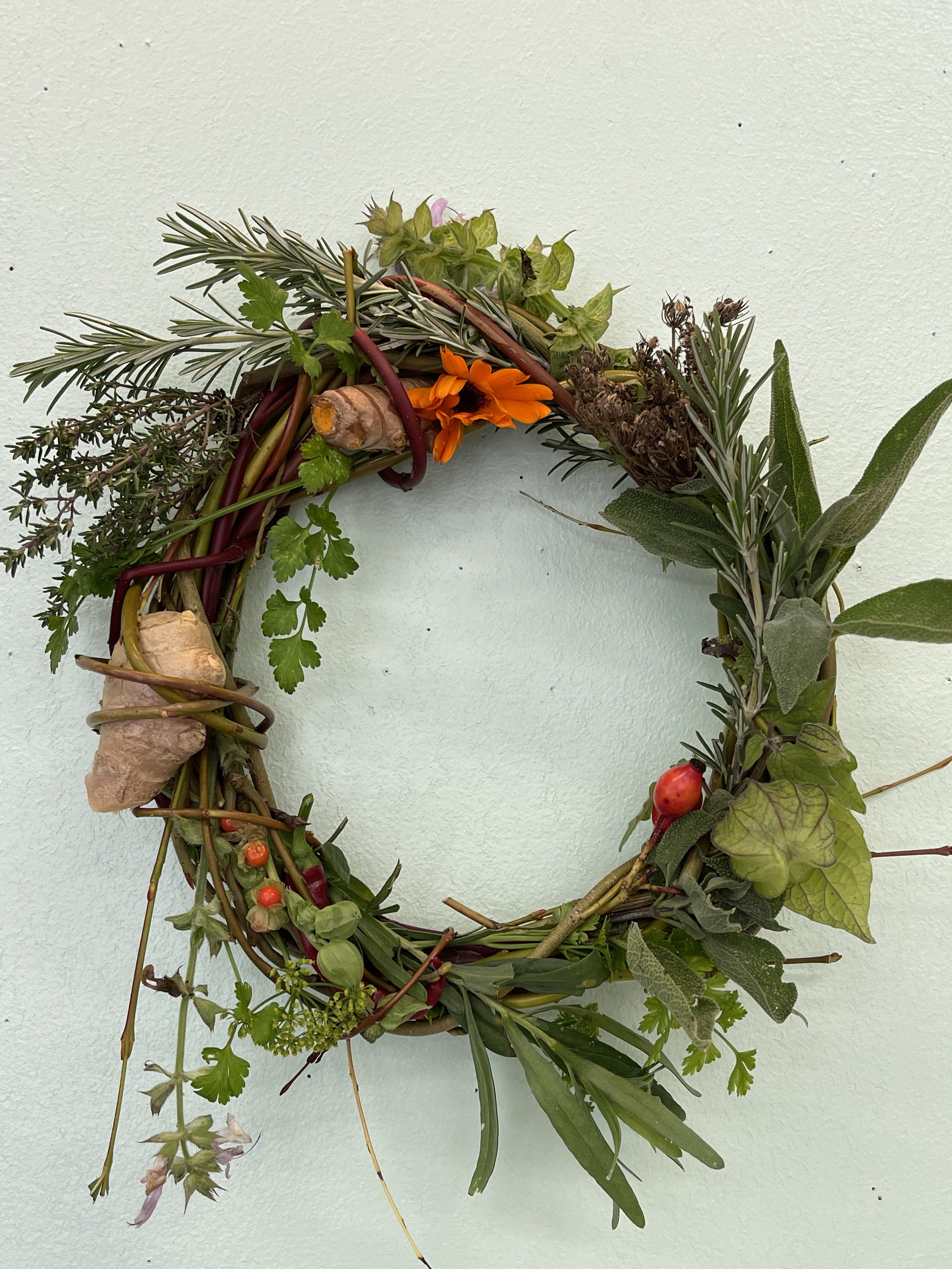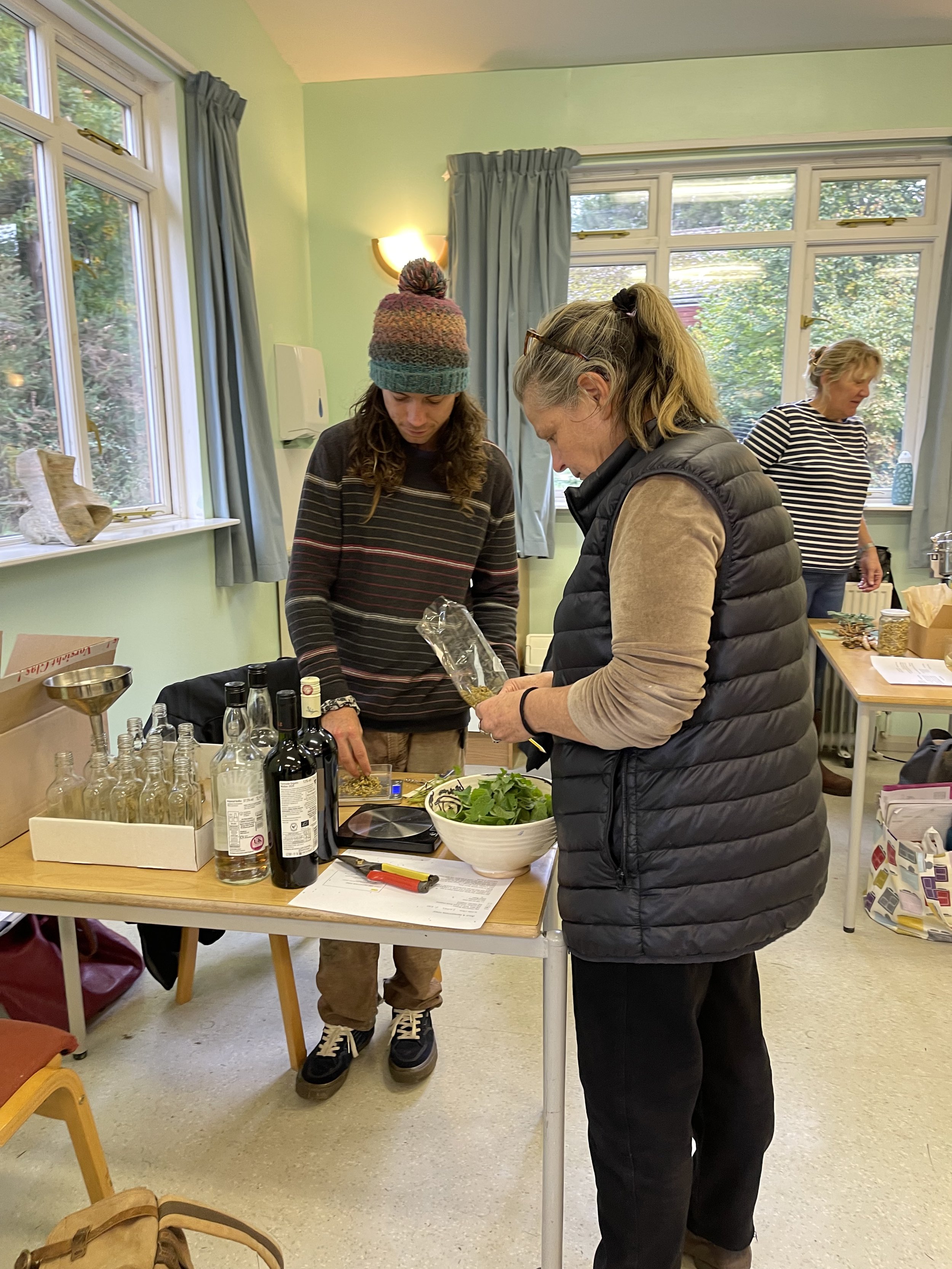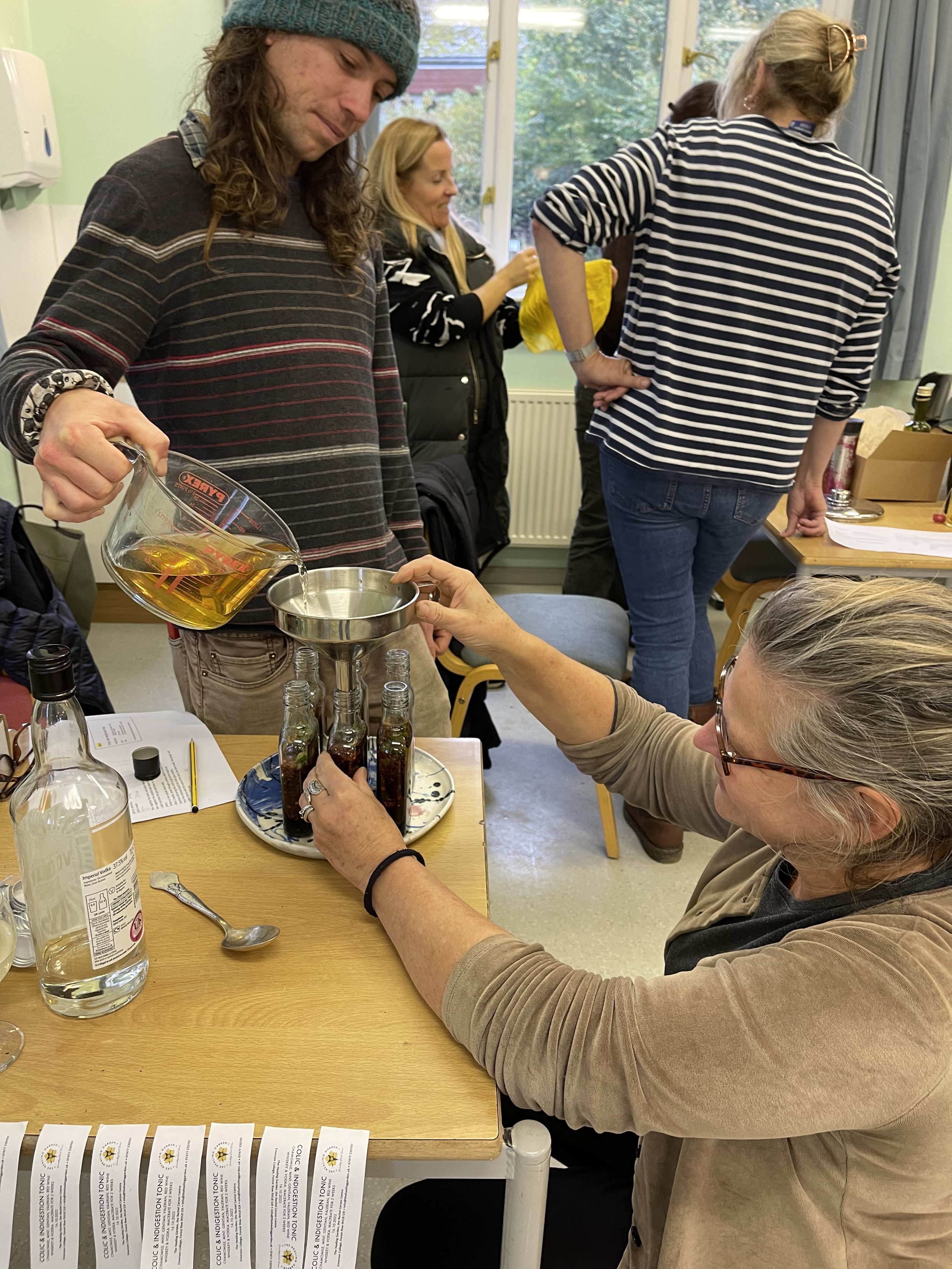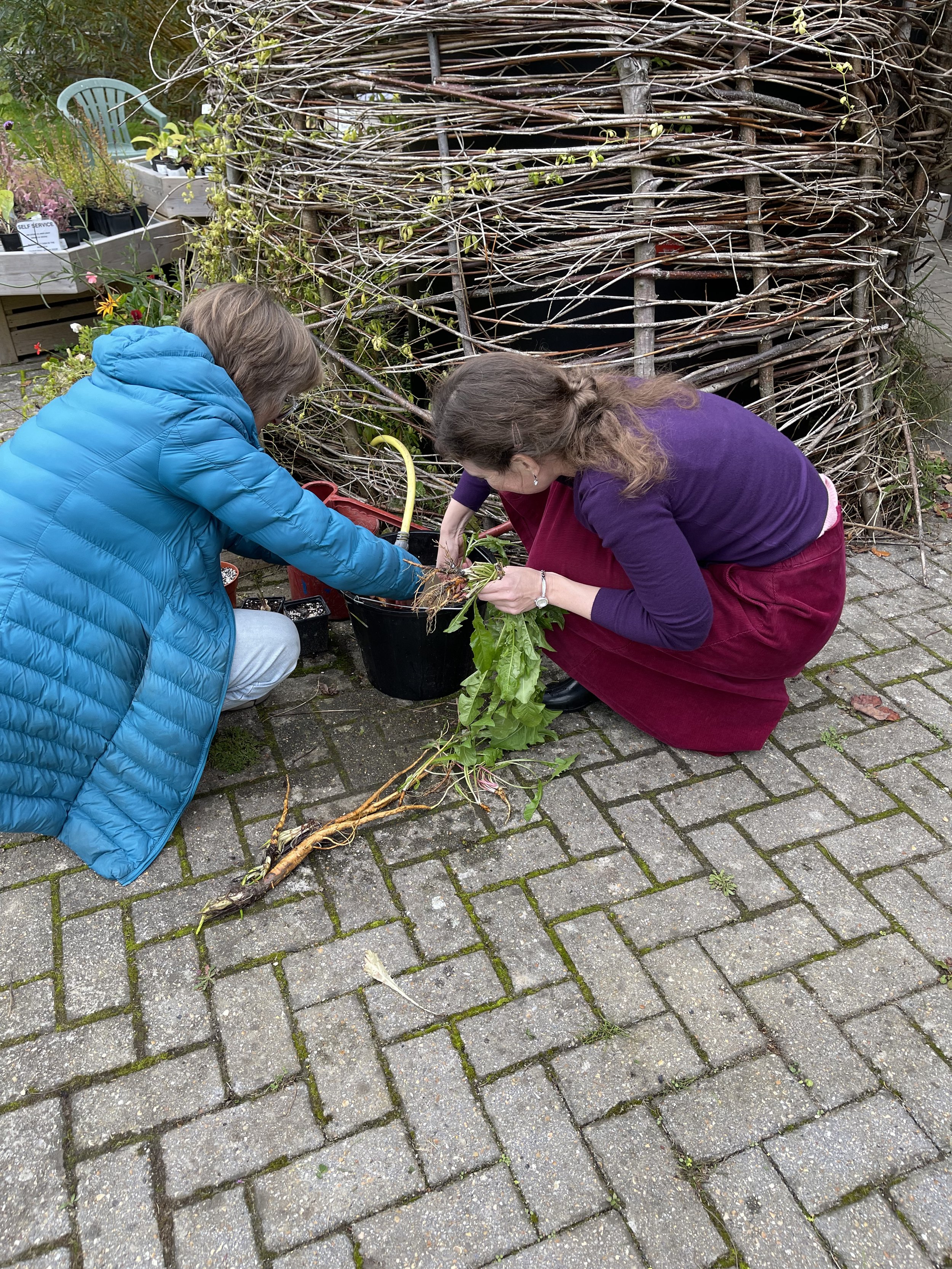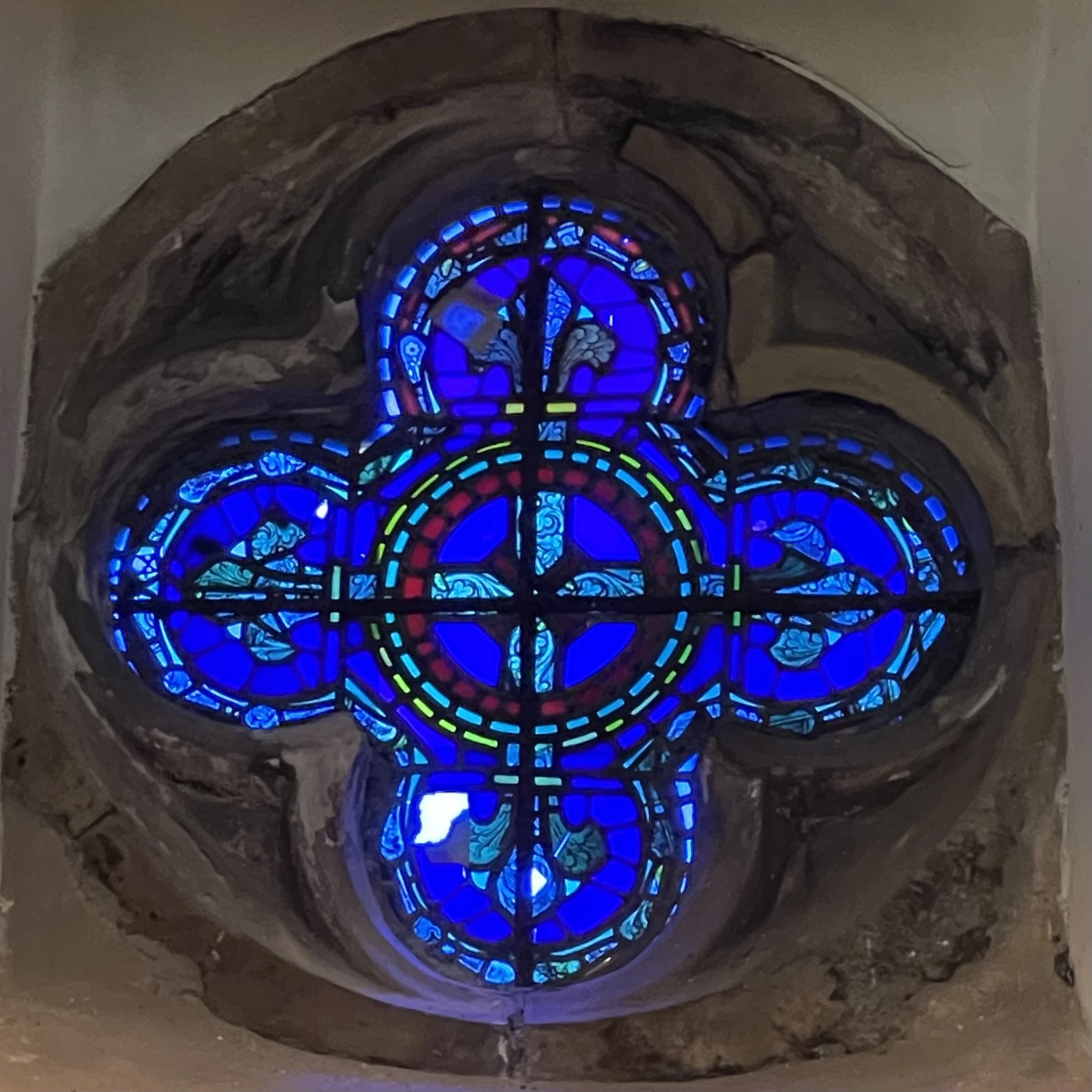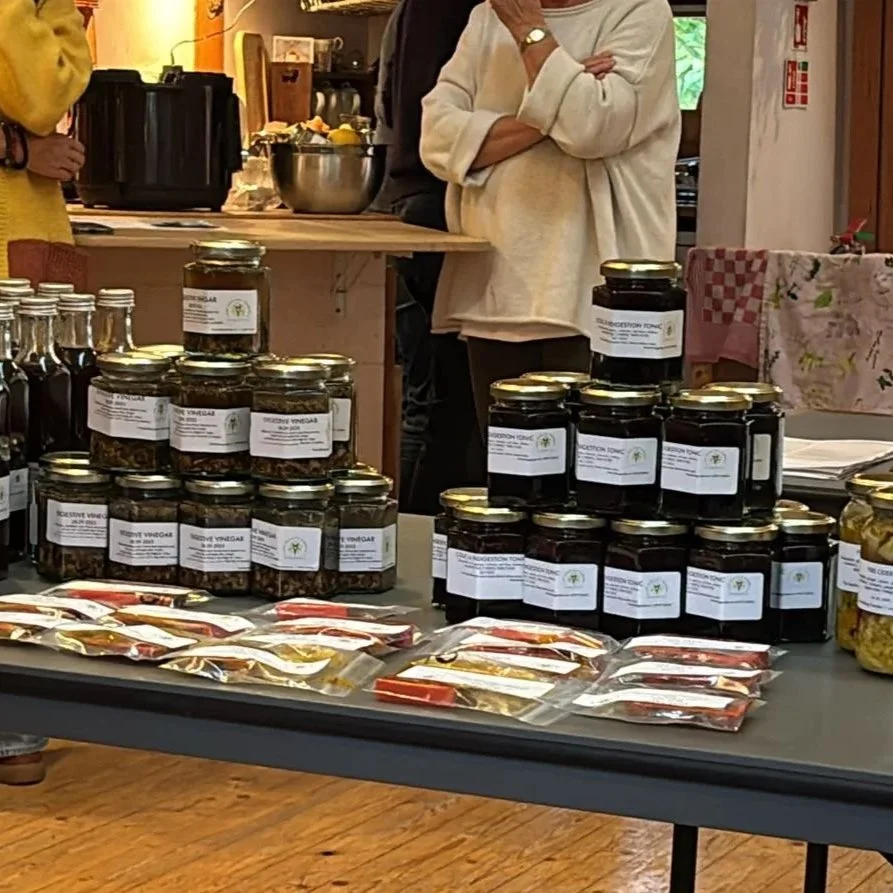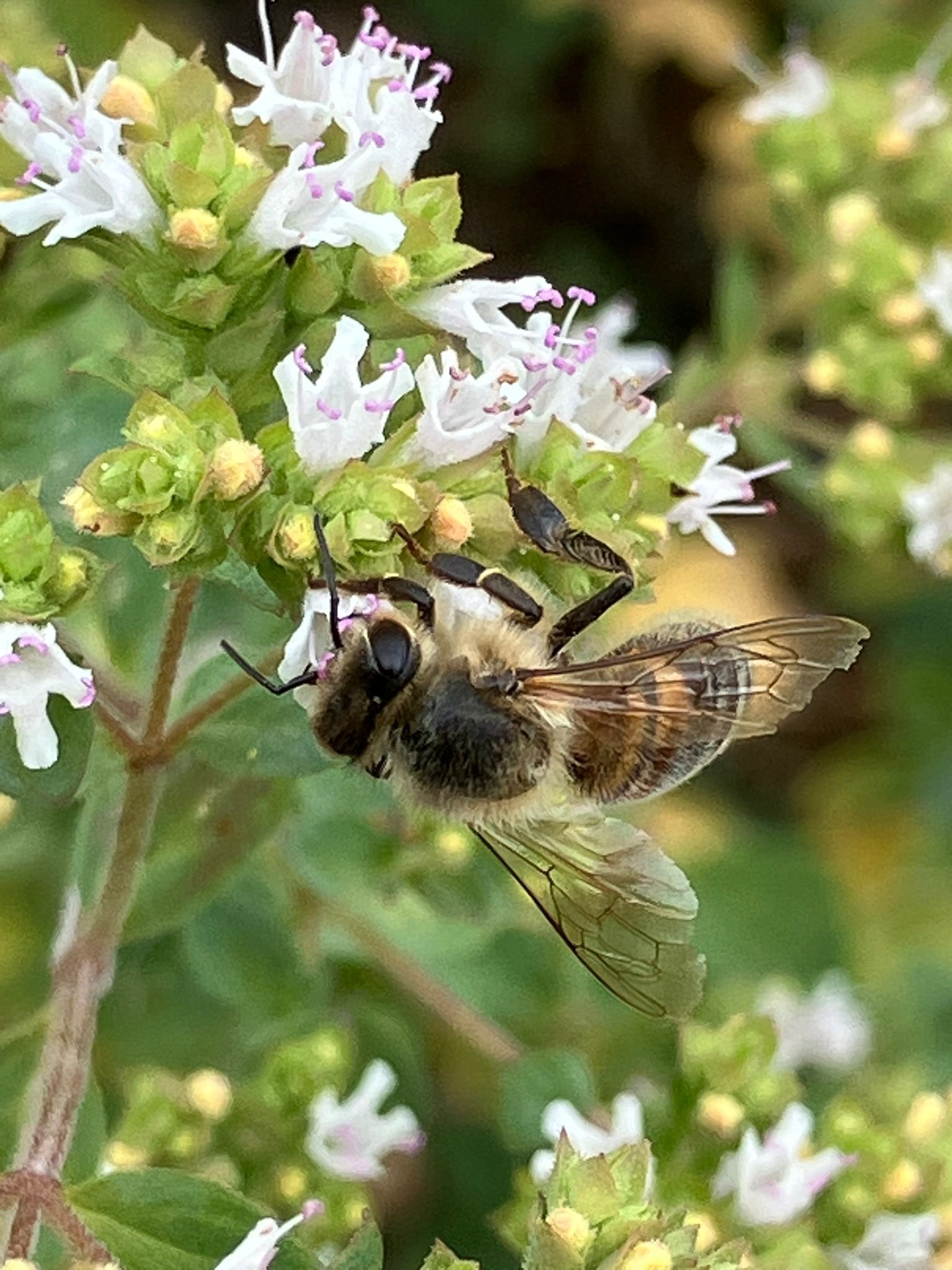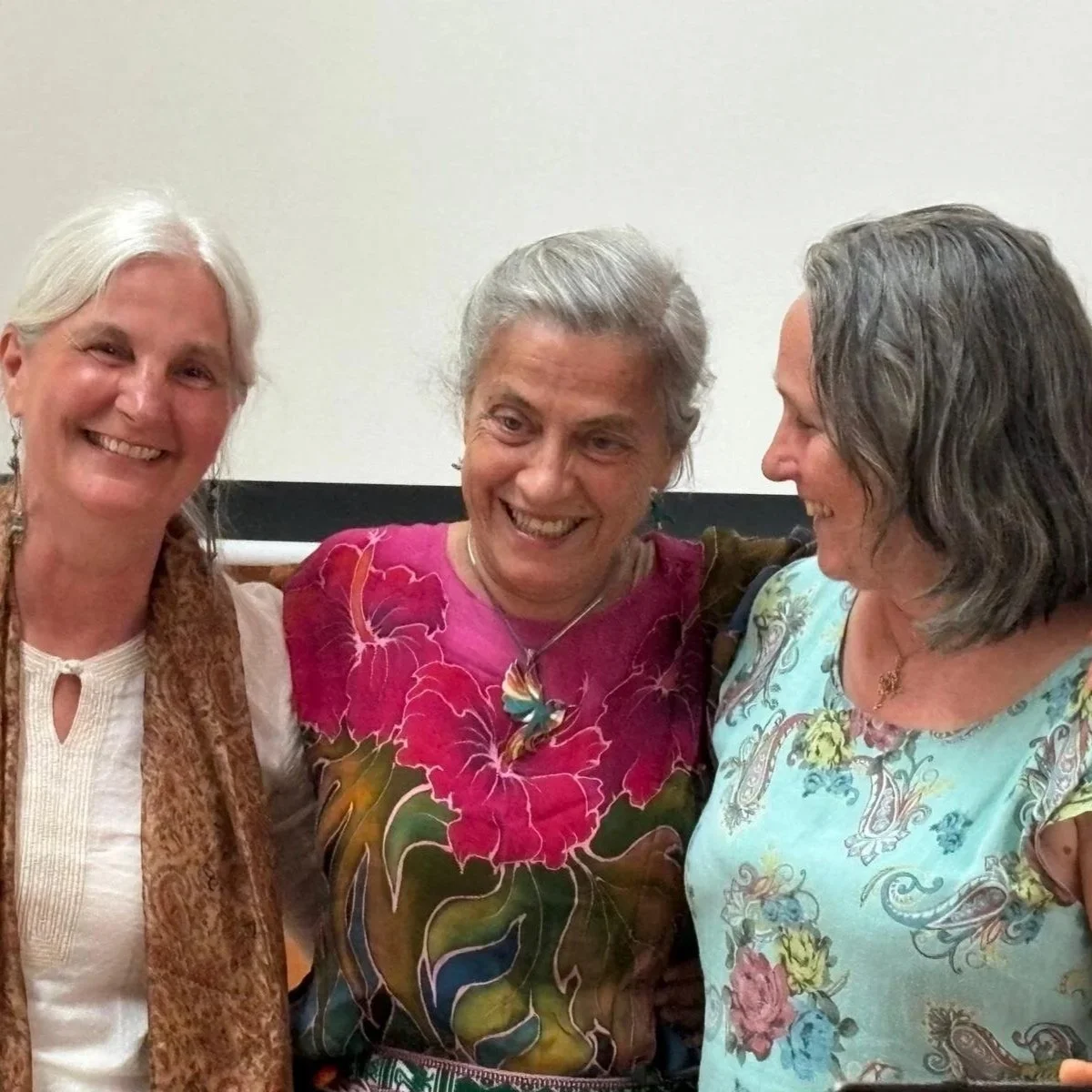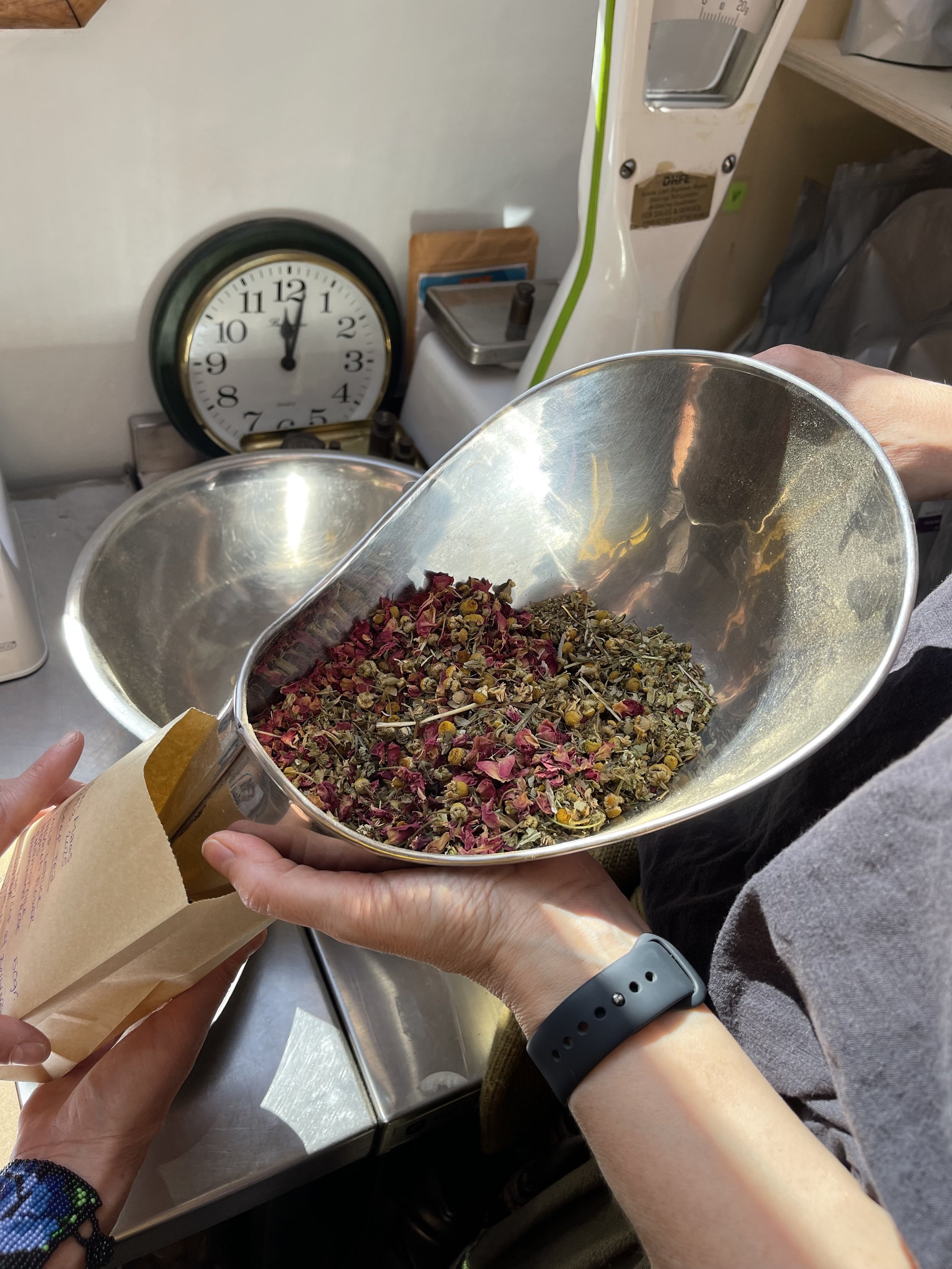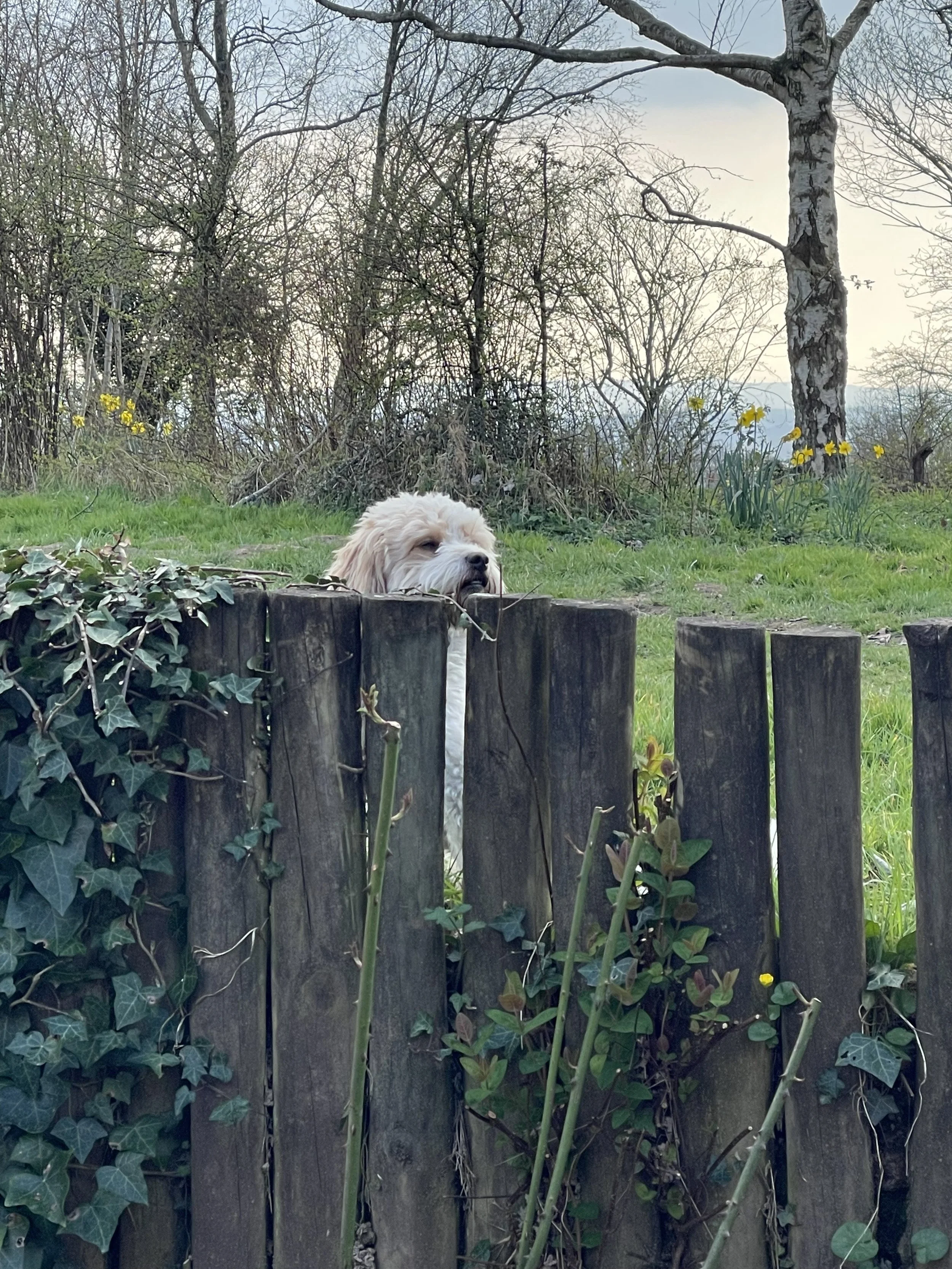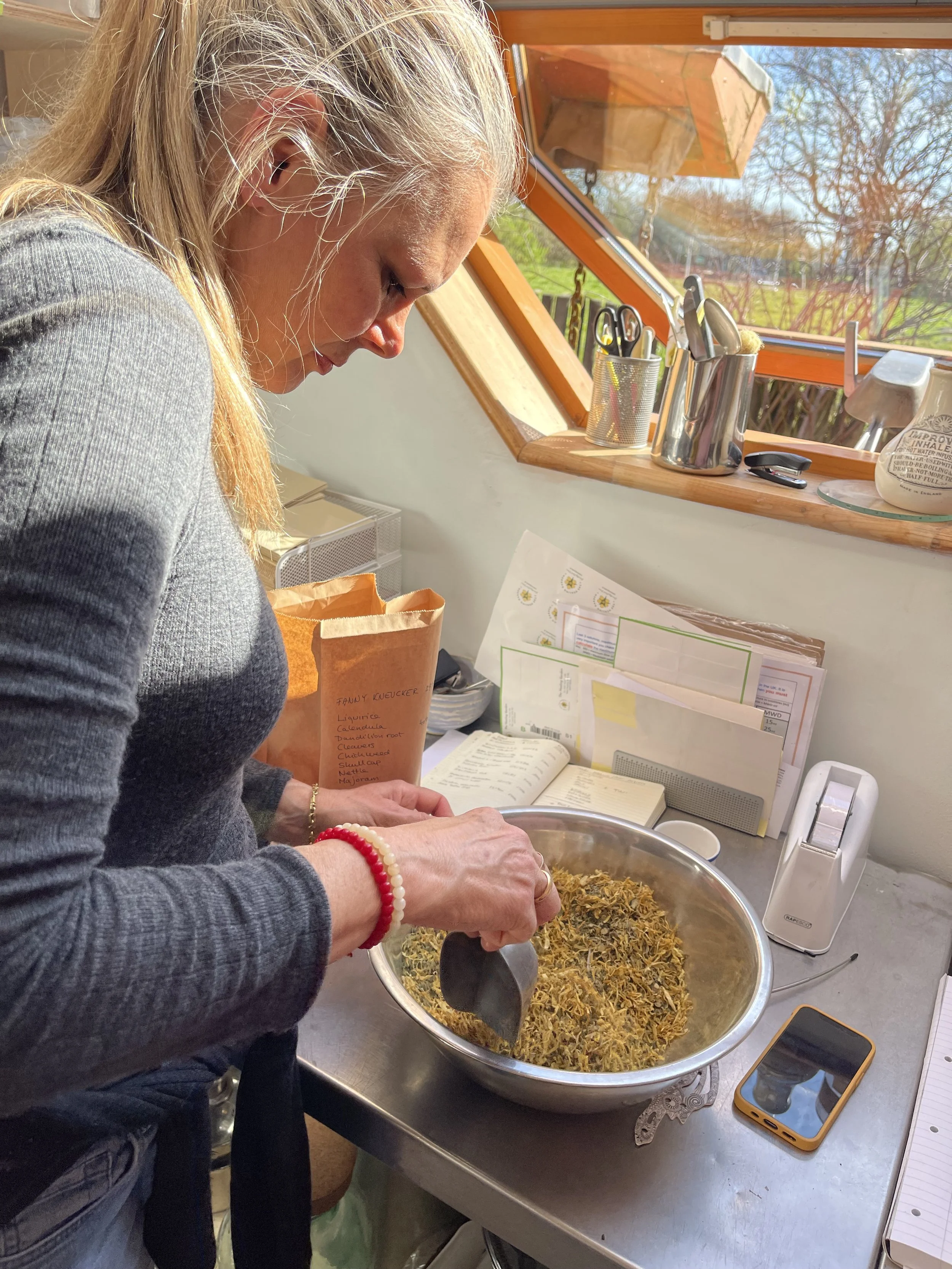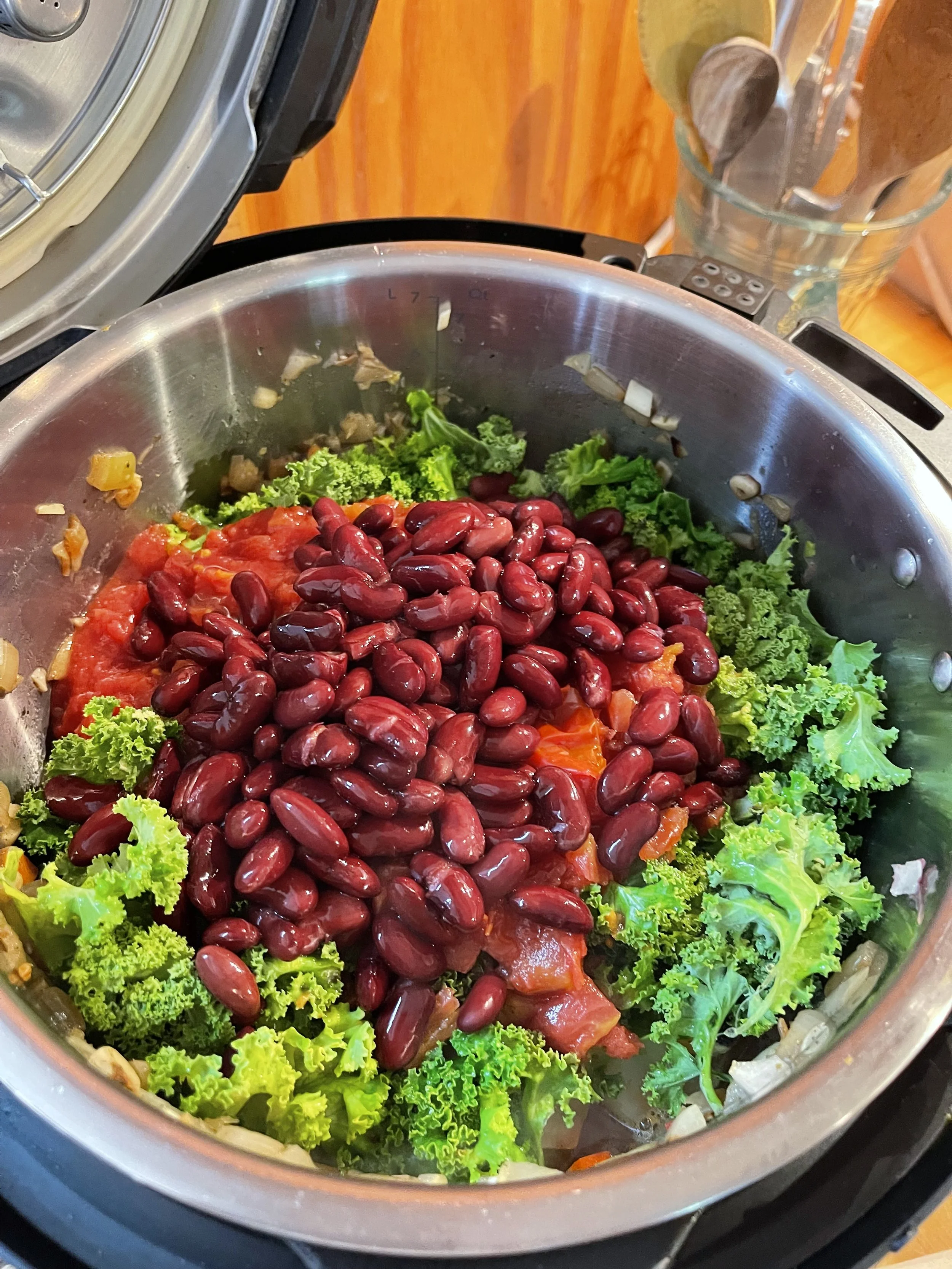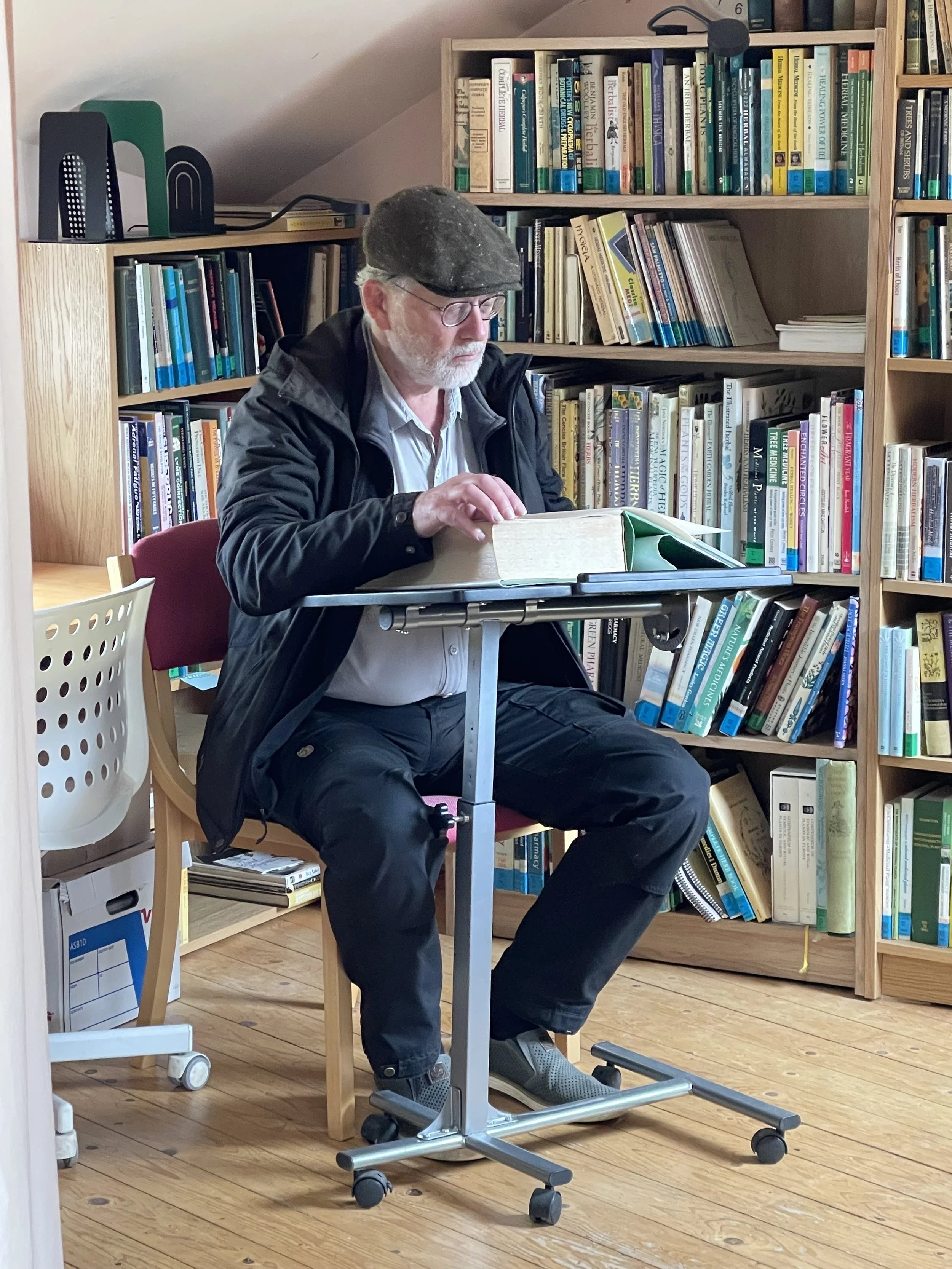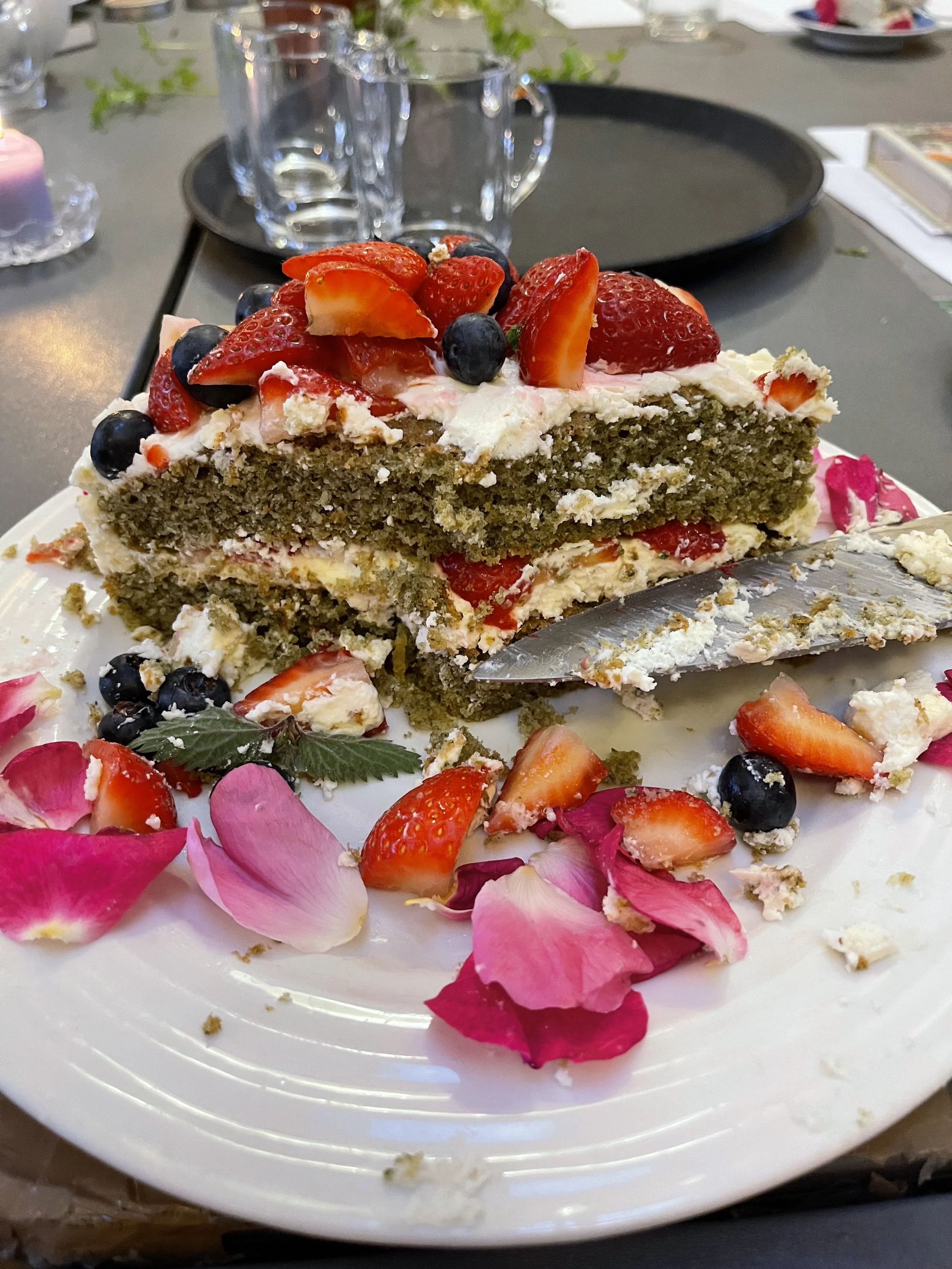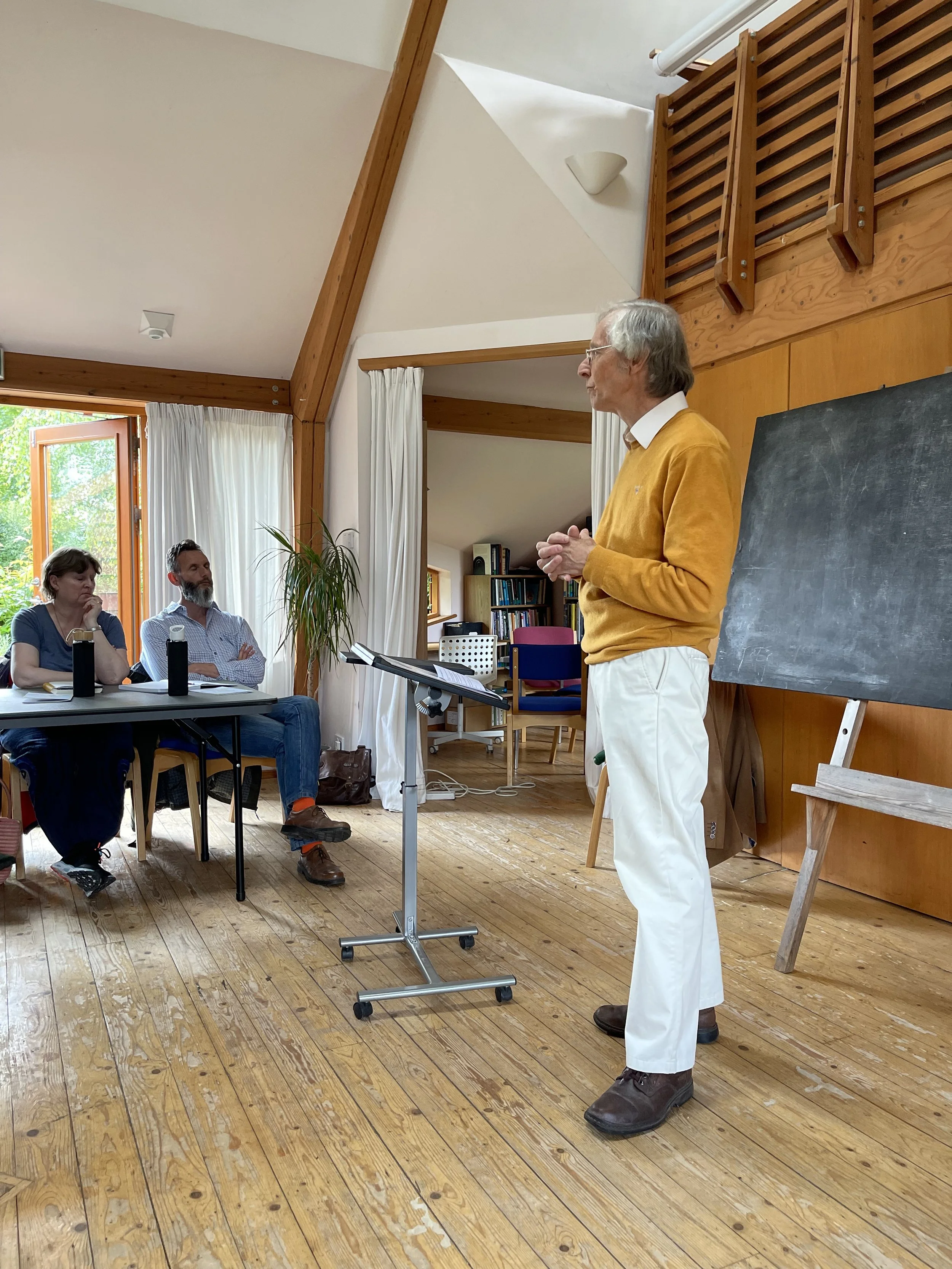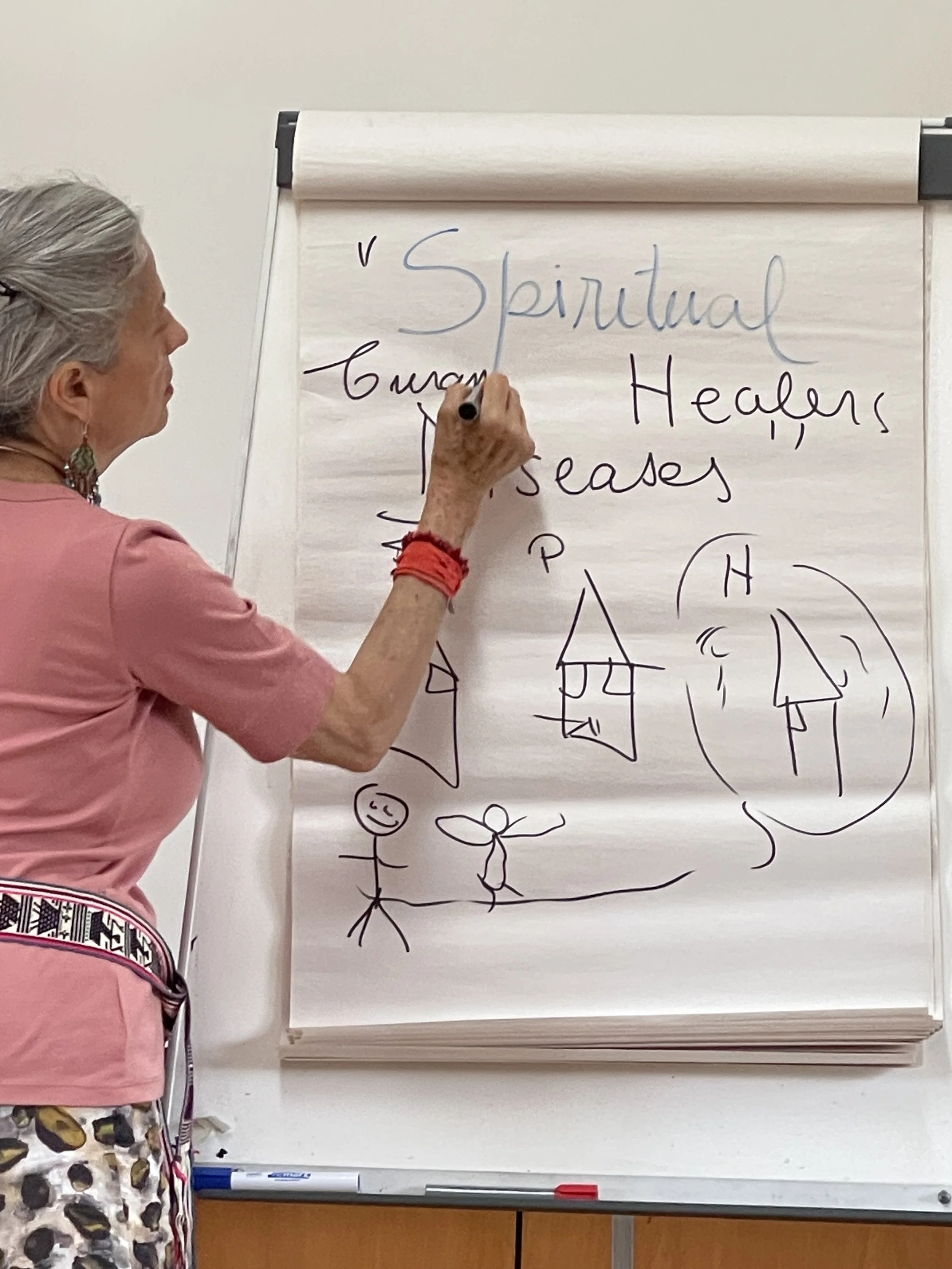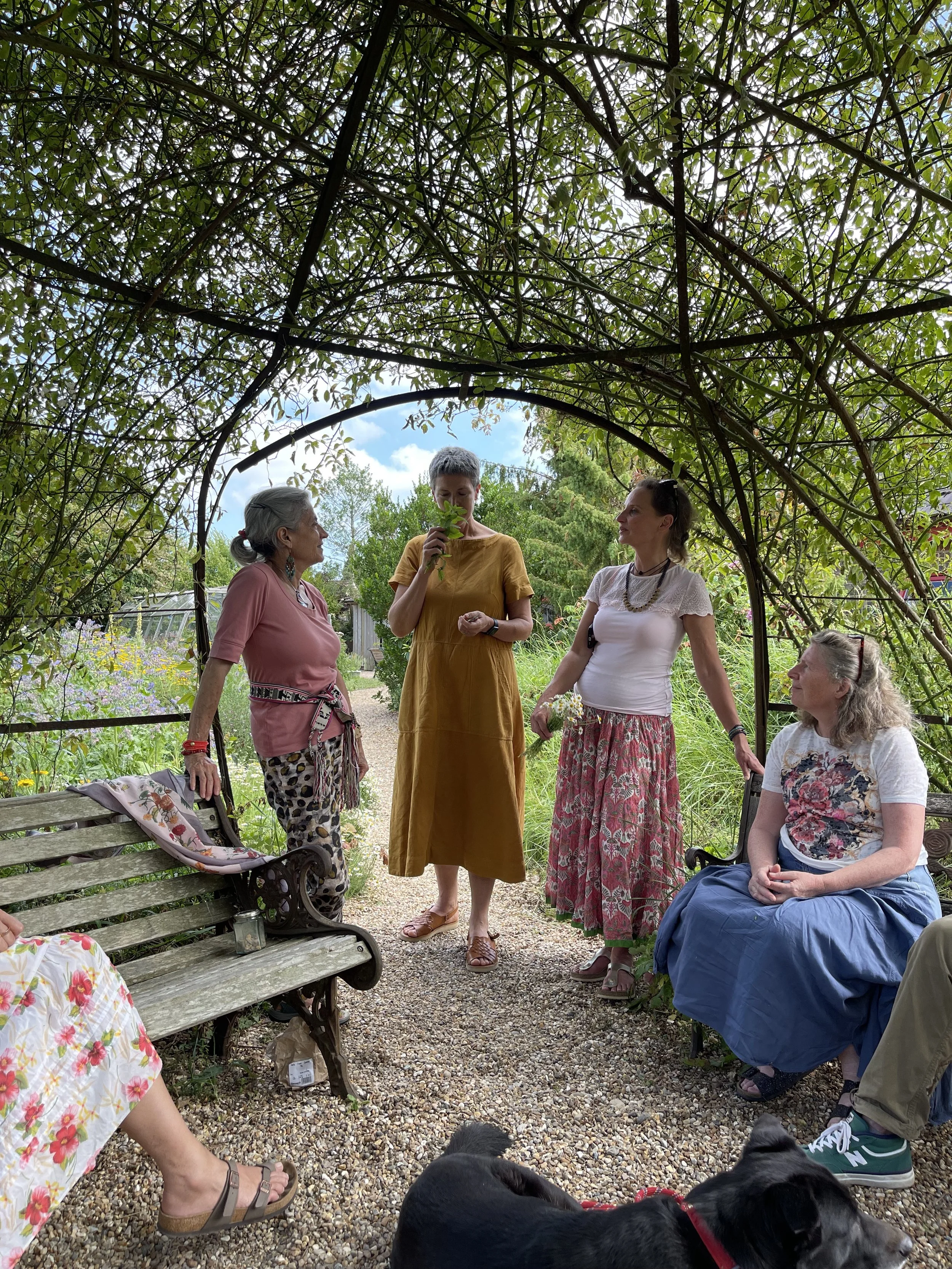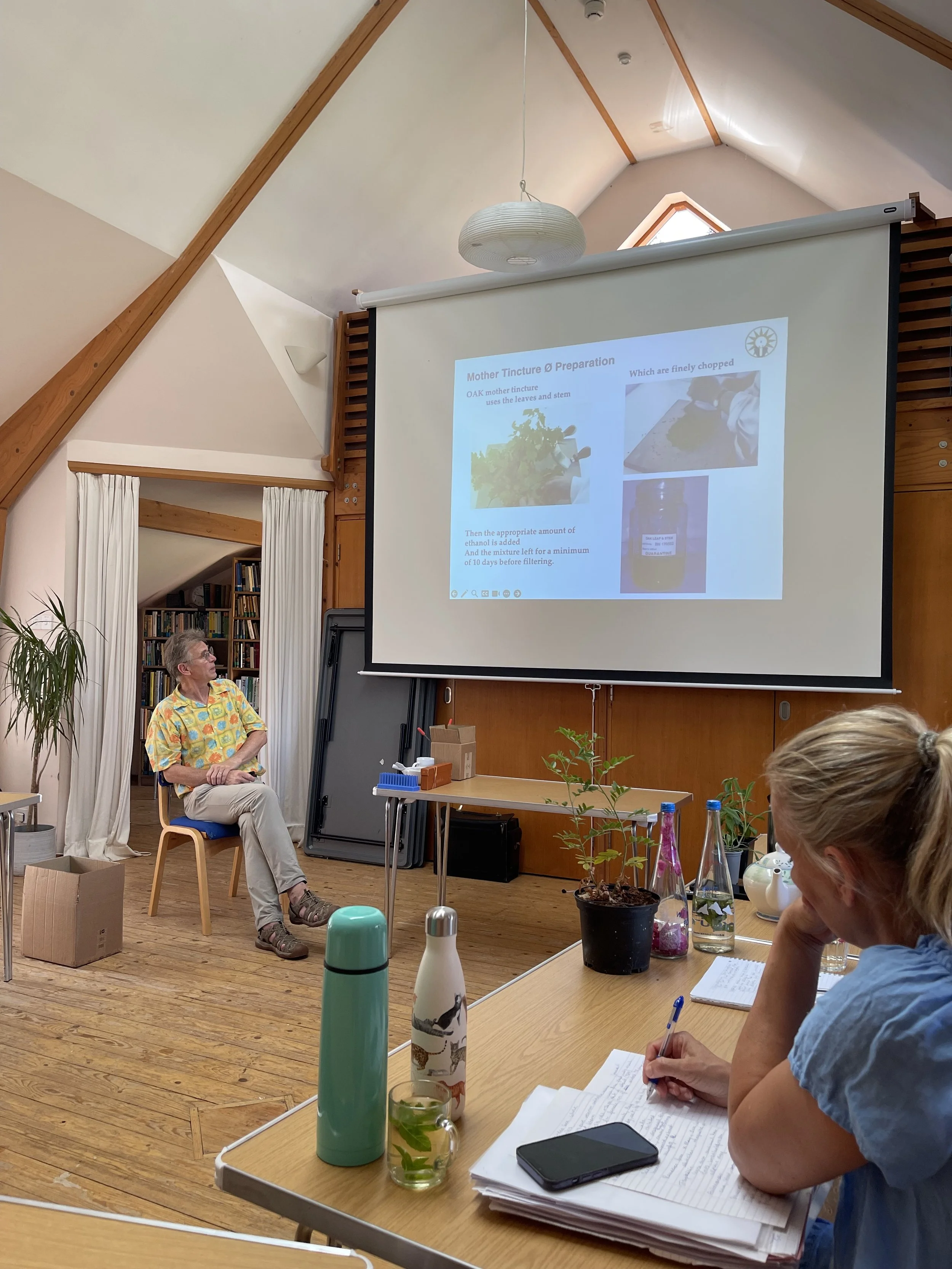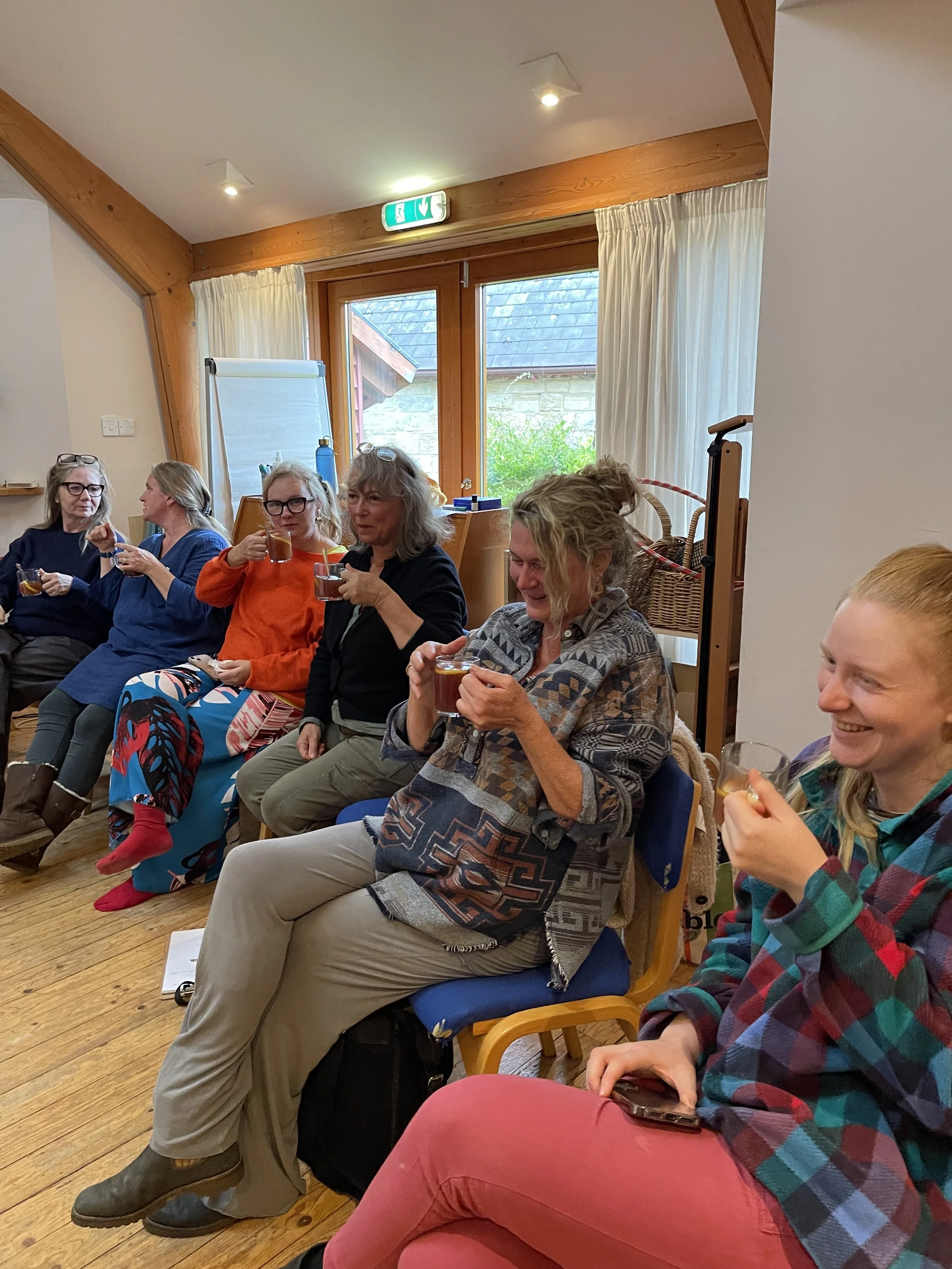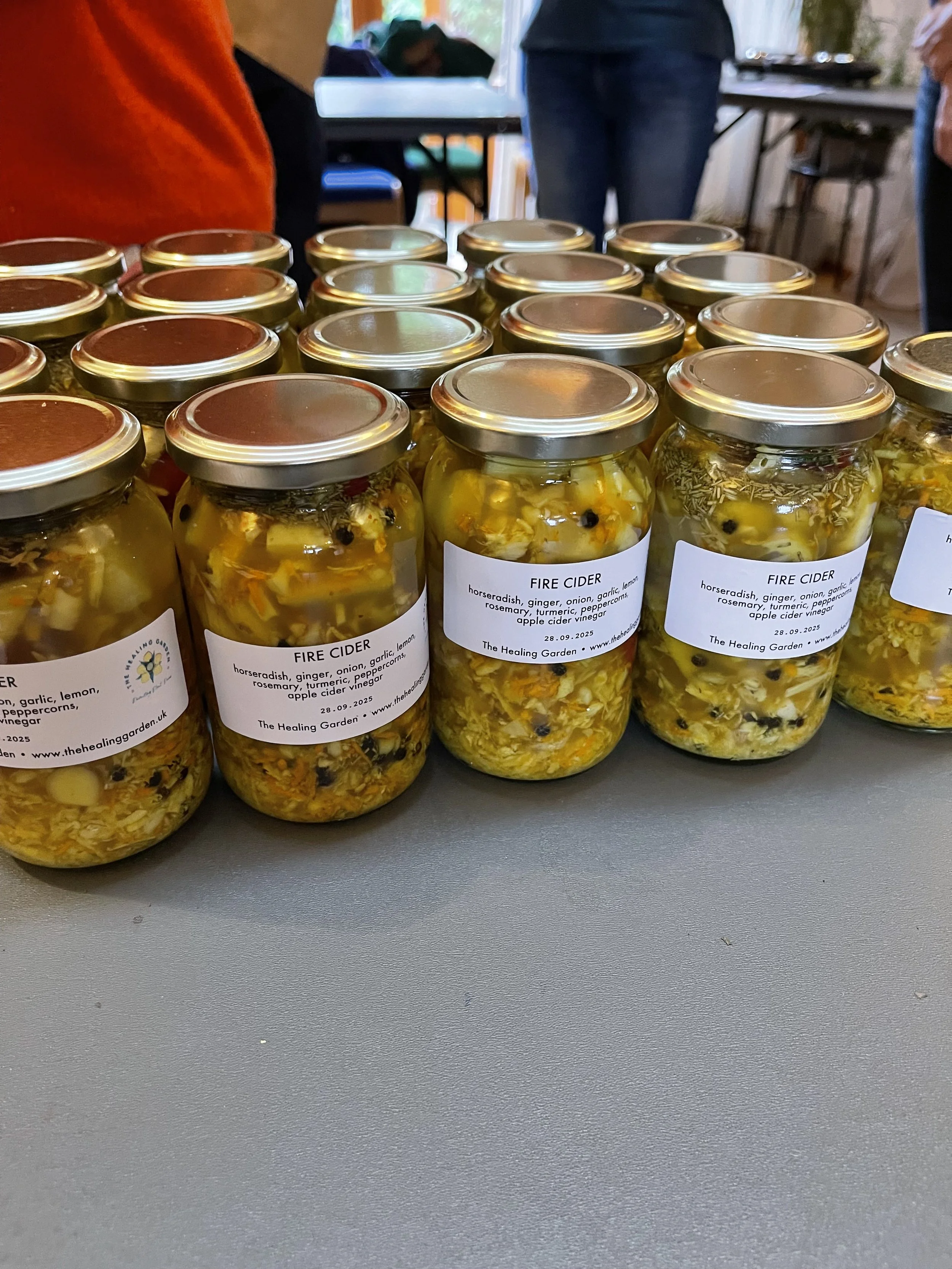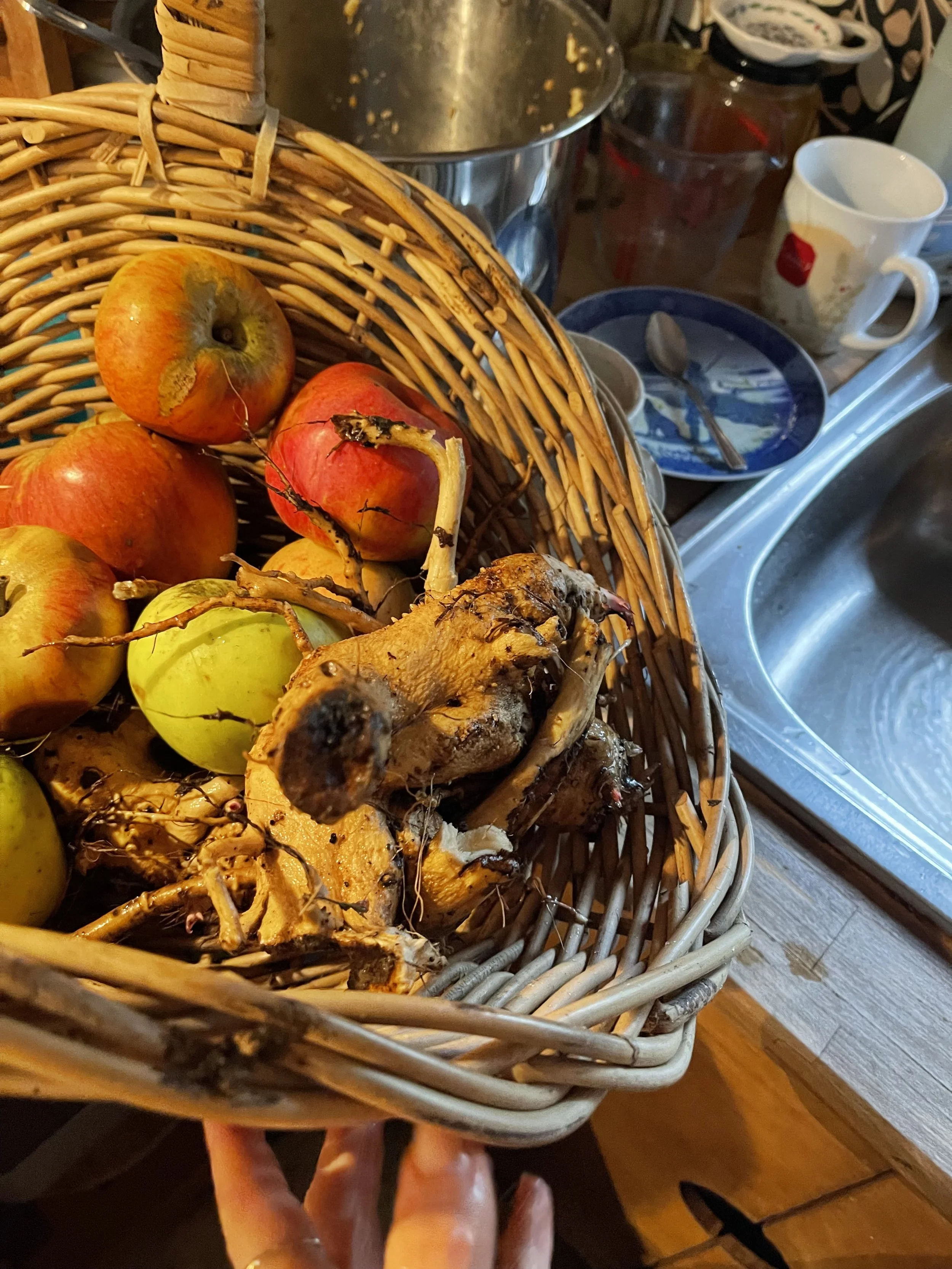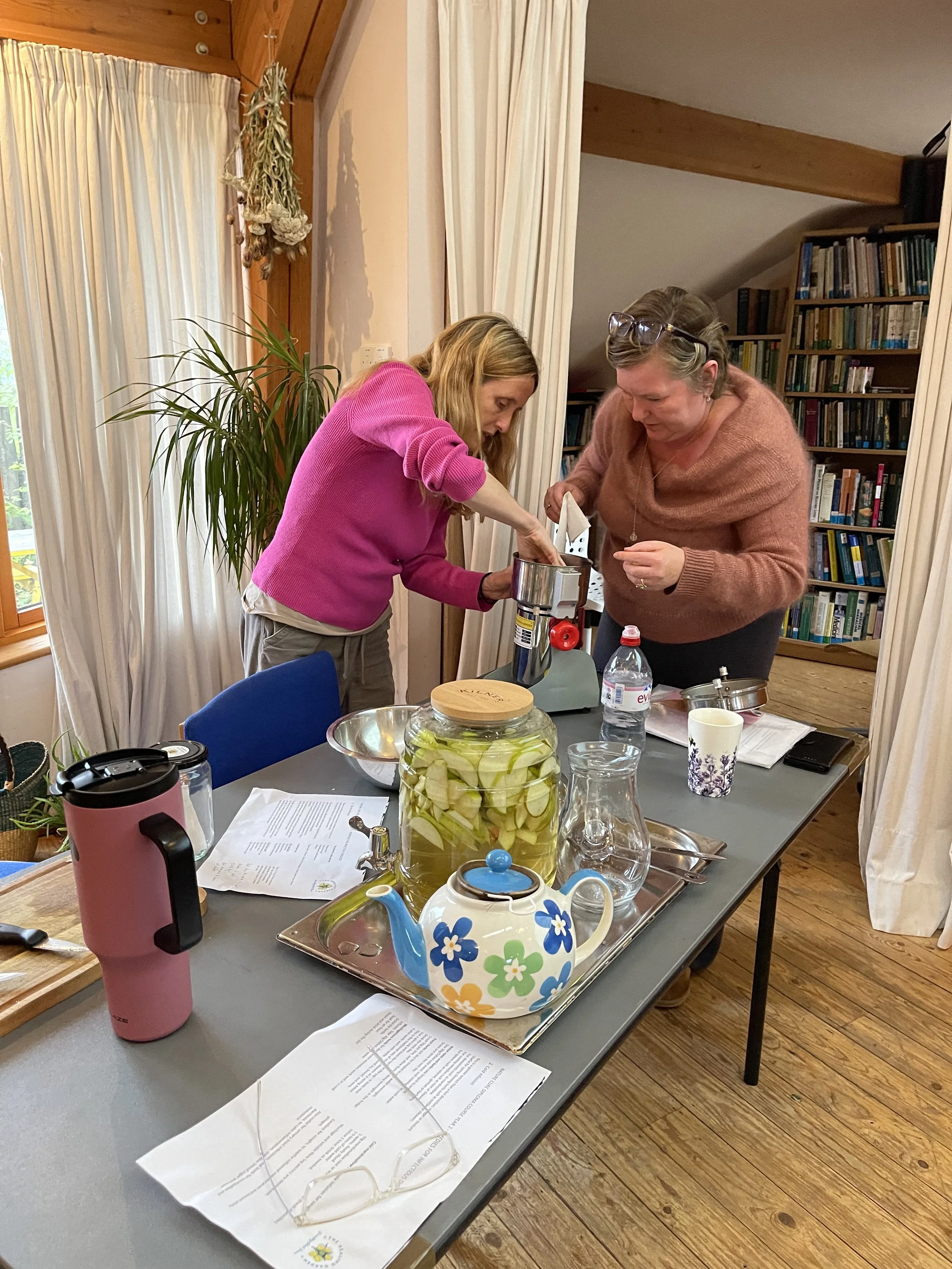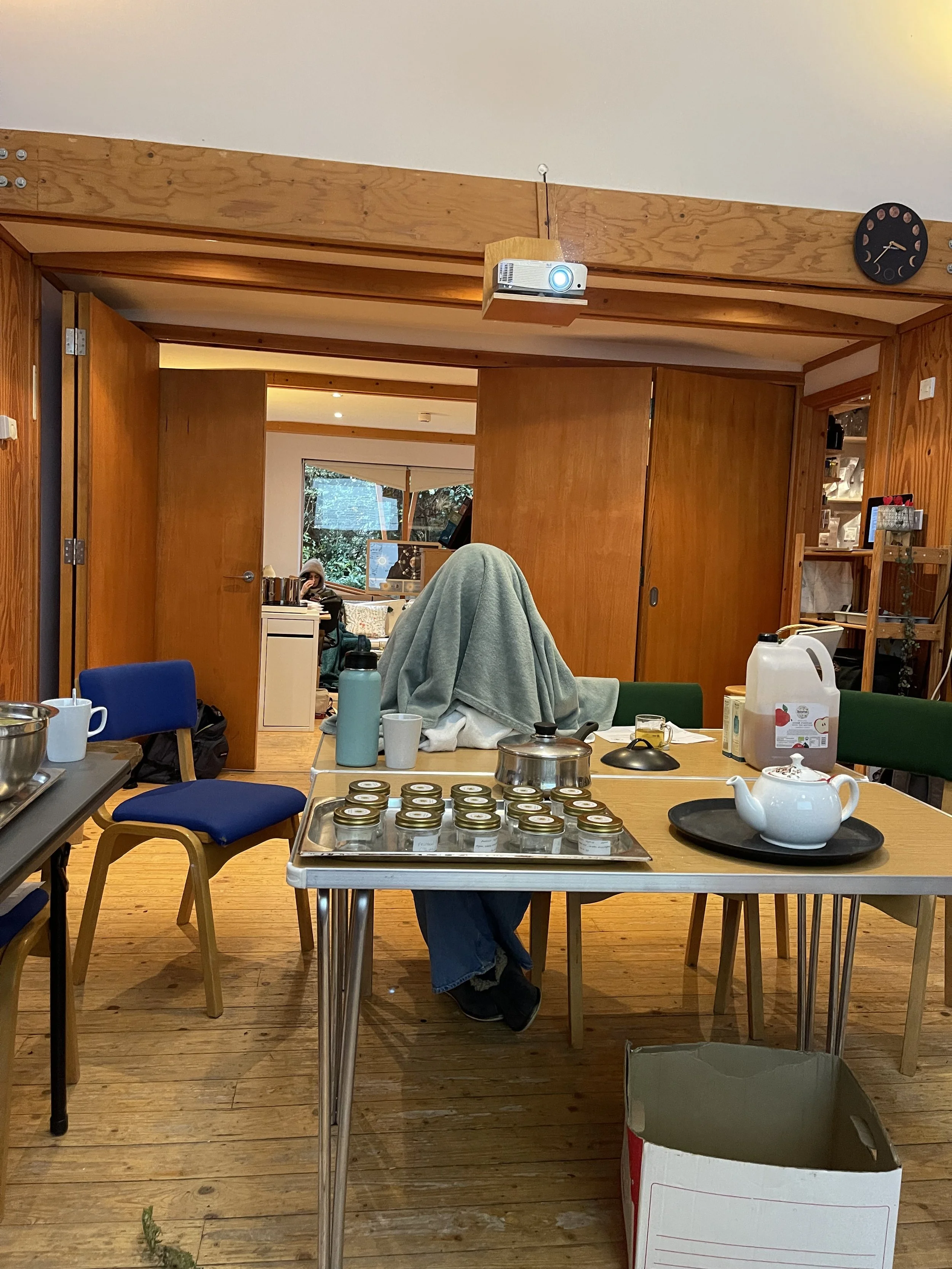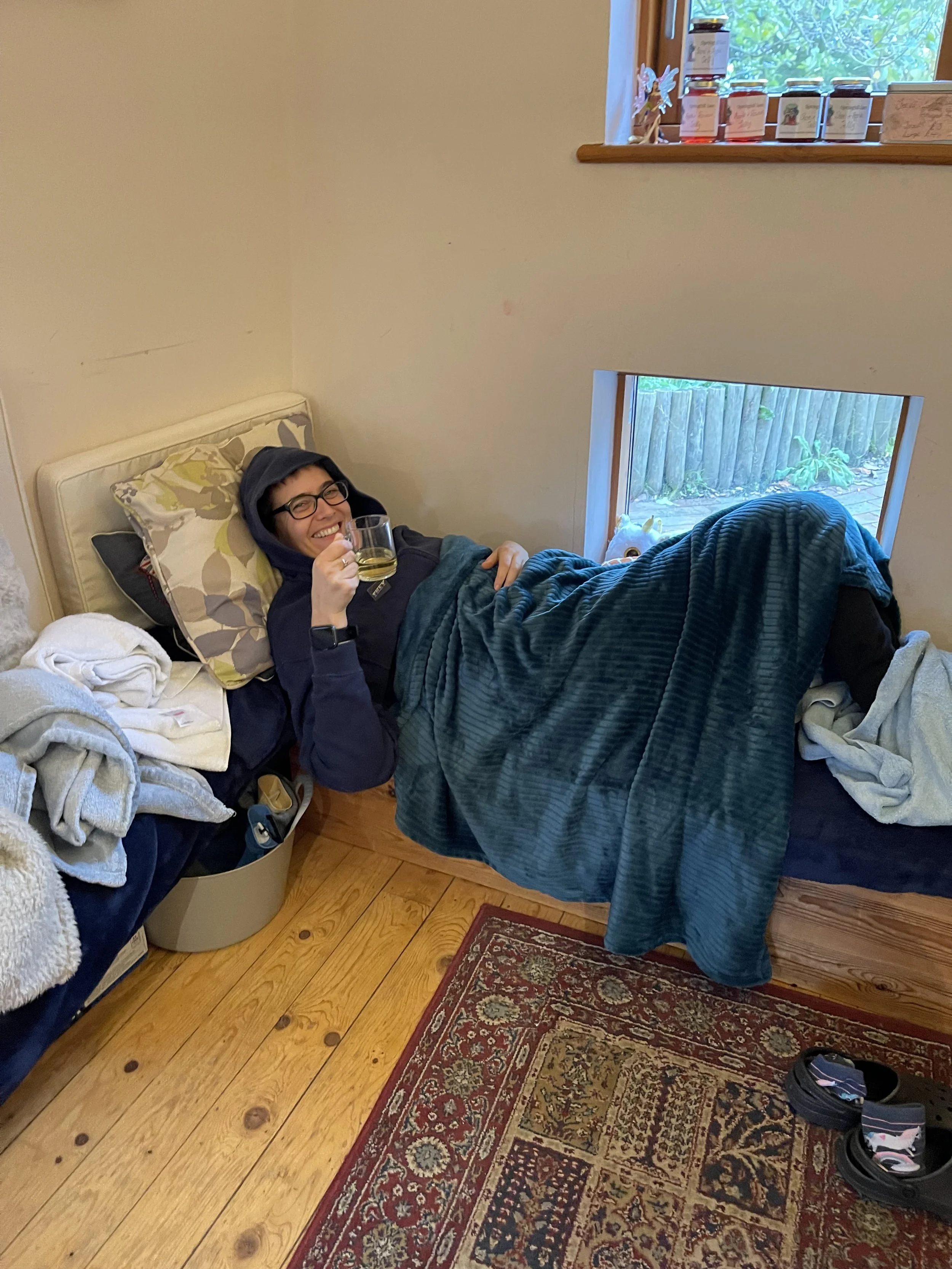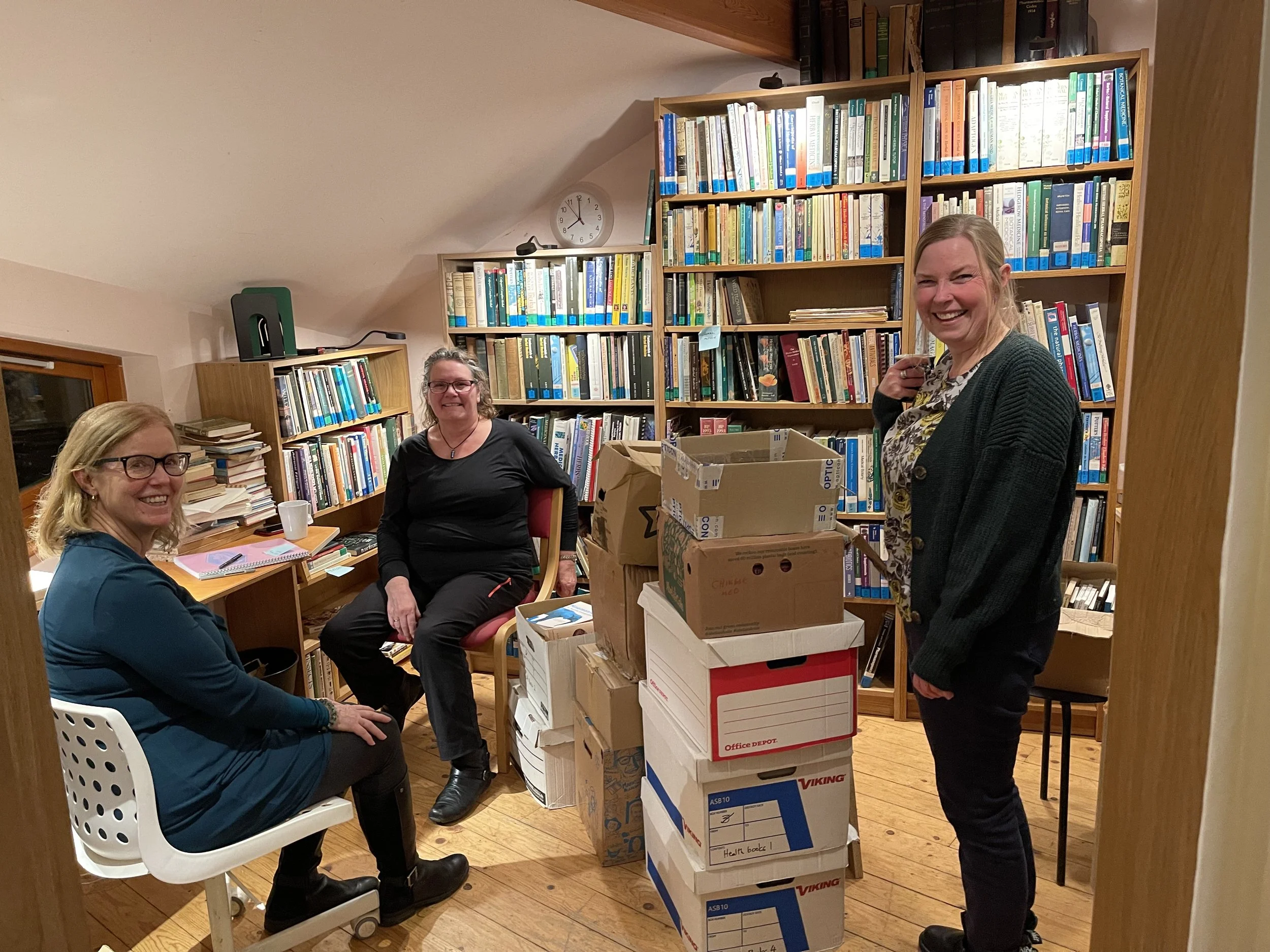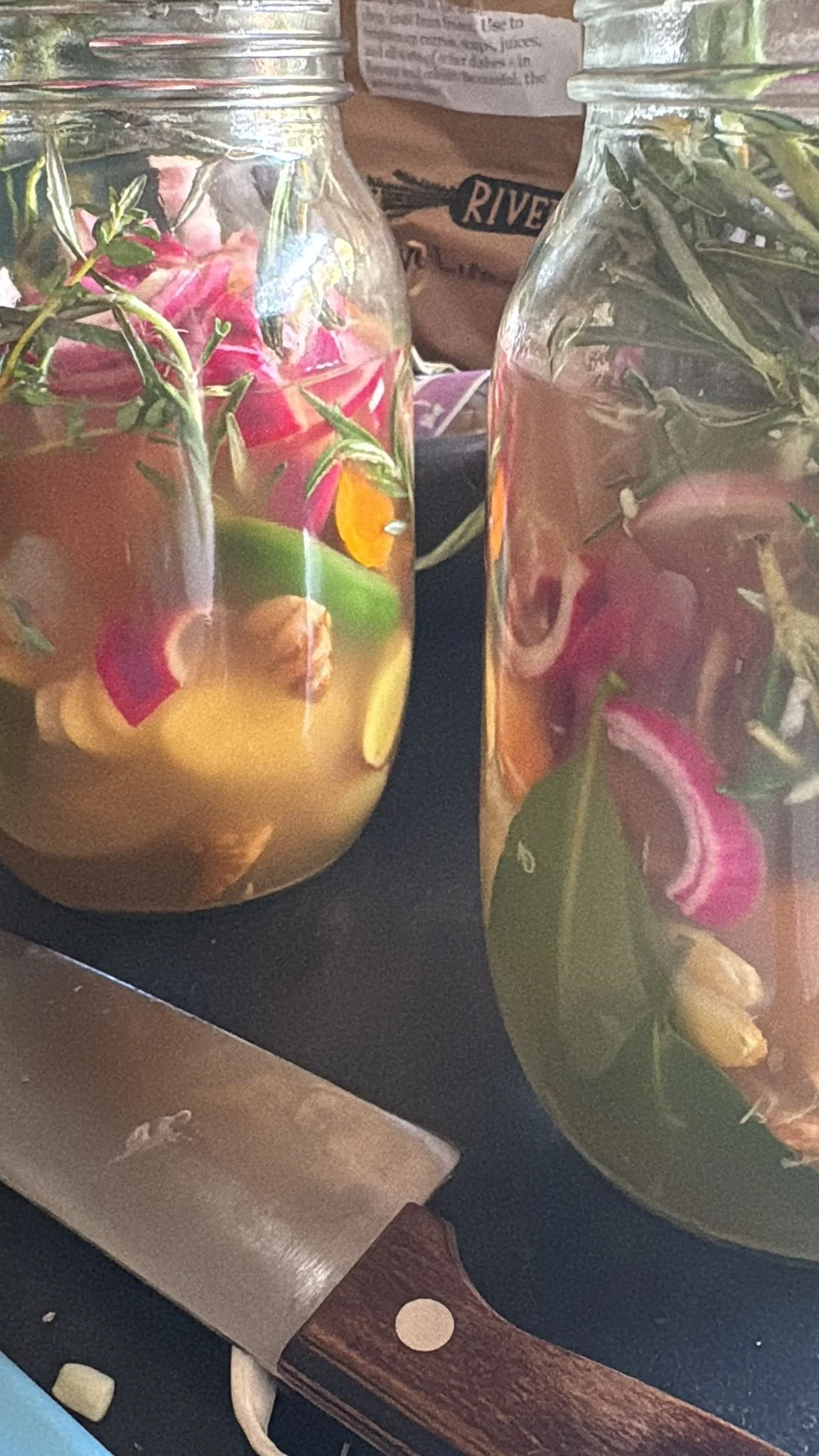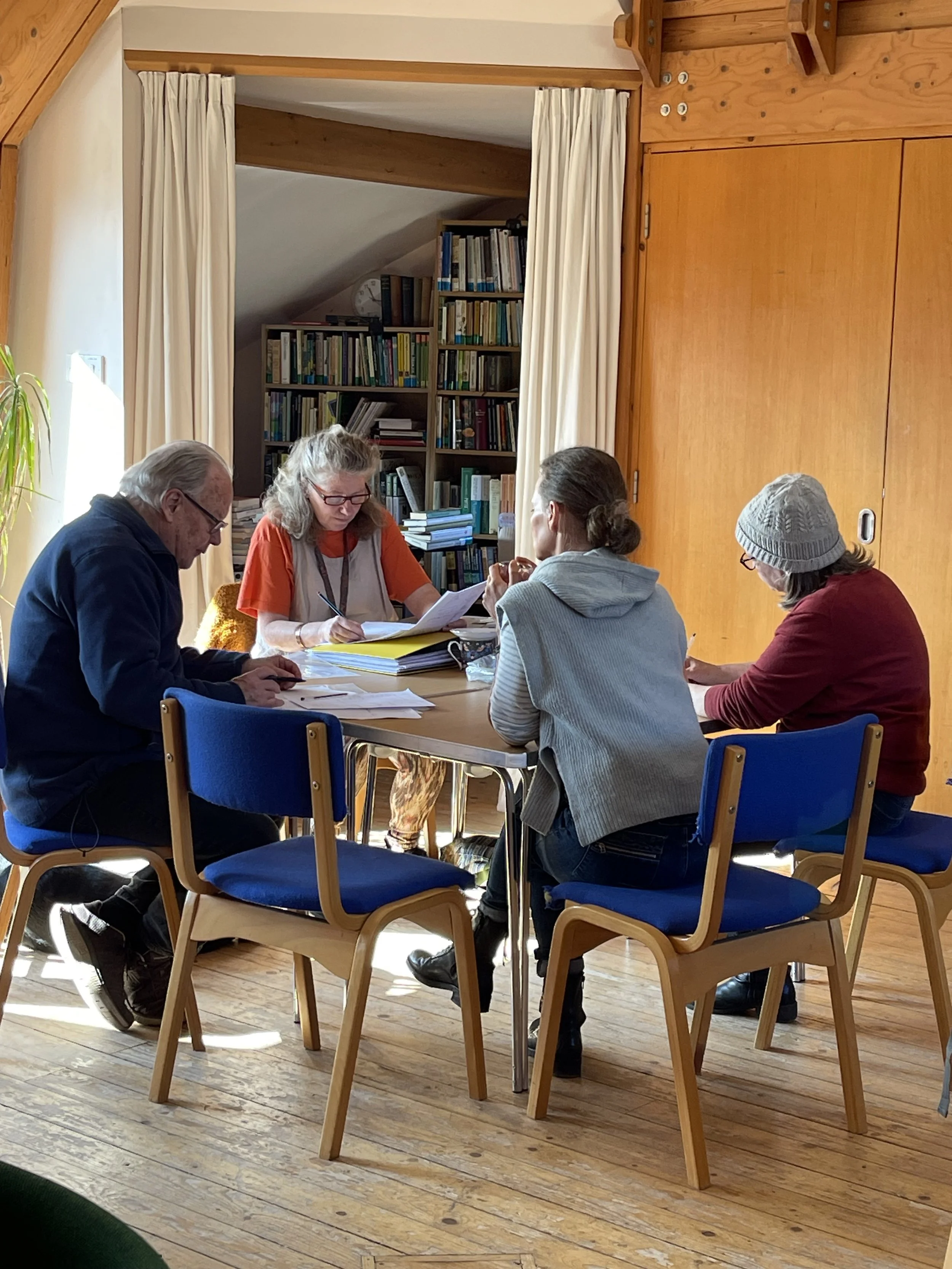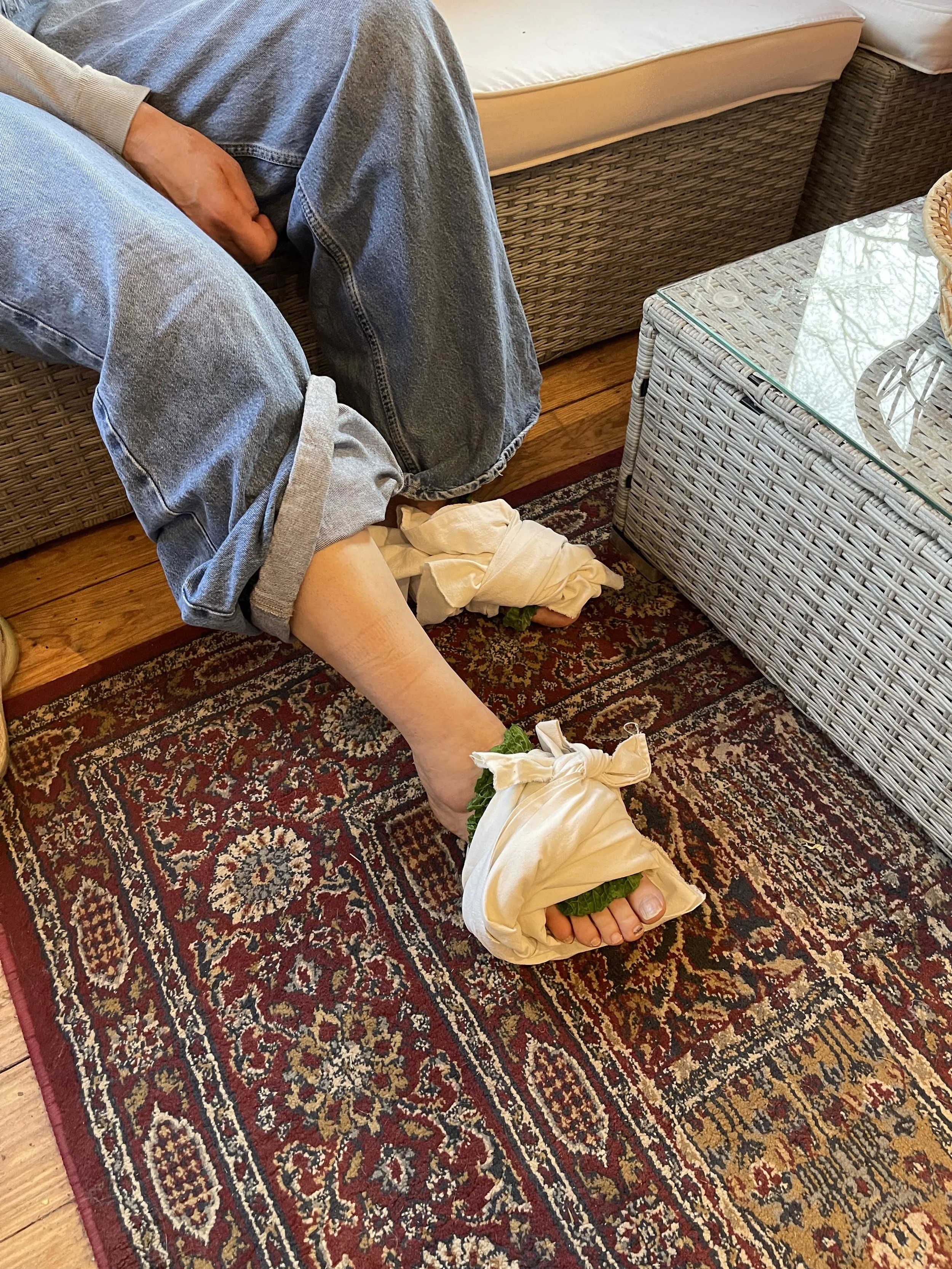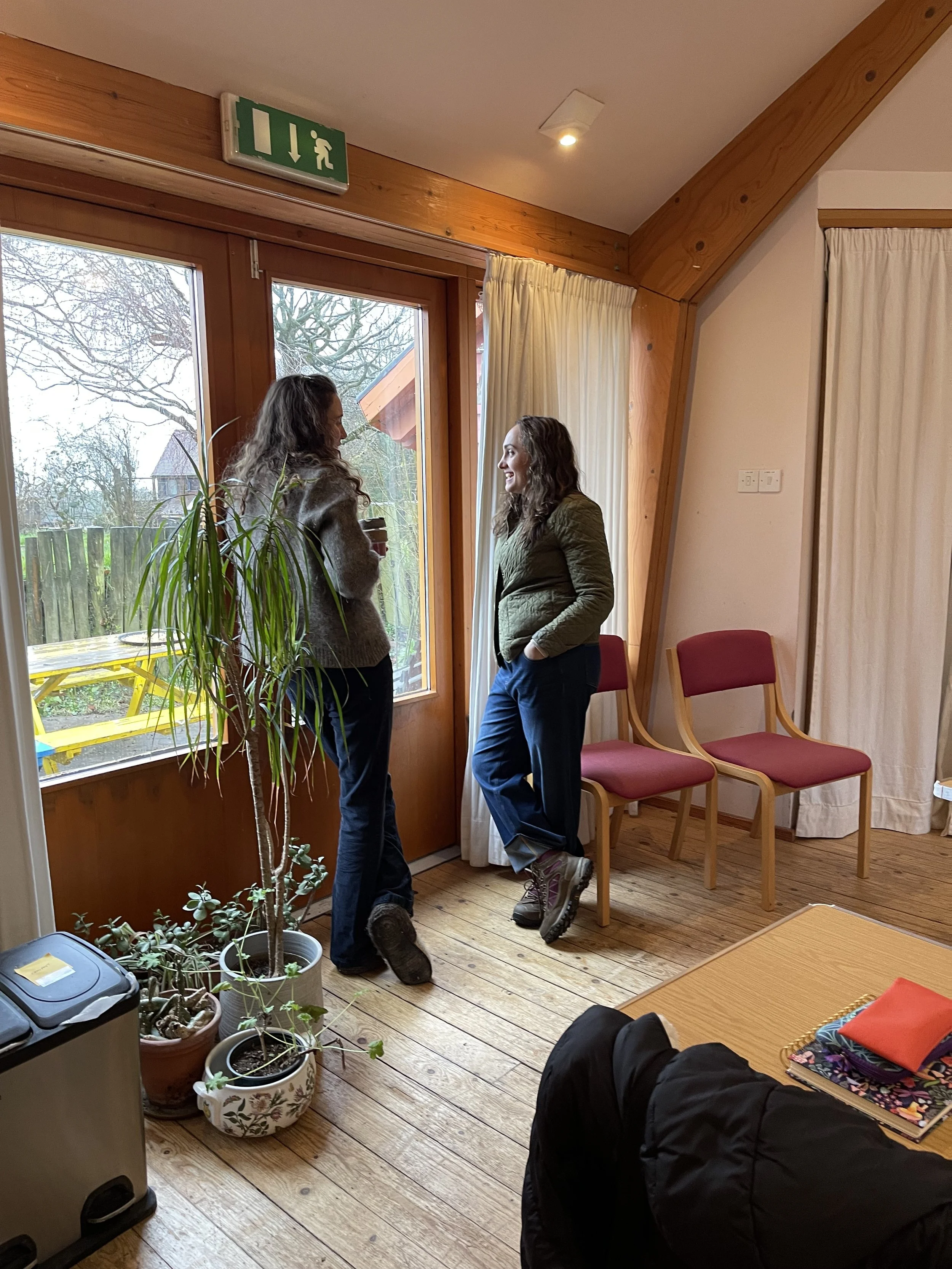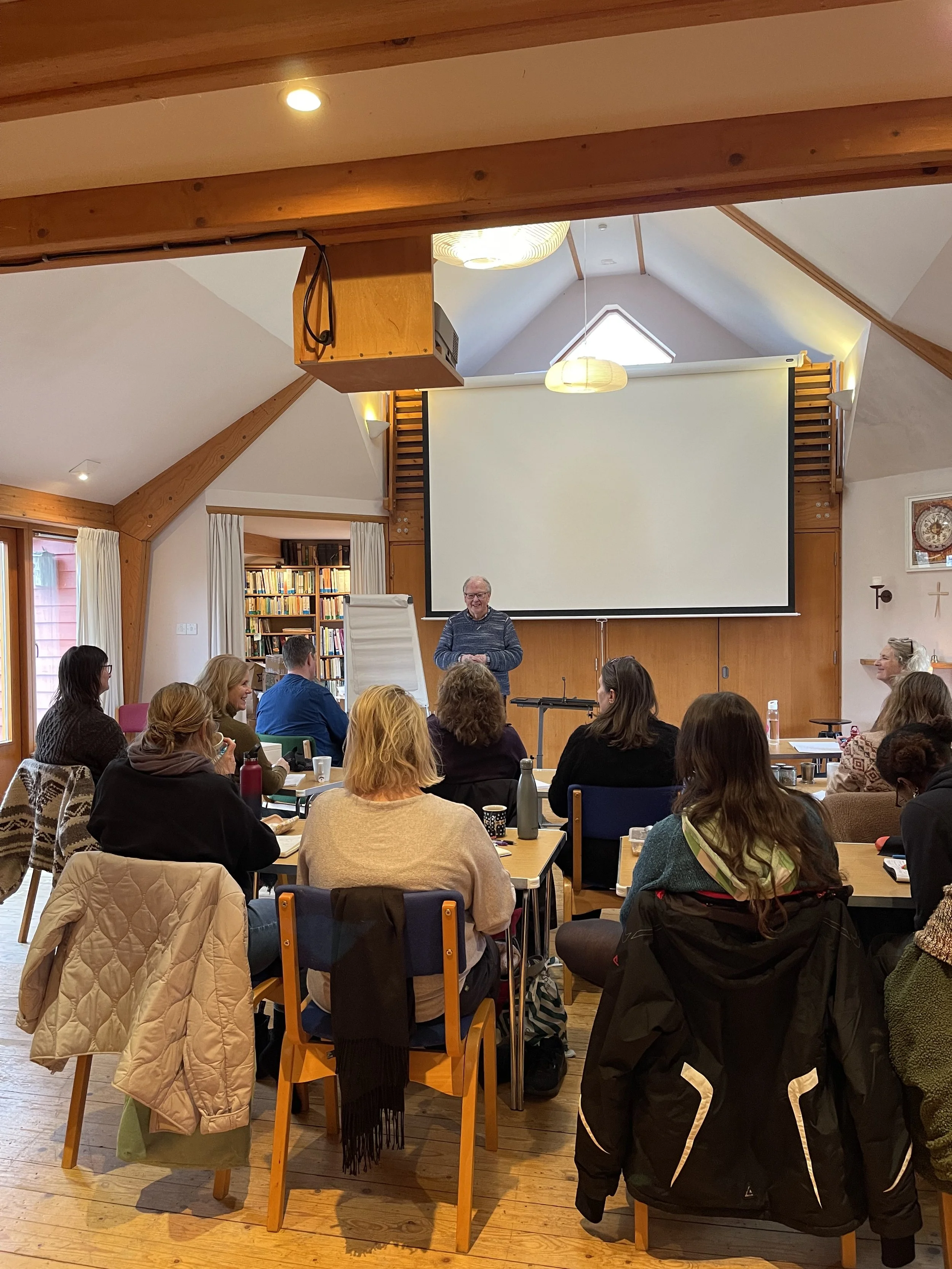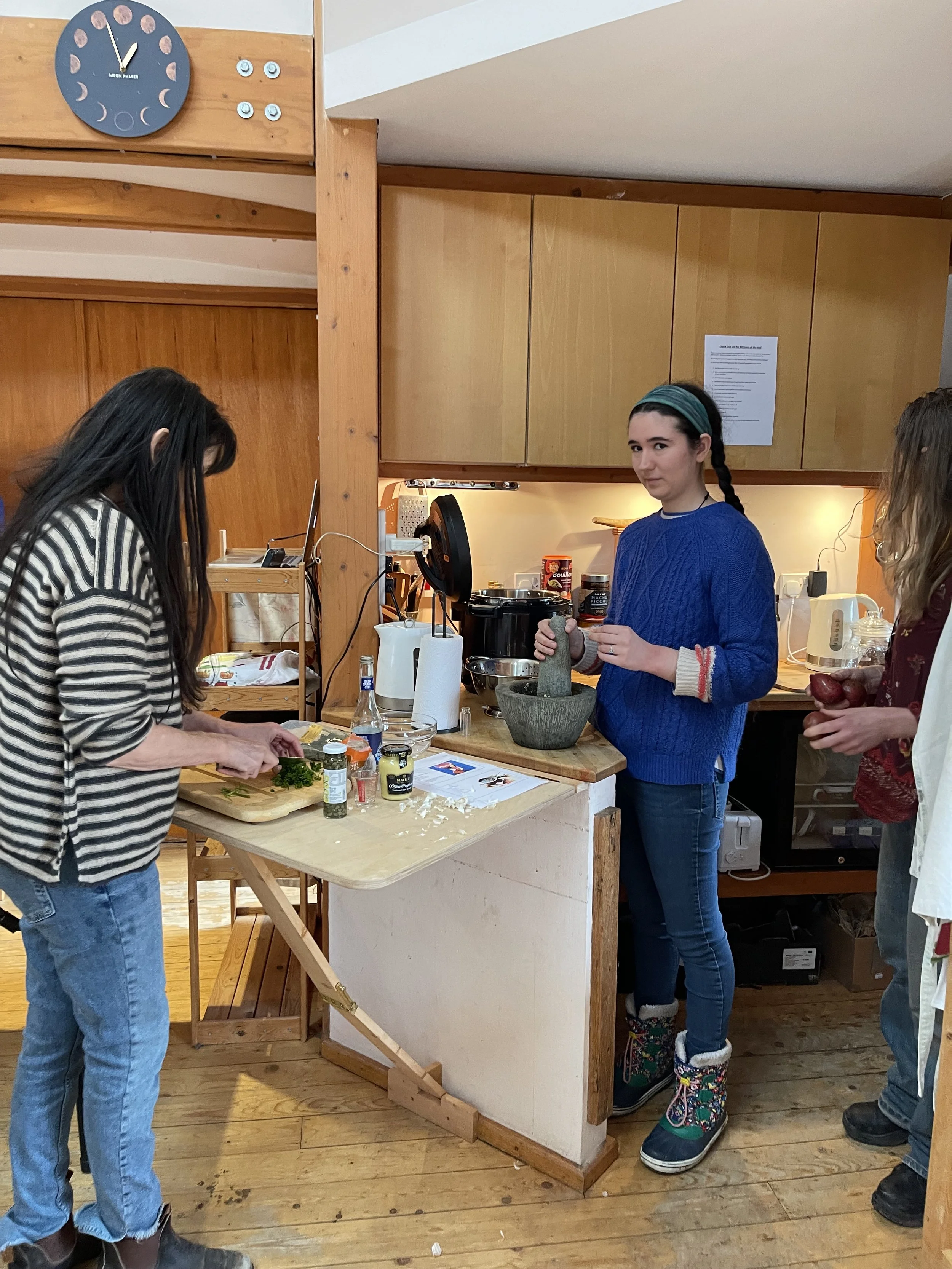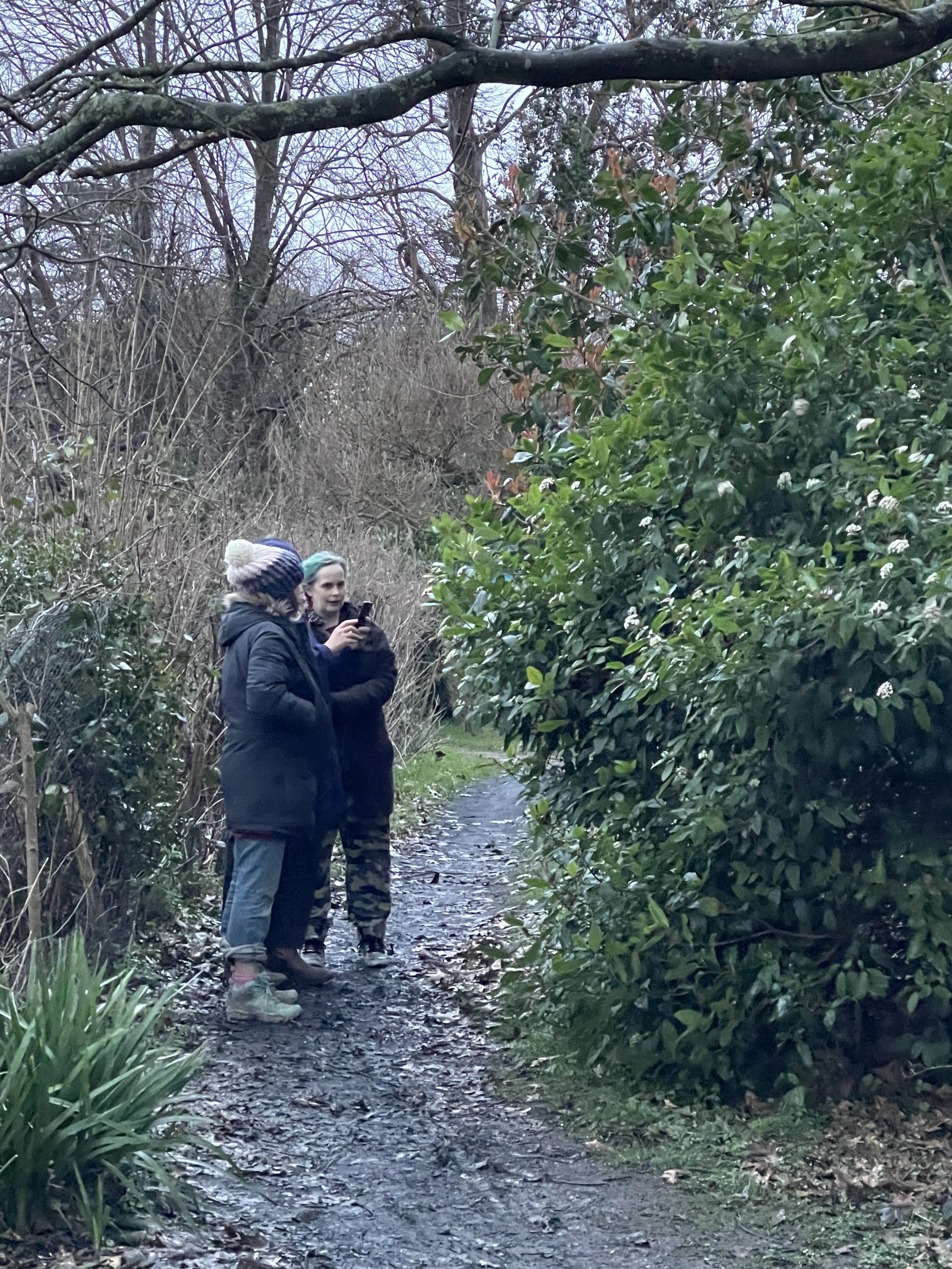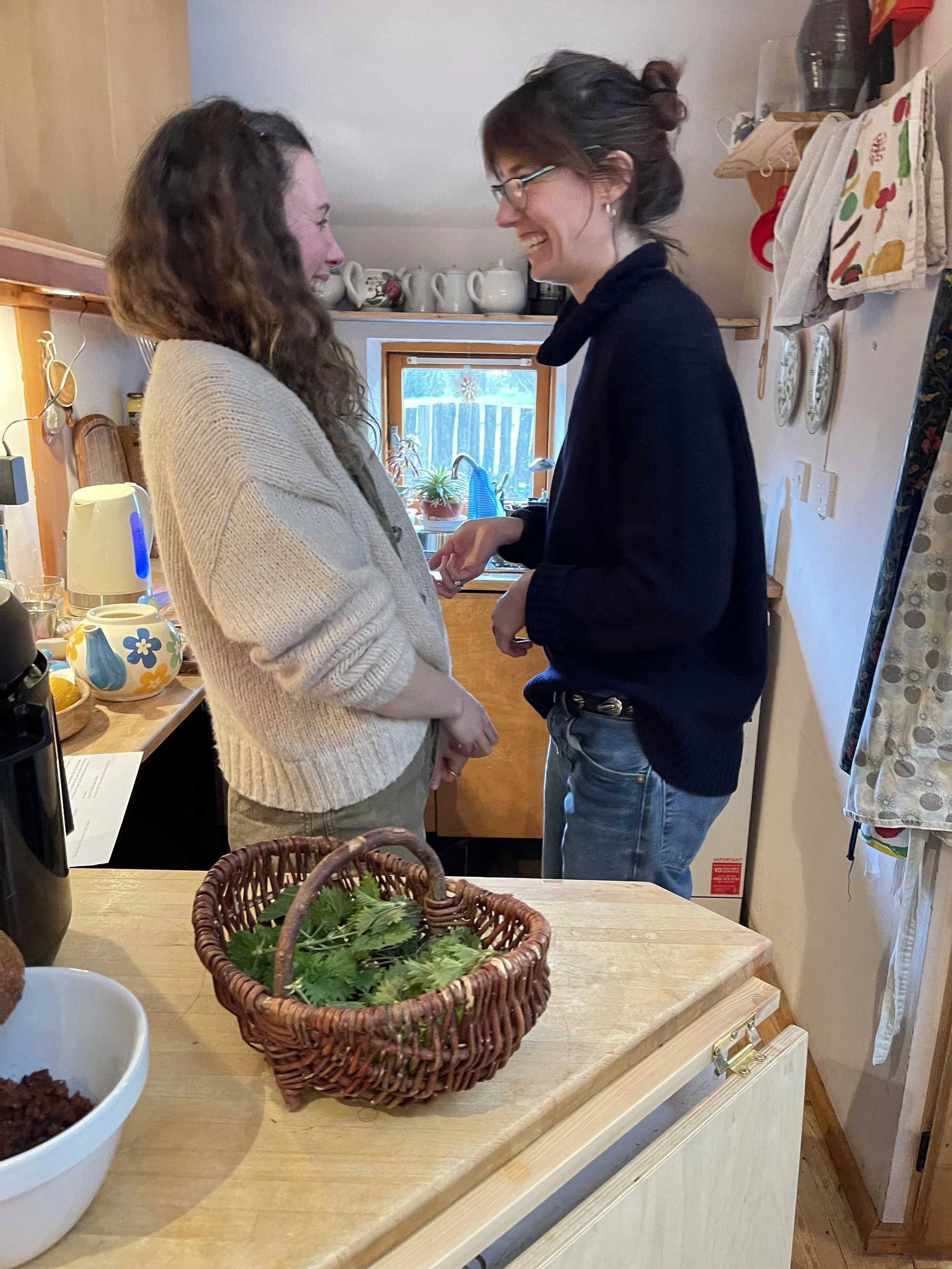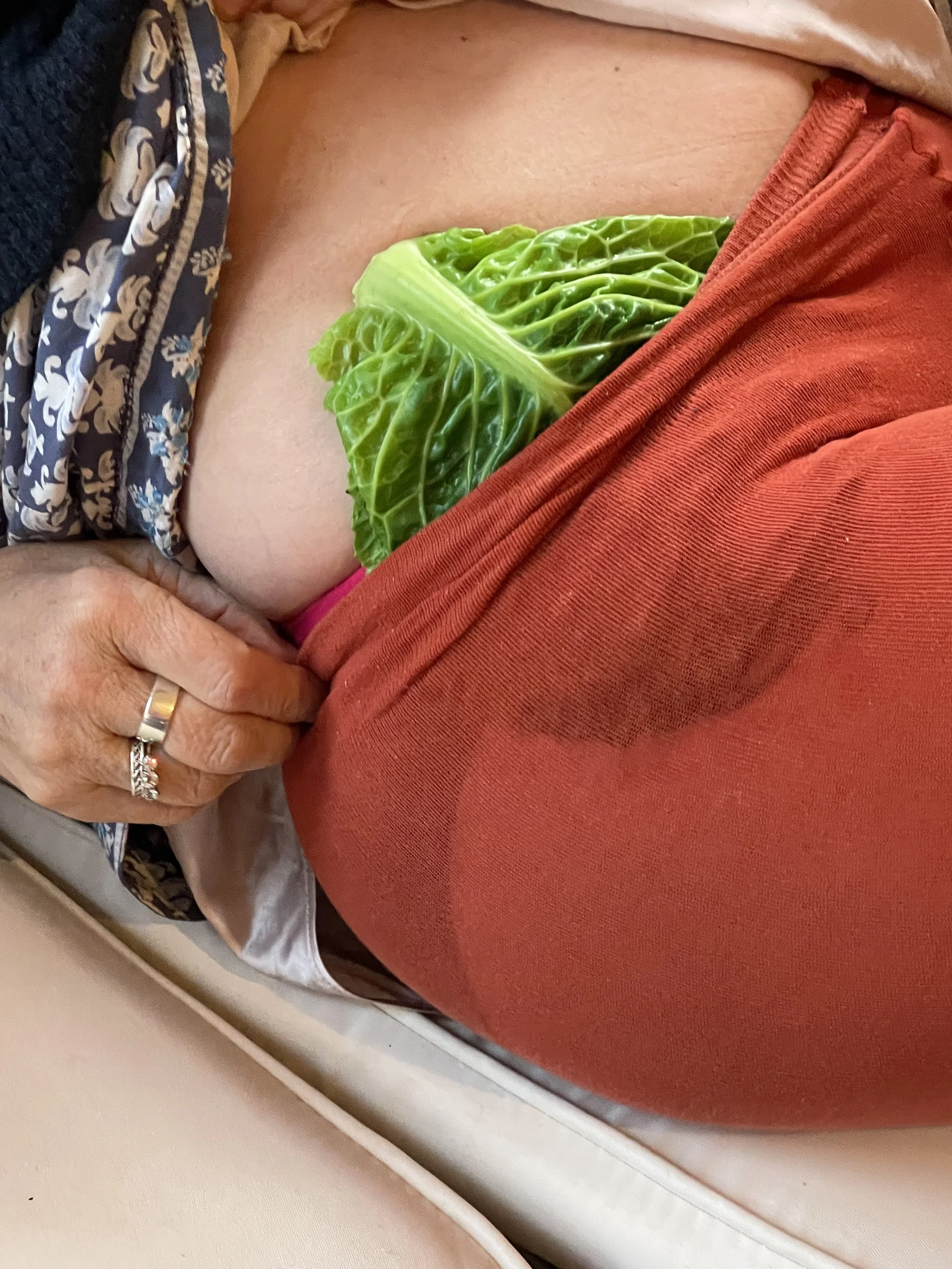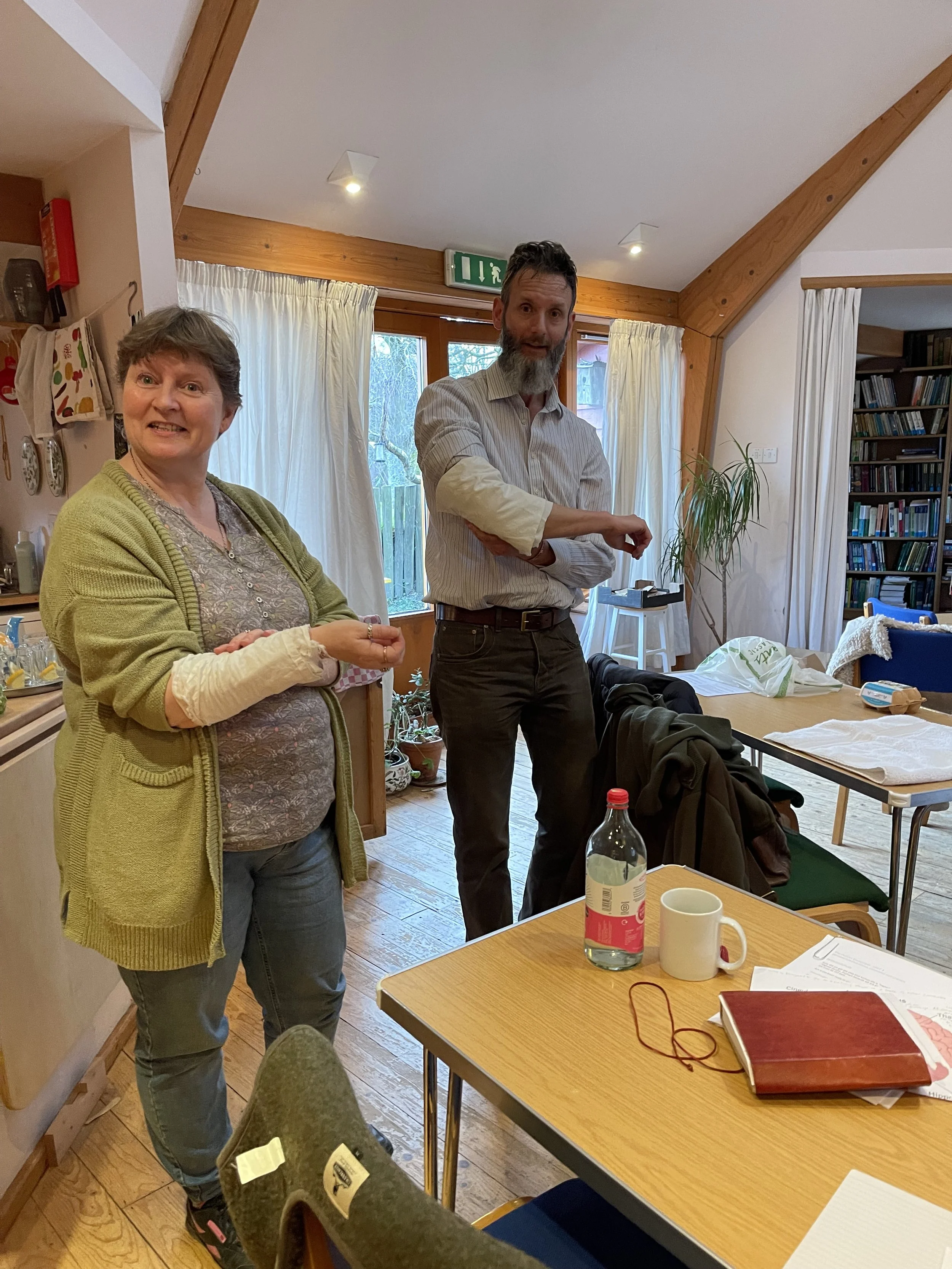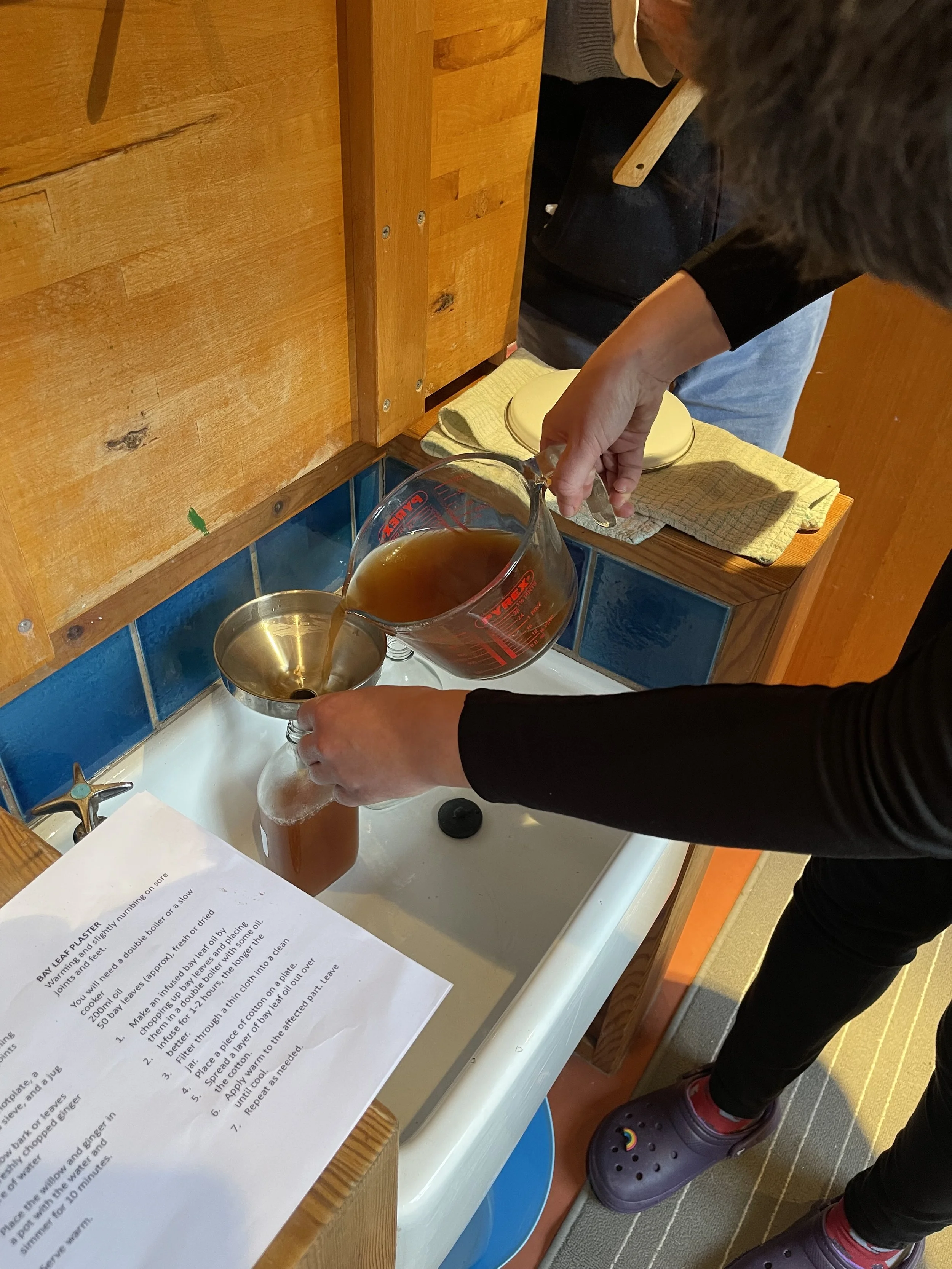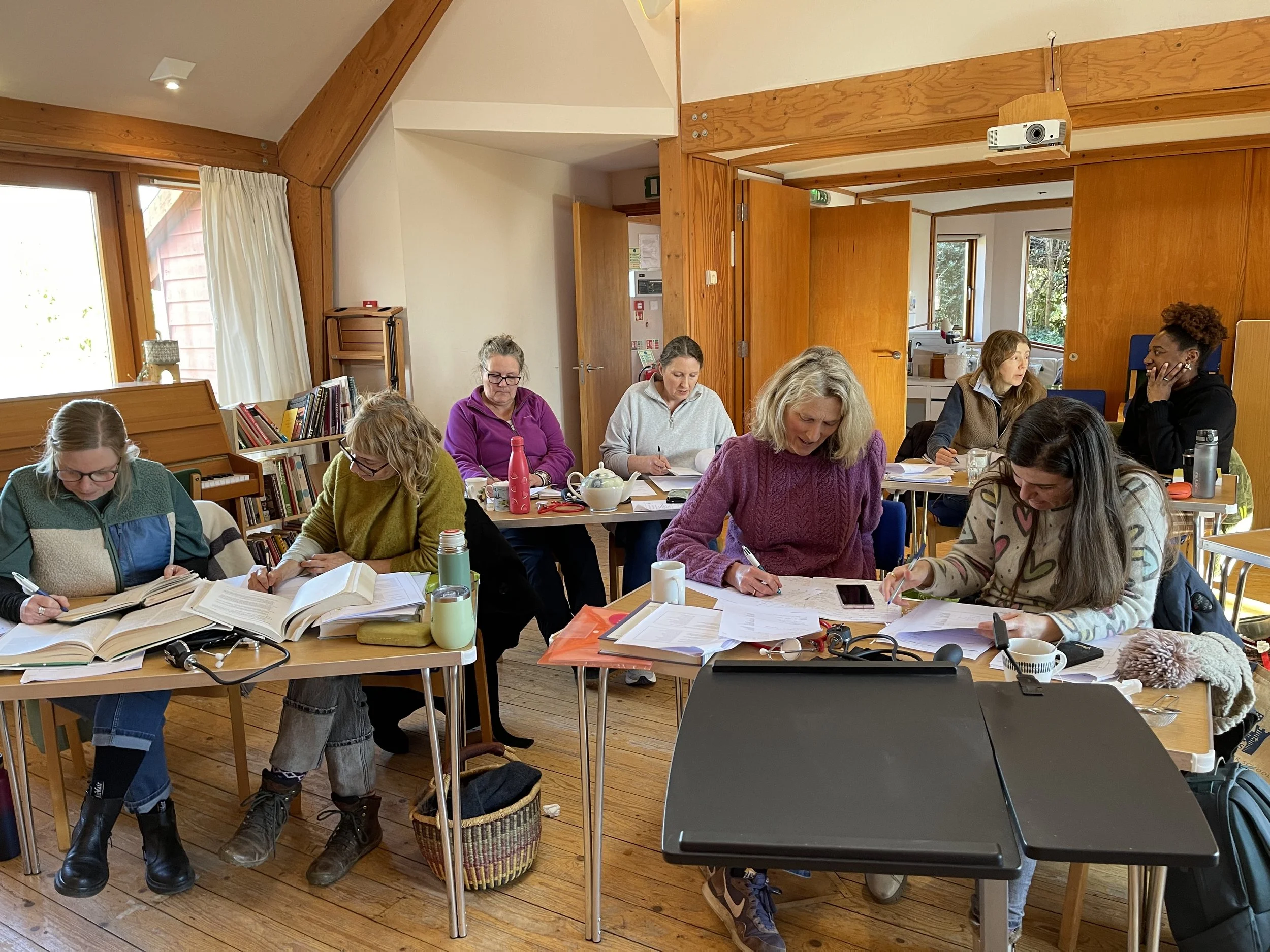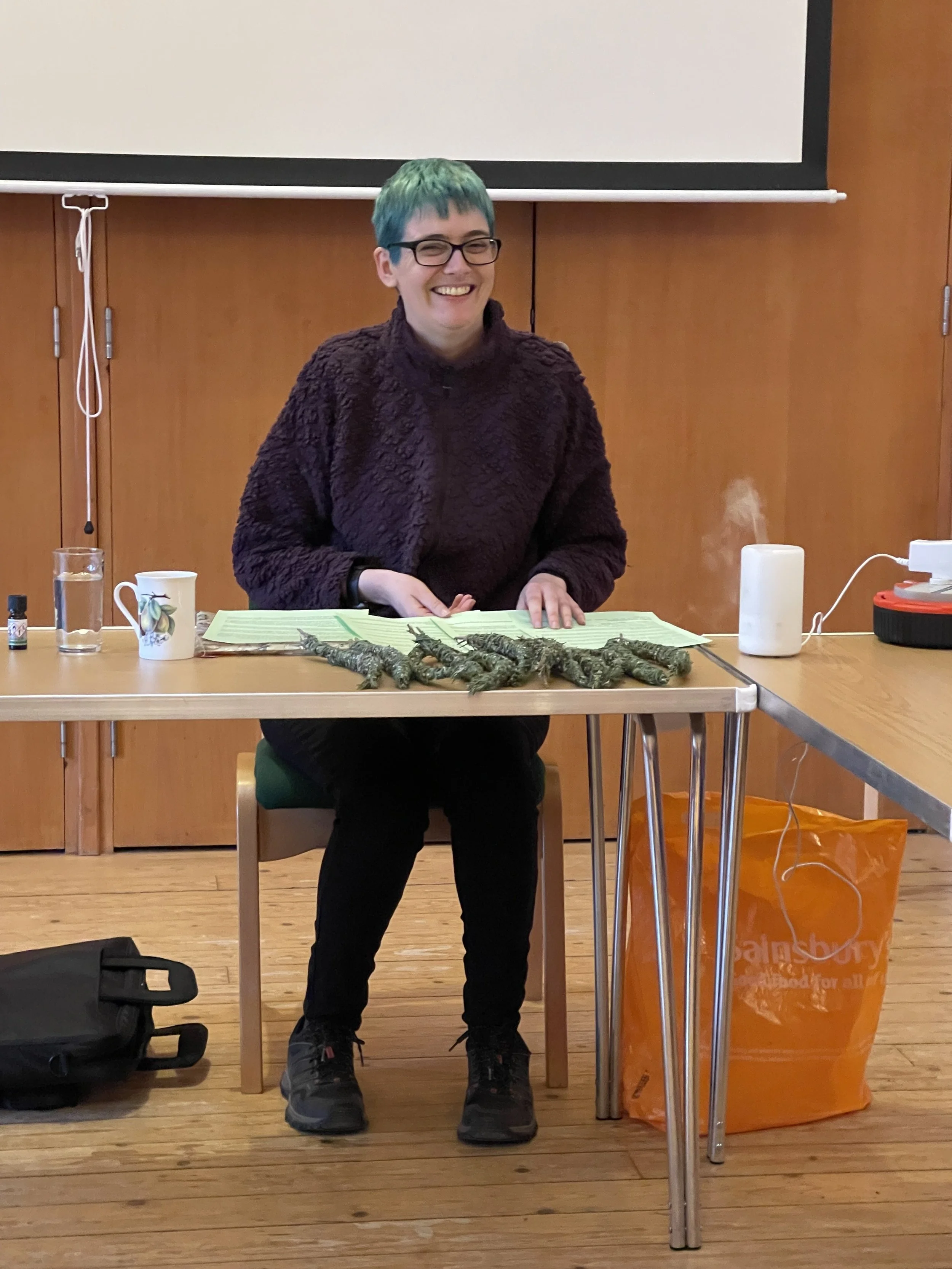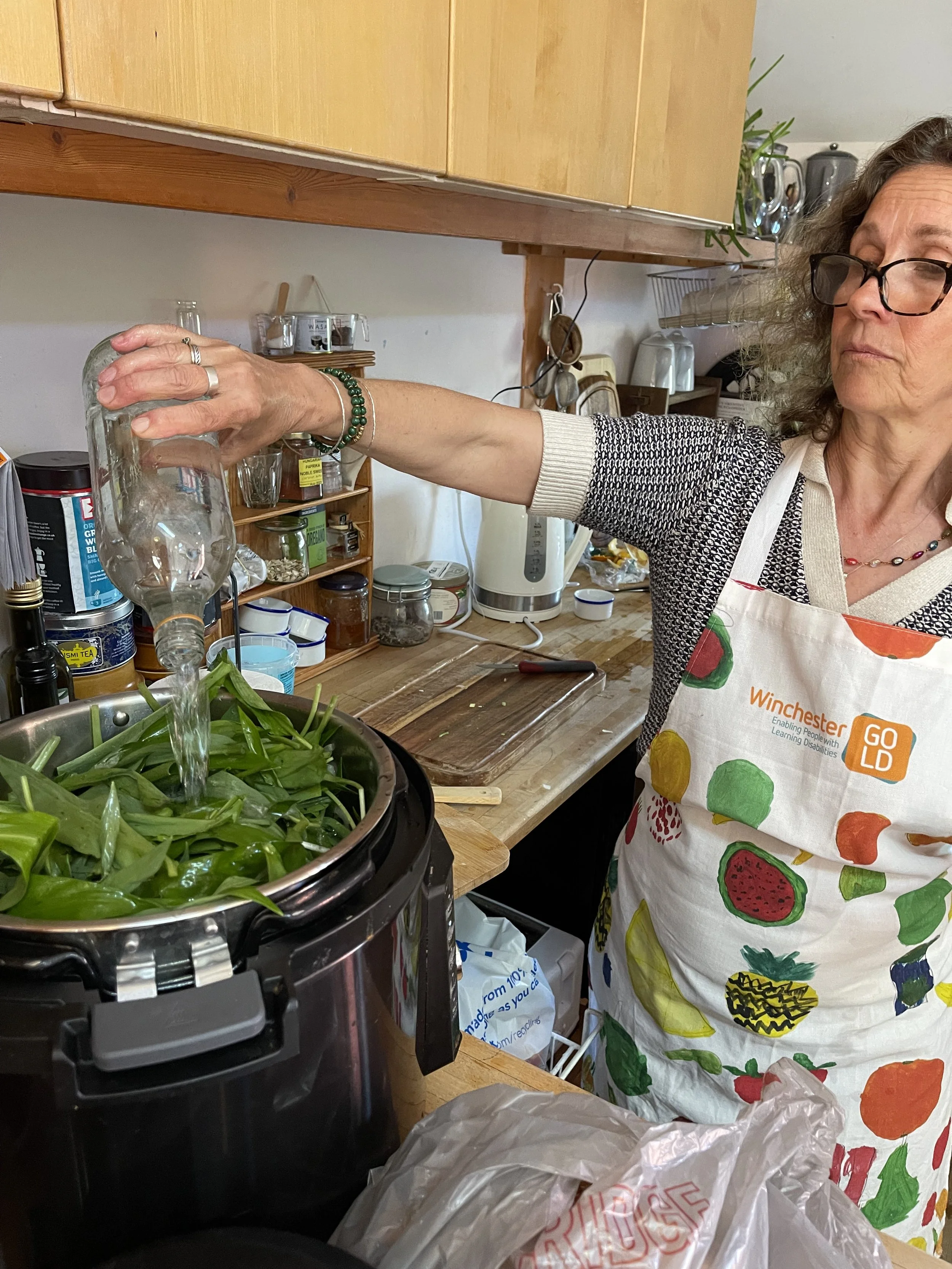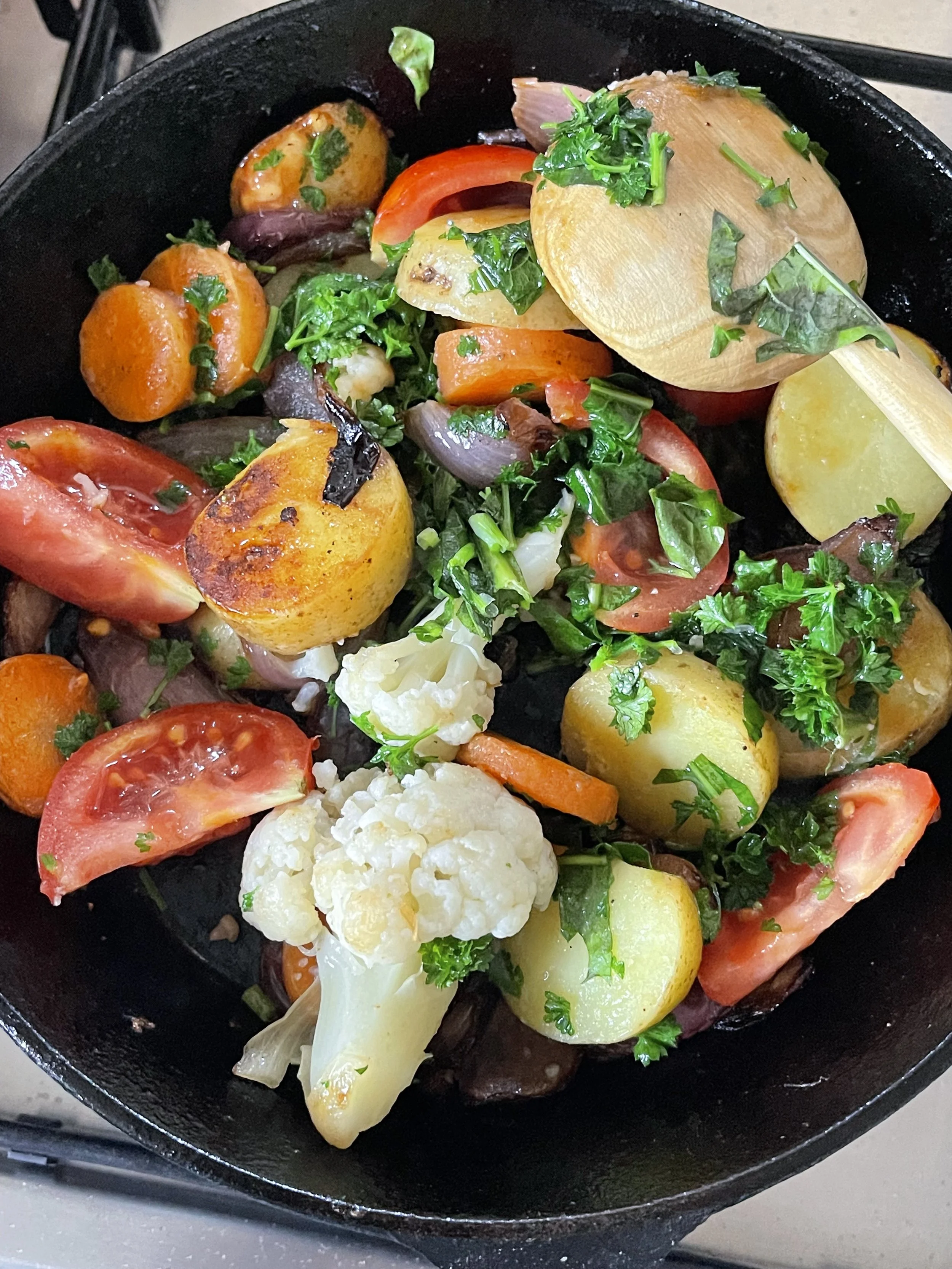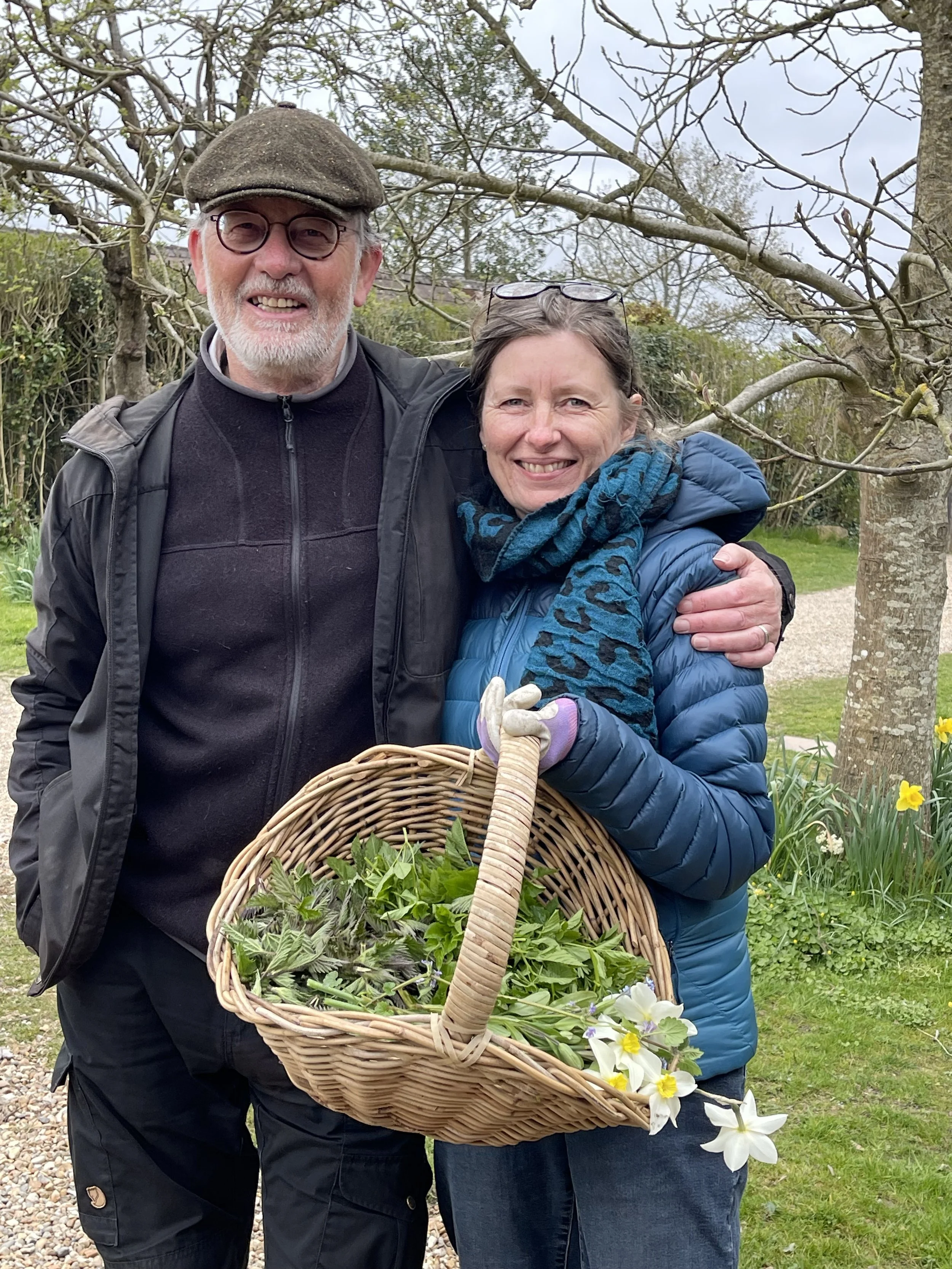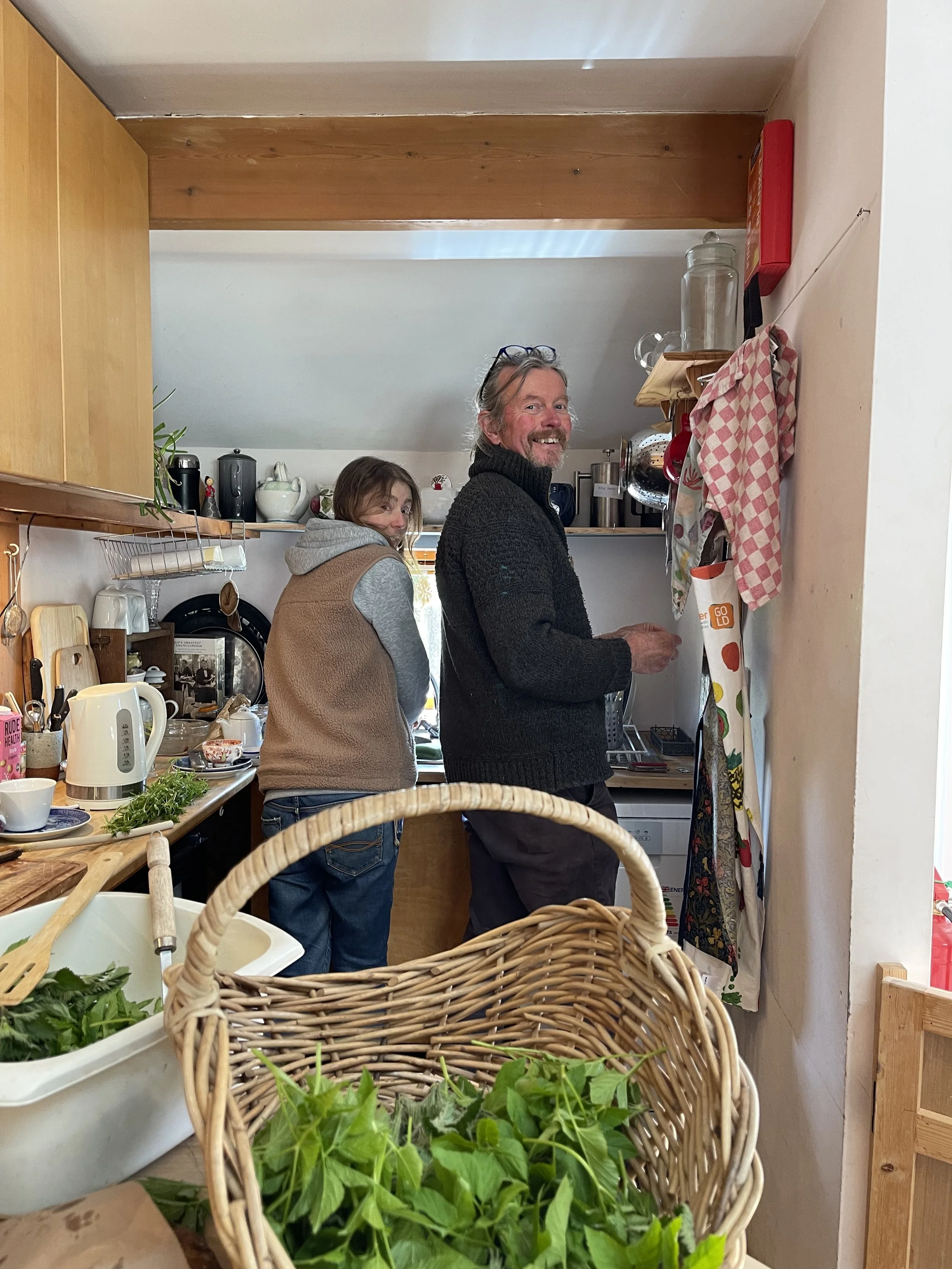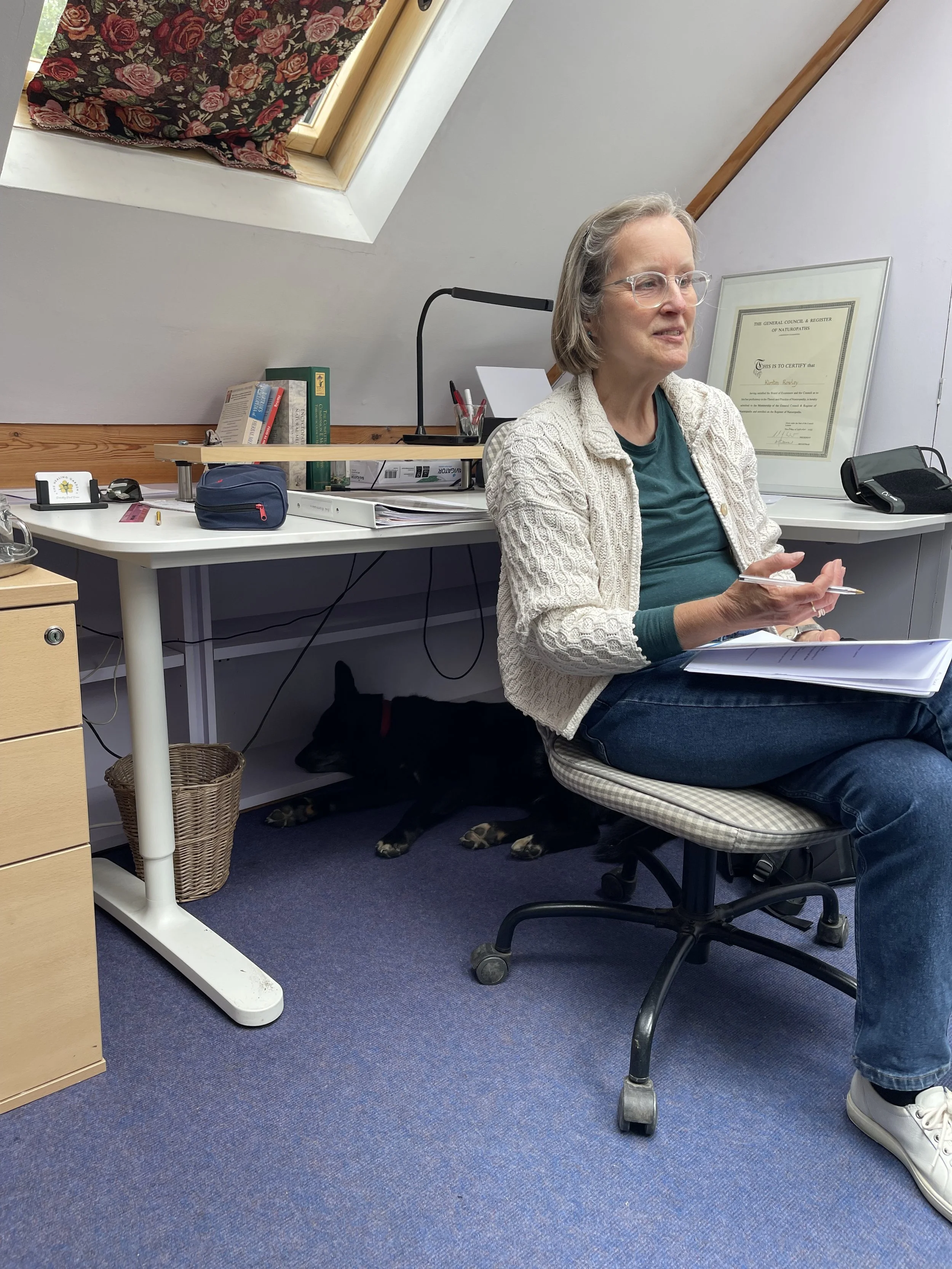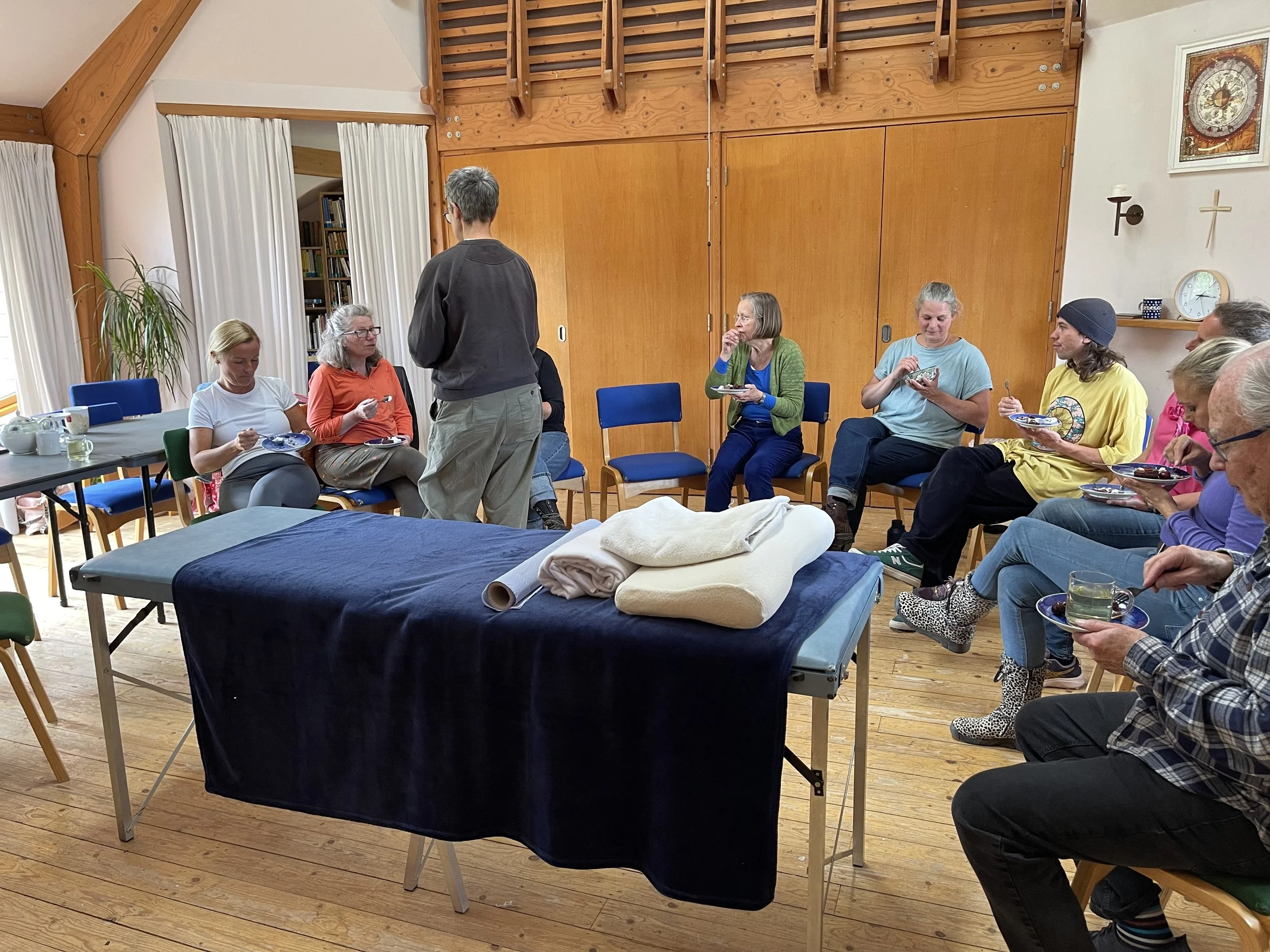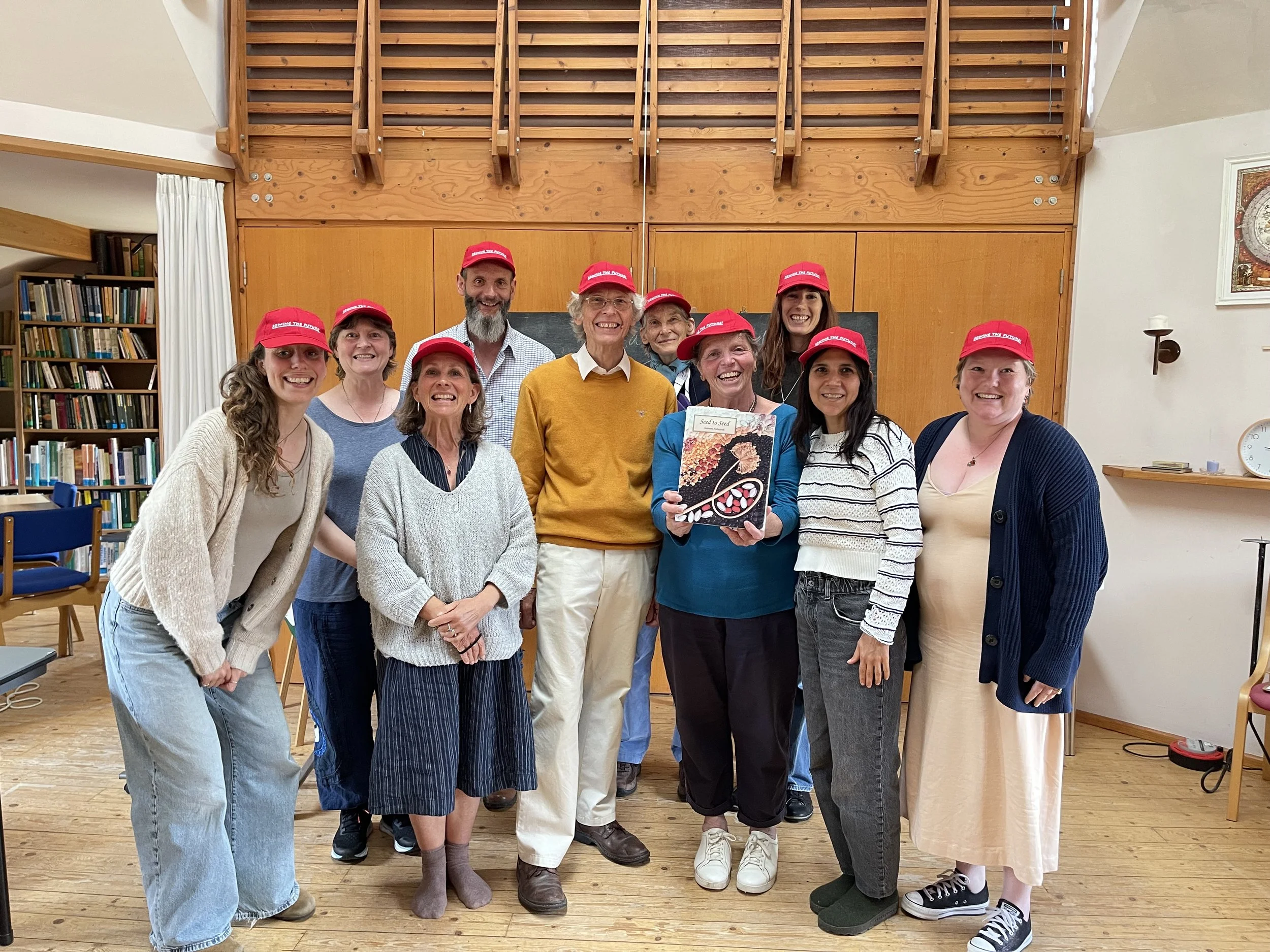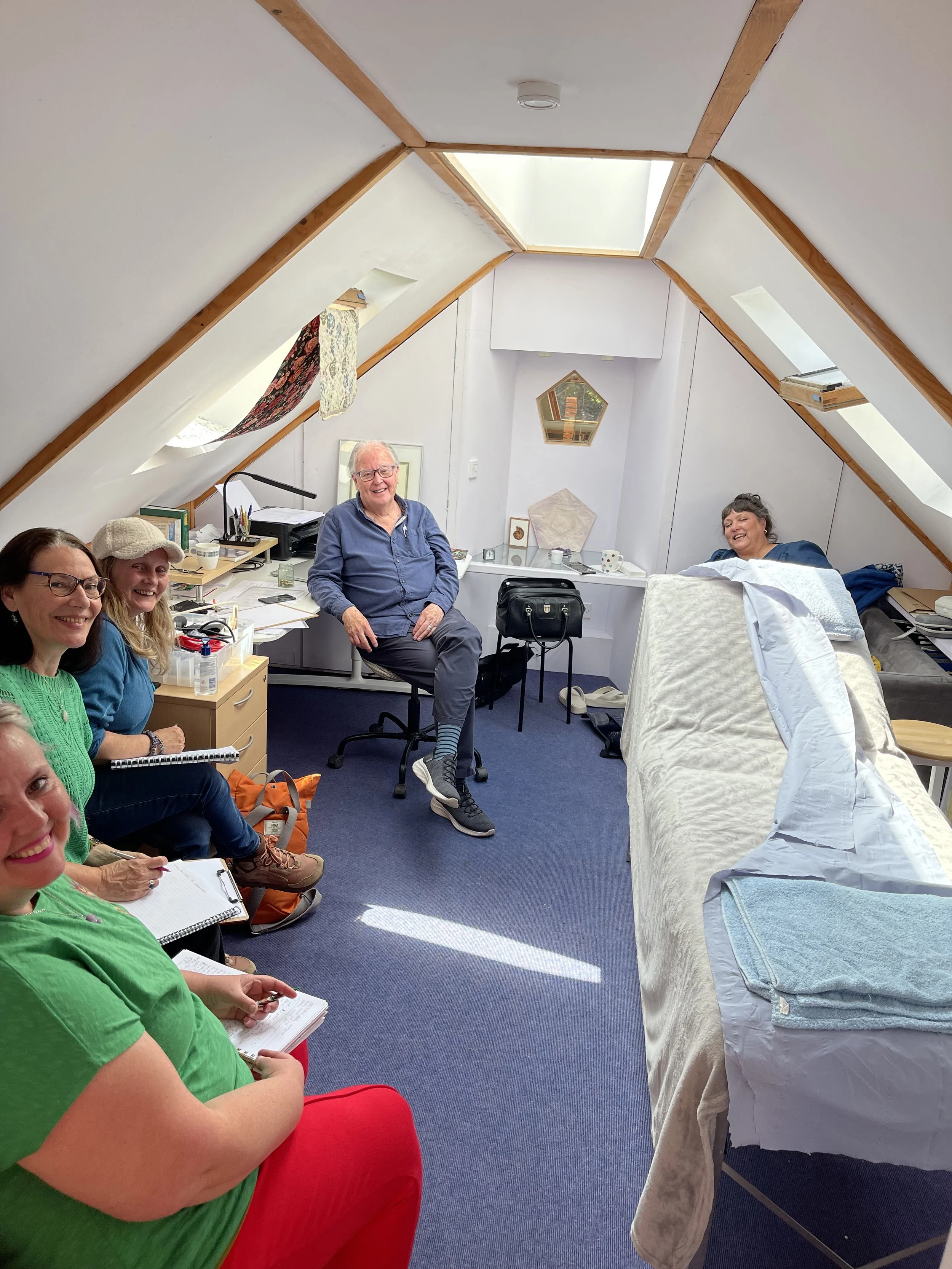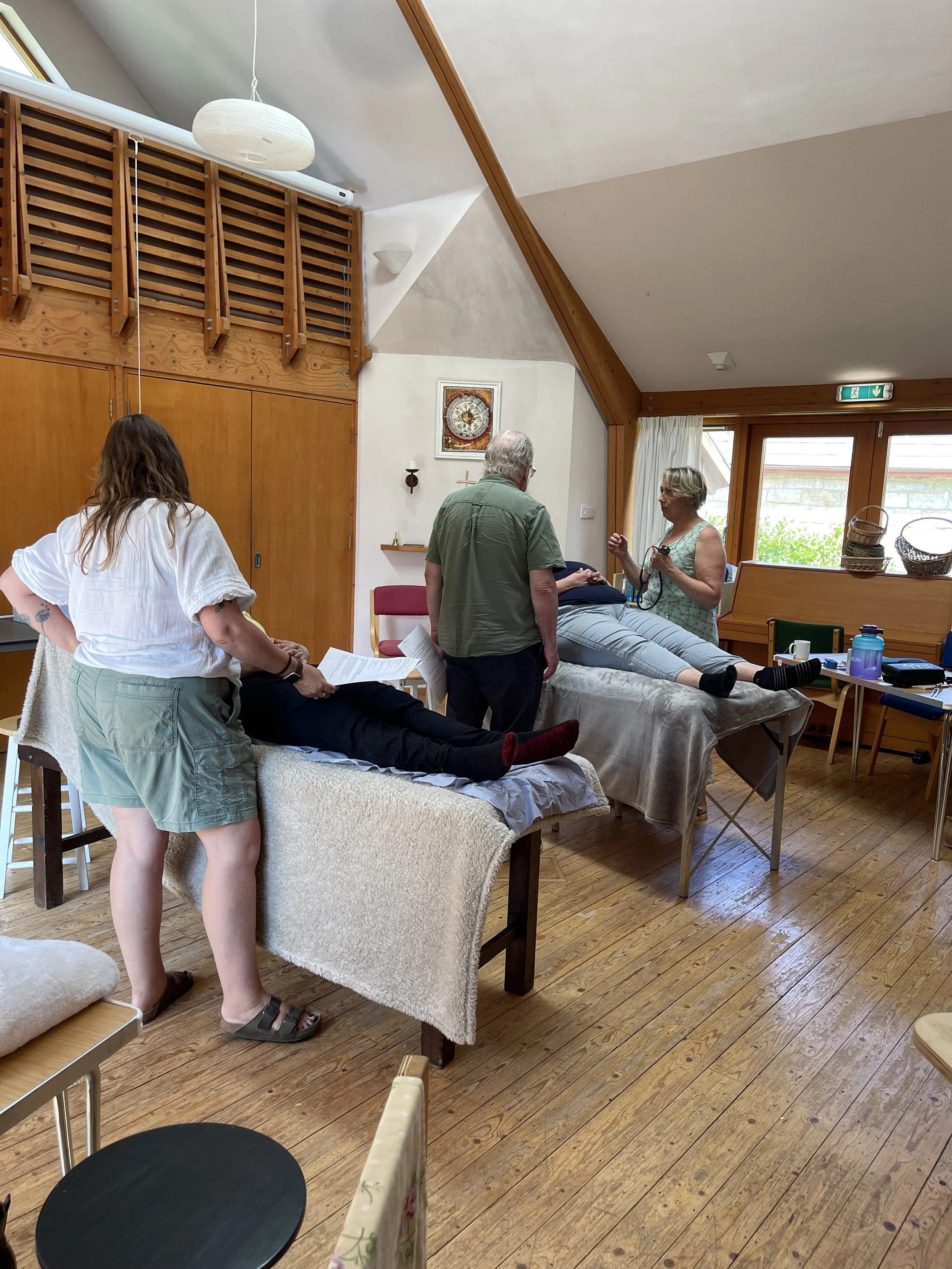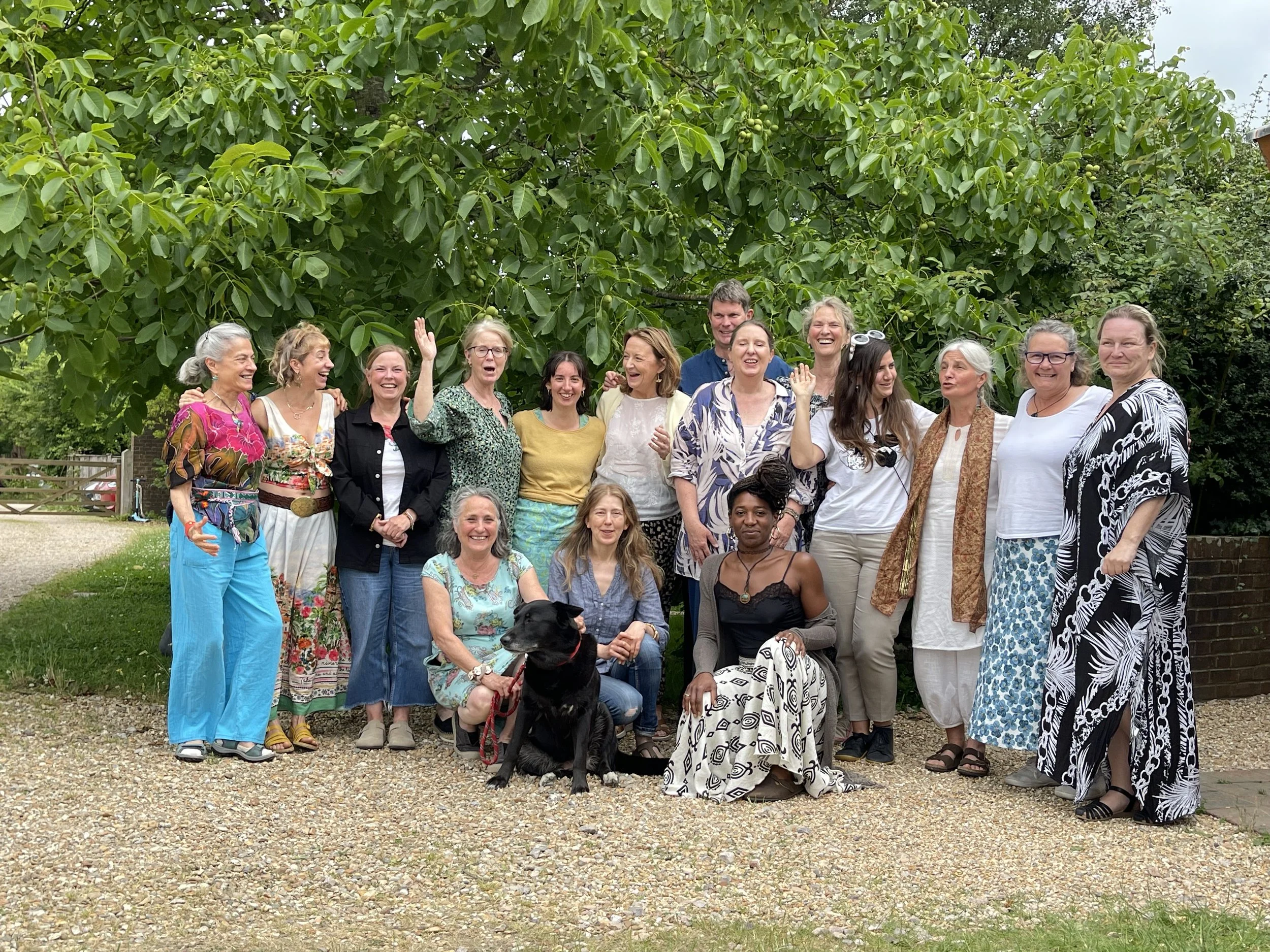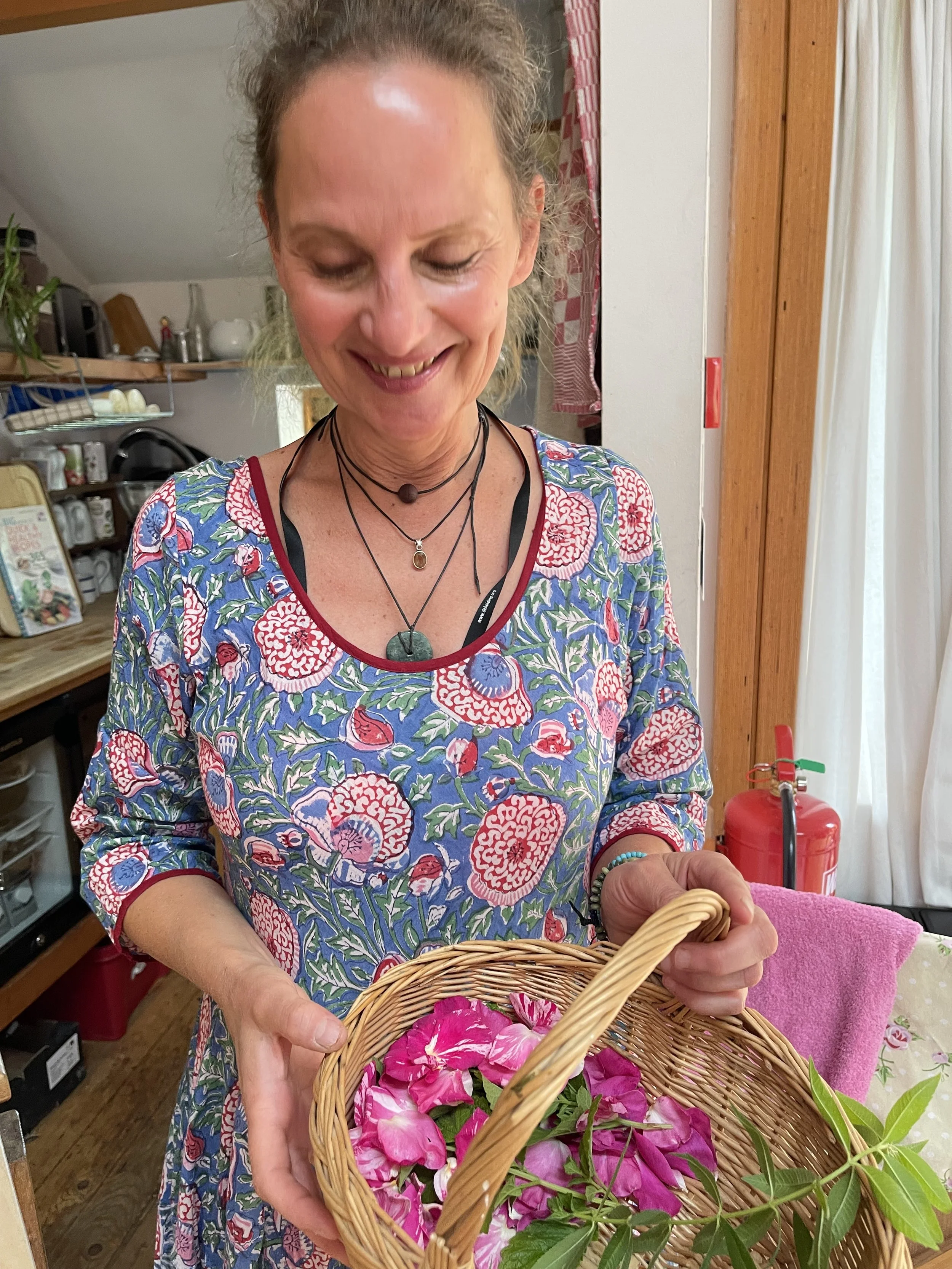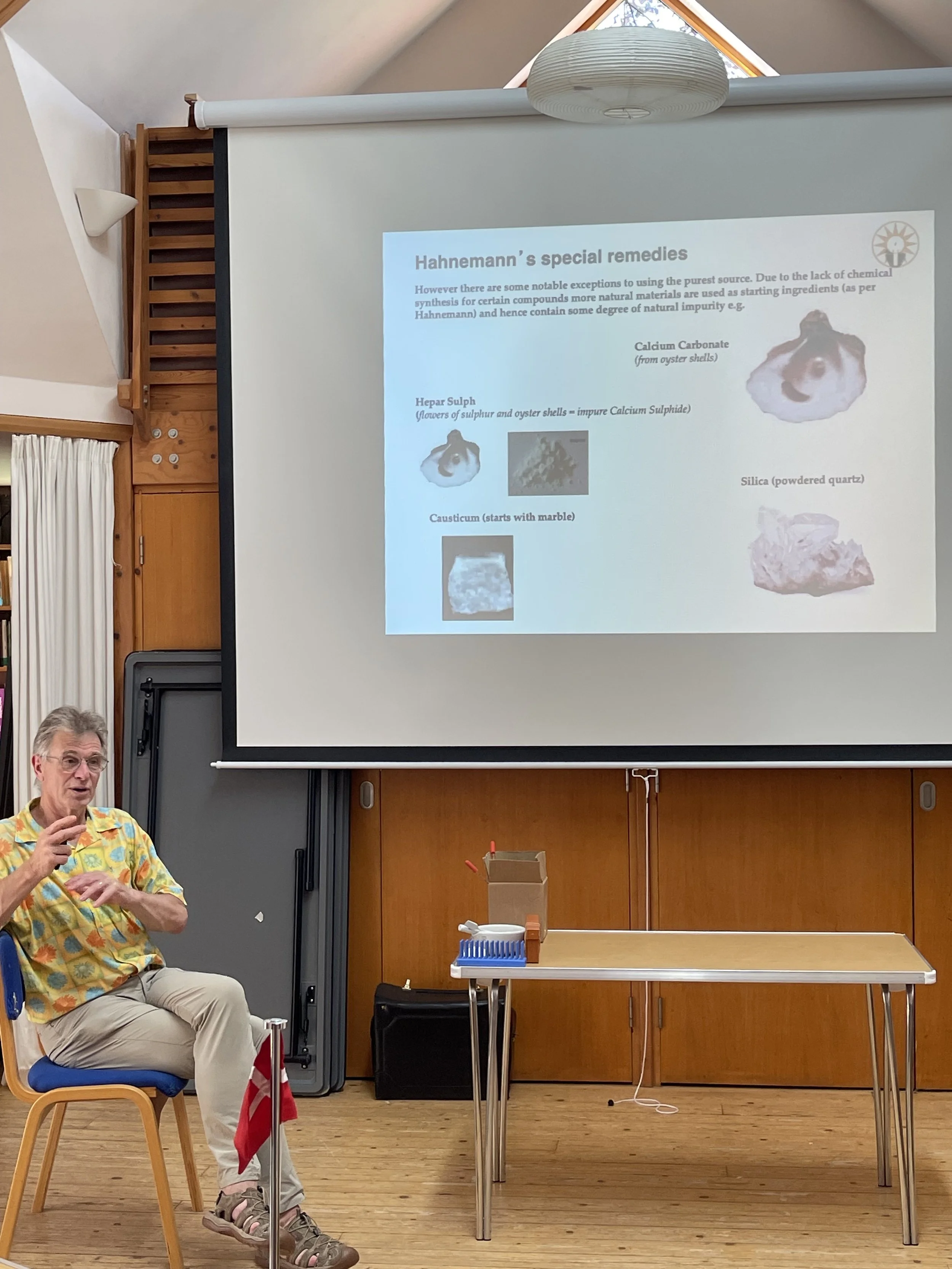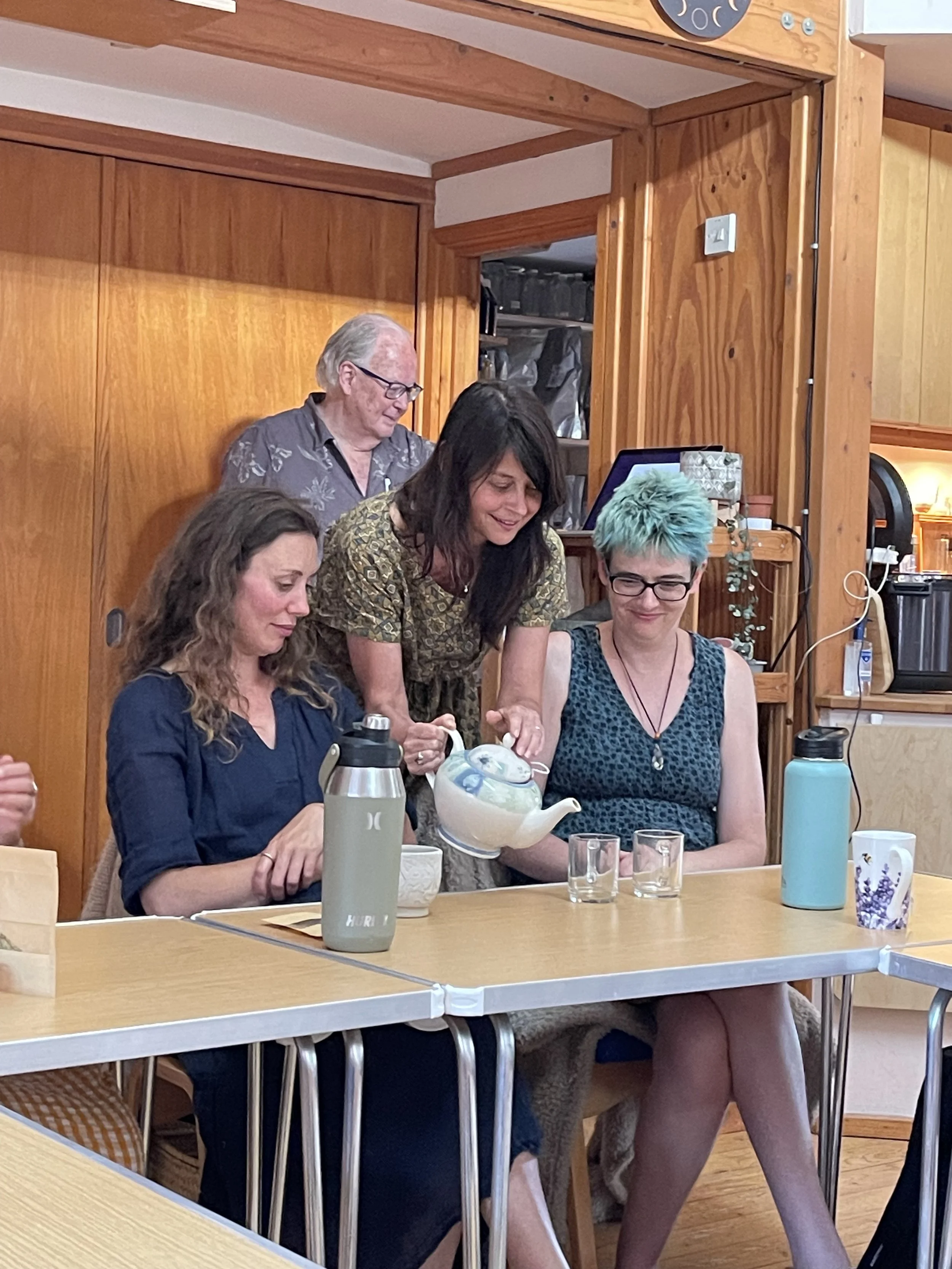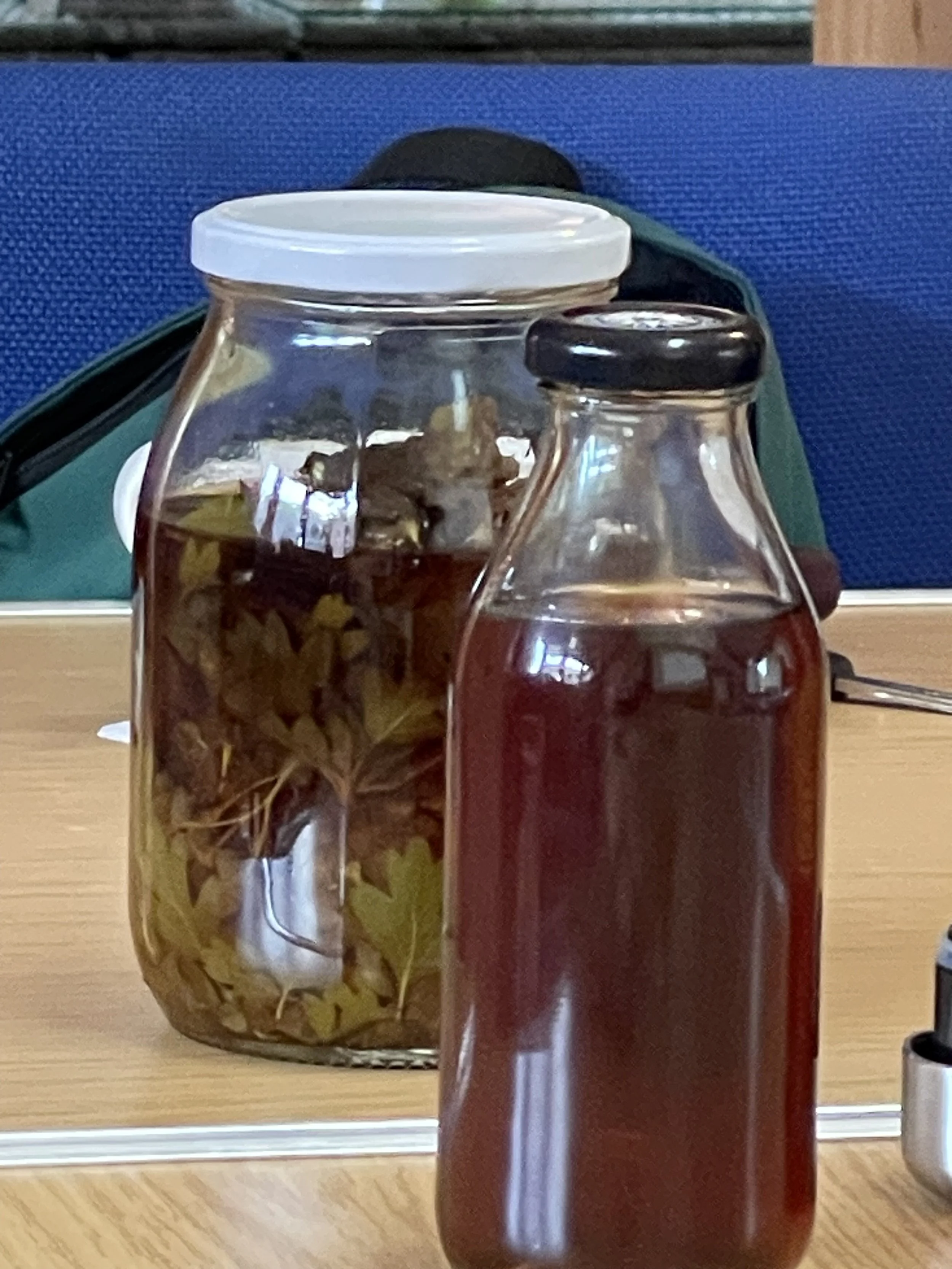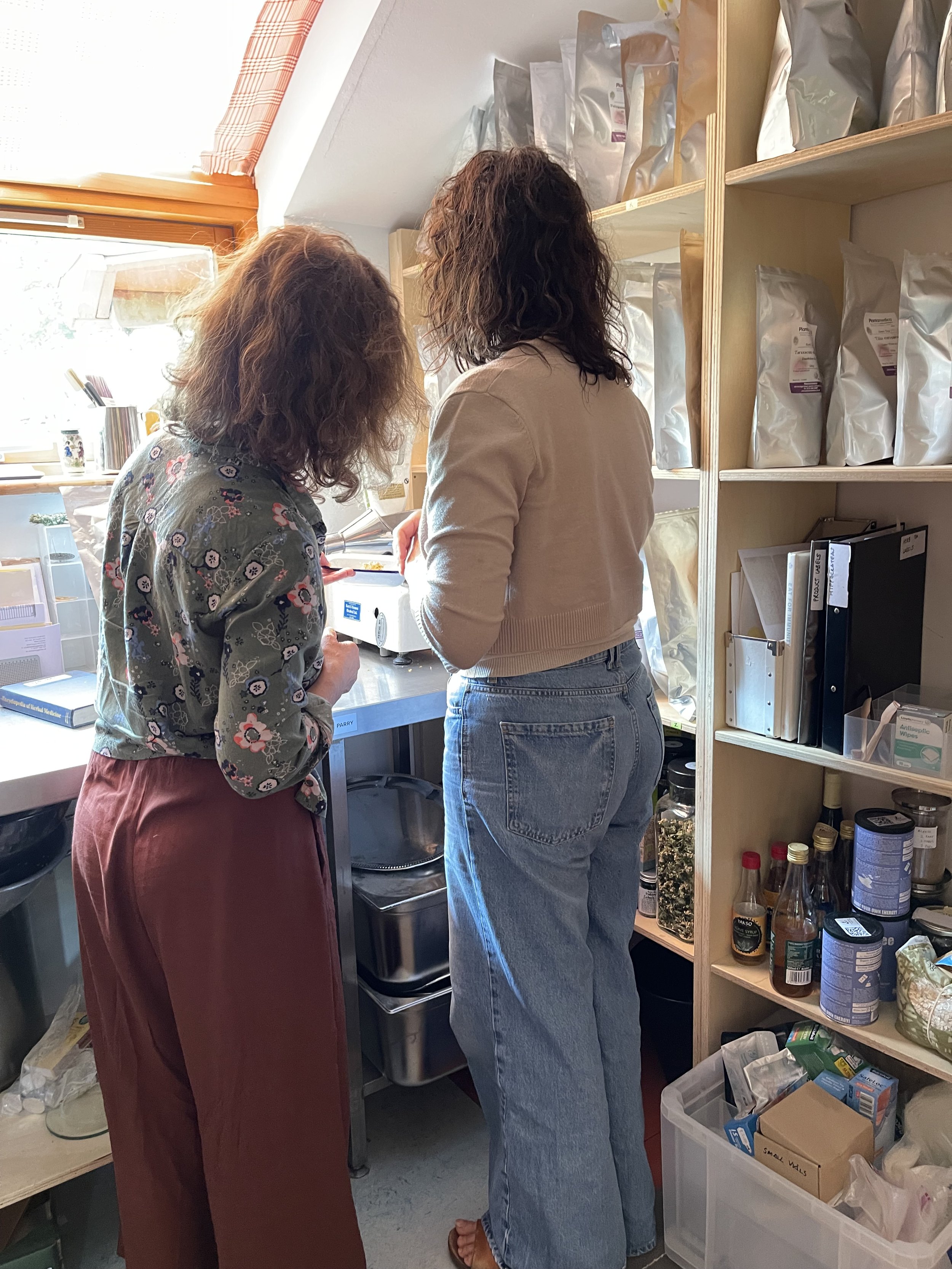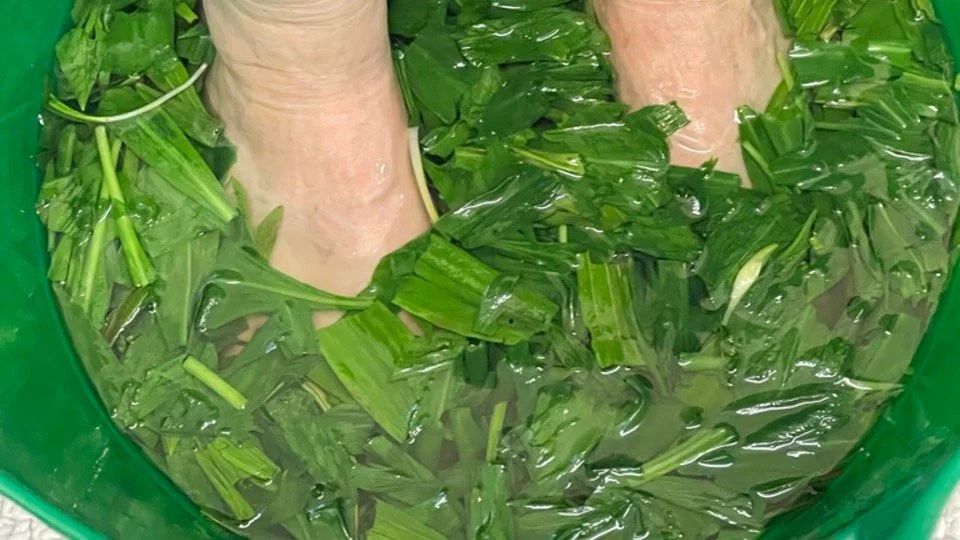The Ecology of Disease is a new way of looking at pathology developed by Dr Nic Rowley.
Natural health and herbal medicine treatment protocols will be taught by Kirsten Hartvig ND, who is a naturopath, medical herbalist, and nutritionist, passionate about using easily accessible foods and herbs to prevent disease and regain good health.
Together, Nic and Kirsten have run retreats and workshops in France, Denmark and the UK. They were both part of creating Heartwood Herbal Education.
This is a rare opportunity to learn directly from them. Read more about Nic and Kirsten further down.
Who is it for?
Prior knowledge is needed for this course, either from having taken Year 1 with us, or by having a similar general (level 3) understanding of the human ecosystem and natural health.
It is for natural health practitioners, students, garden and nature enthusiasts, and everyone who wants to deepen their knowledge and experience of natural forces, health and healing.
Payment
One fee of £2750. (Board and lodging not included).
Let us know if you would prefer to pay in 8 instalments of £375.
There will be practical, hands-on sessions both Saturday and Sunday.
GUEST LECTURERS will join us on some of the units.
Dr Nic Rowley, MA, MRCS (Eng), LRCP, PGCE, Lic Ac, read medicine at Trinity College Cambridge, and completed his clinical training at the Royal Free Hospital, London.
As well as running holistic medical practices in Kent and West Sussex, he has played a significant role in the raising of educational and regulatory standards of complementary and alternative medicine in the UK. As academic vice principal of the European School of Osteopathy, he devised and authored the UK's first classified honours degree program in complementary medicine to be validated by an established university. He was thus closely involved in the process that lead to Osteopathy being recognised as an independent, self-regulating profession governed by statute in Britain, a model that has subsequently been developed within other complementary medical disciplines. He was also Dean of Studies at the School of Herbal medicine, and guest lecturer and examiner at several major colleges of alternative medicine including the International College of Oriental Medicine and the College of Homeopathy.
Nic is author of several books including Basic Clinical Science (an overview of orthodox clinical science for students of alternative medicine) and Hands On (a manual of clinical skills), and has sat on external degree academic validation panels for various universities, including the University of Wales, overseeing the validation of courses at diploma, degree, and Master's level for schools of complementary medicine both in Britain and Europe. He has a particular interest in the therapeutic use of music, and holds a teaching qualification (PGCE) from the Institute of Education, University of London. Nic was the architect Heartwood Herbal Education.
Kirsten Hartvig ND, MNIMH, DipPhyt trained at the School of Herbal Medicine, Tunbridge Well, and the College of Naturopathy and Osteopathy in London. She is an acclaimed nutritionist, medical herbalist, and registered naturopath practising in The Rachel Carson Centre, Emerson College. She is director of the Healing Garden, and the author of 14 books on natural health, including Eat for Immunity, Healing Spices, and Healing Berries. Kirsten leads monthly herb walks starting from Emerson College, and gives talks and workshops on natural health in practice.
Kirsten teaches materia medica and food as medicine at the Nordic College of Natural Medicine in Denmark, where she also was a government advisor on herbal medicine and natural health, and part of the Danish Health Authority’s Council for Alternative Medicine. Kirsten has taught nutrition and dietetics at the European School of Osteopathy; she wrote the dietetics course material for the Scottish School of Herbal Medicine masters degree course, and the developed the second year materia medica material for the Heartwood Professional Course. Kirsten is part of the YouTube channel Herb Hunters, with Frances Hambly, and the Herbal Medicine Show on UK Health Radio. She is a member of the National Institute of Medical Herbalists and past president of the General Council and Register of Naturopaths.


